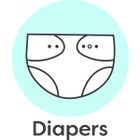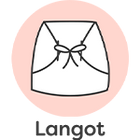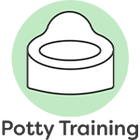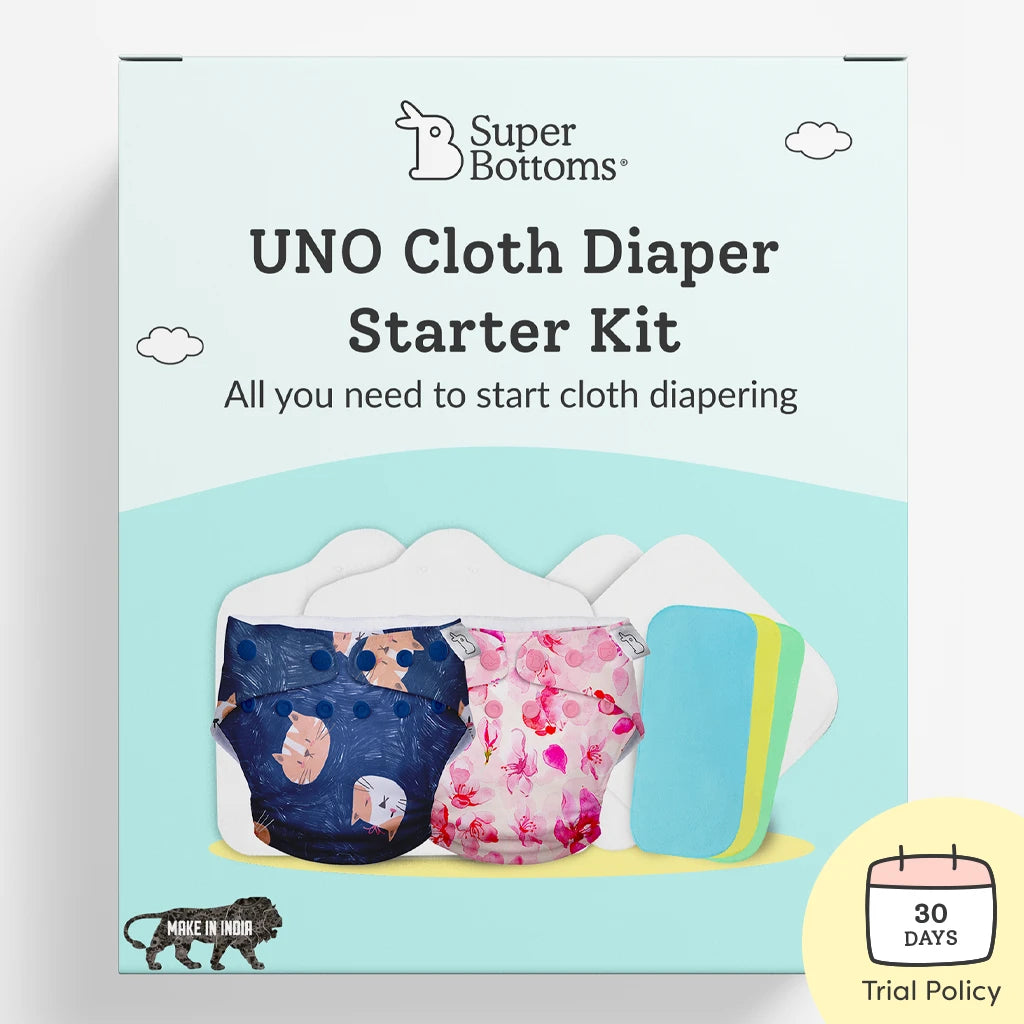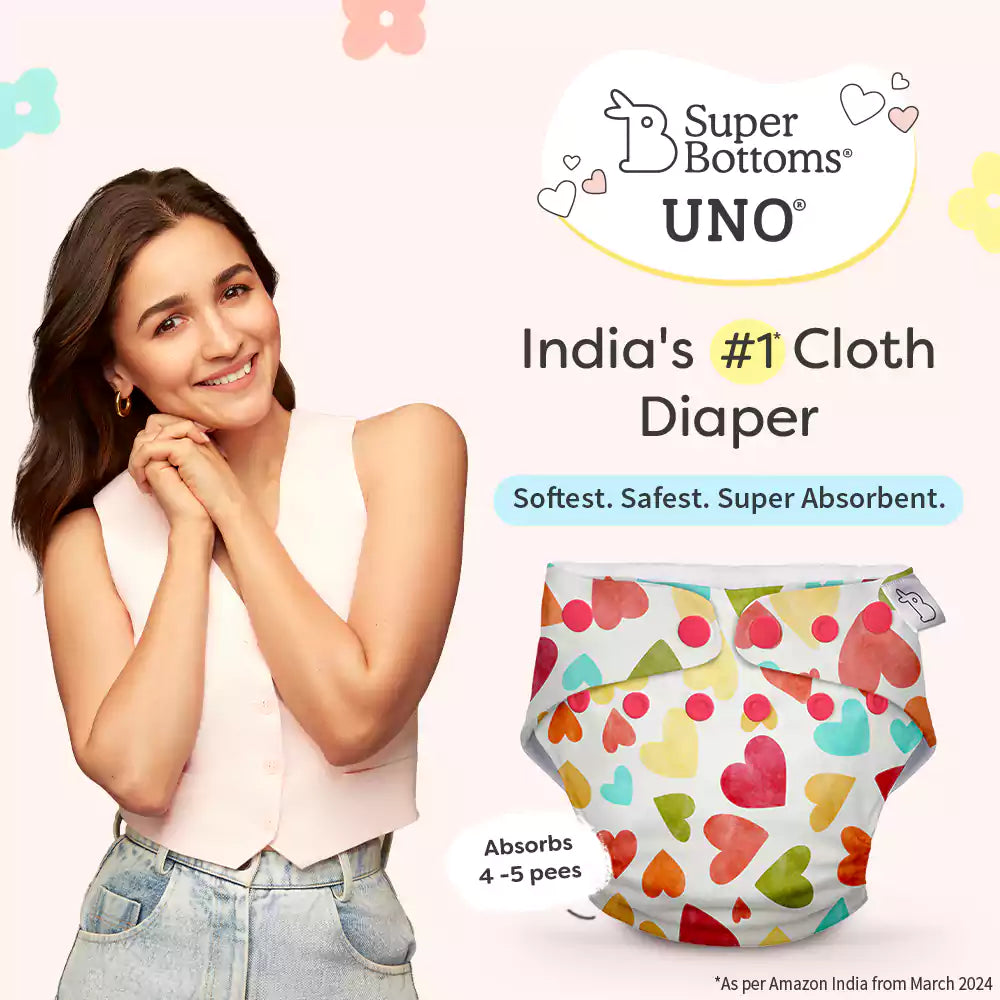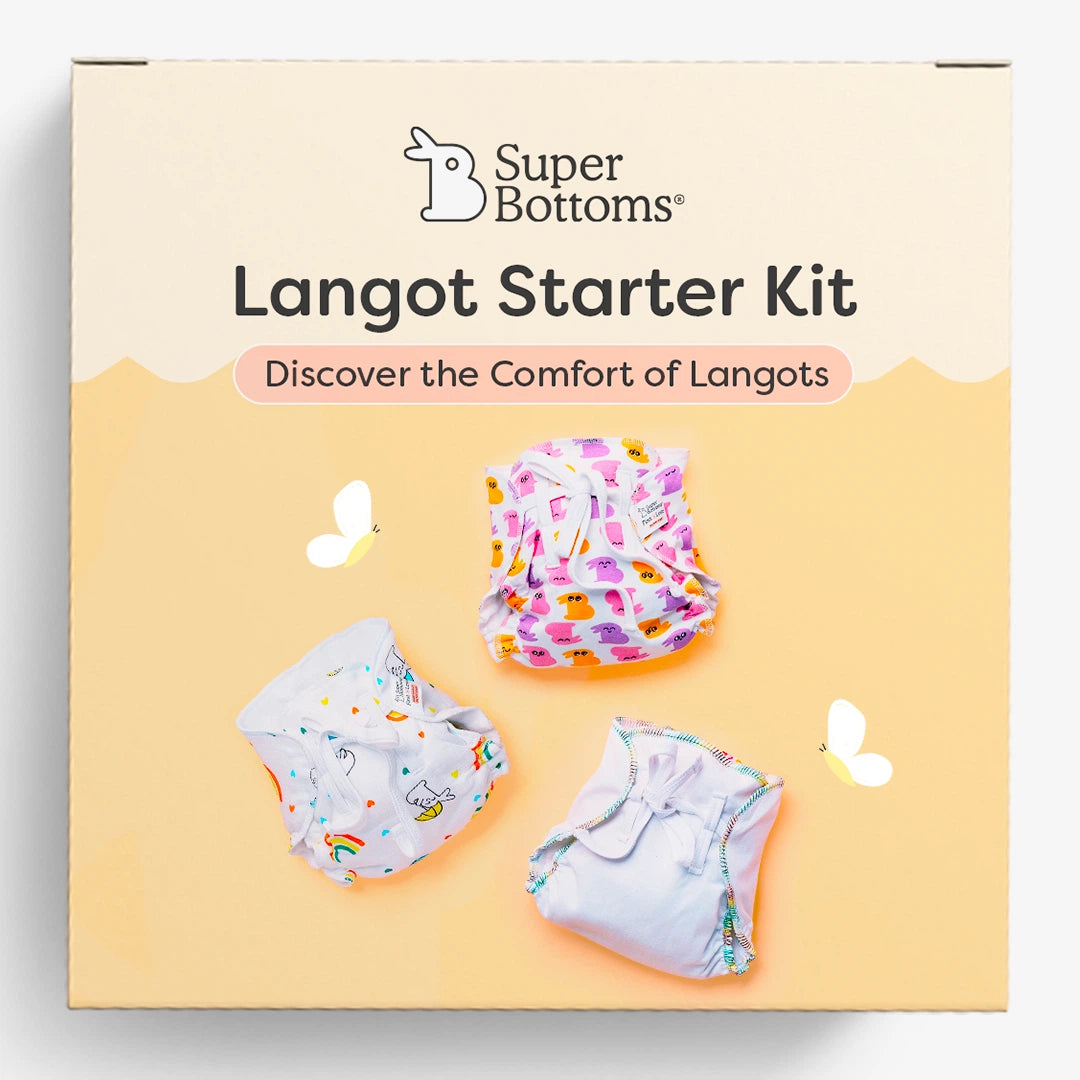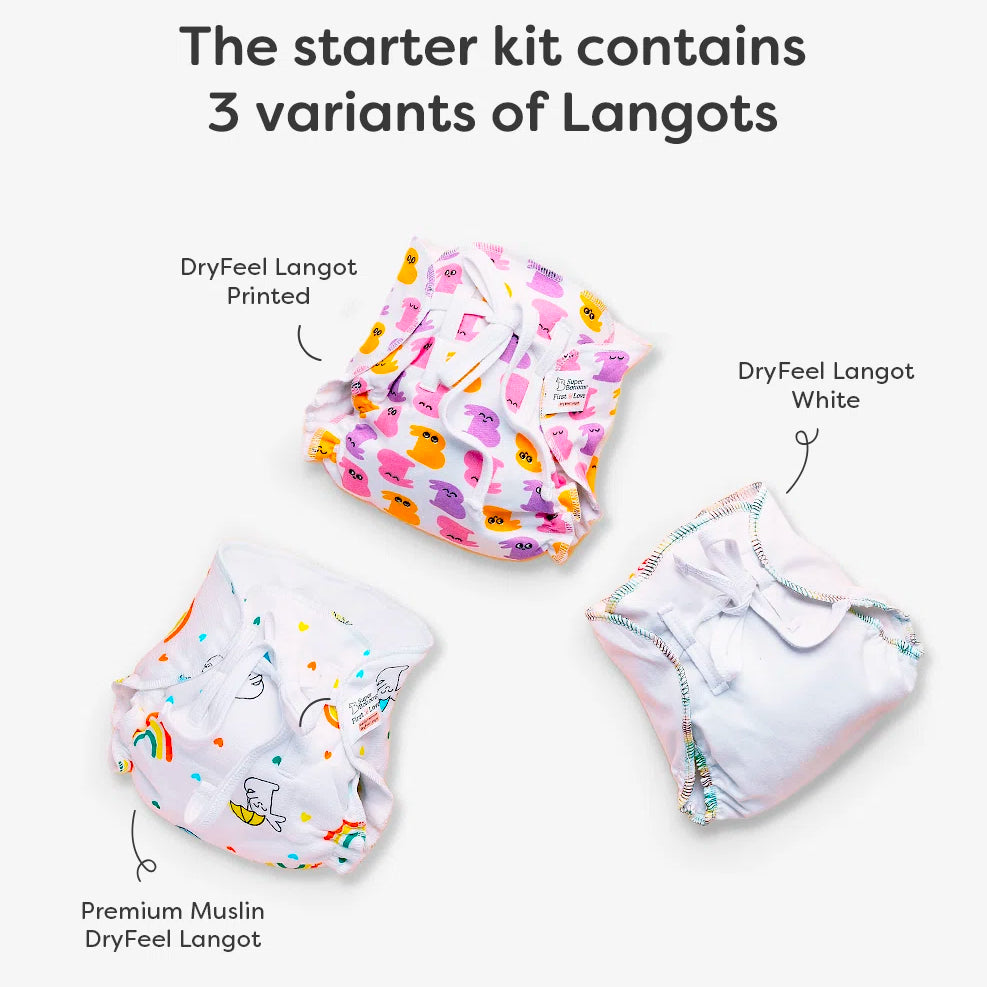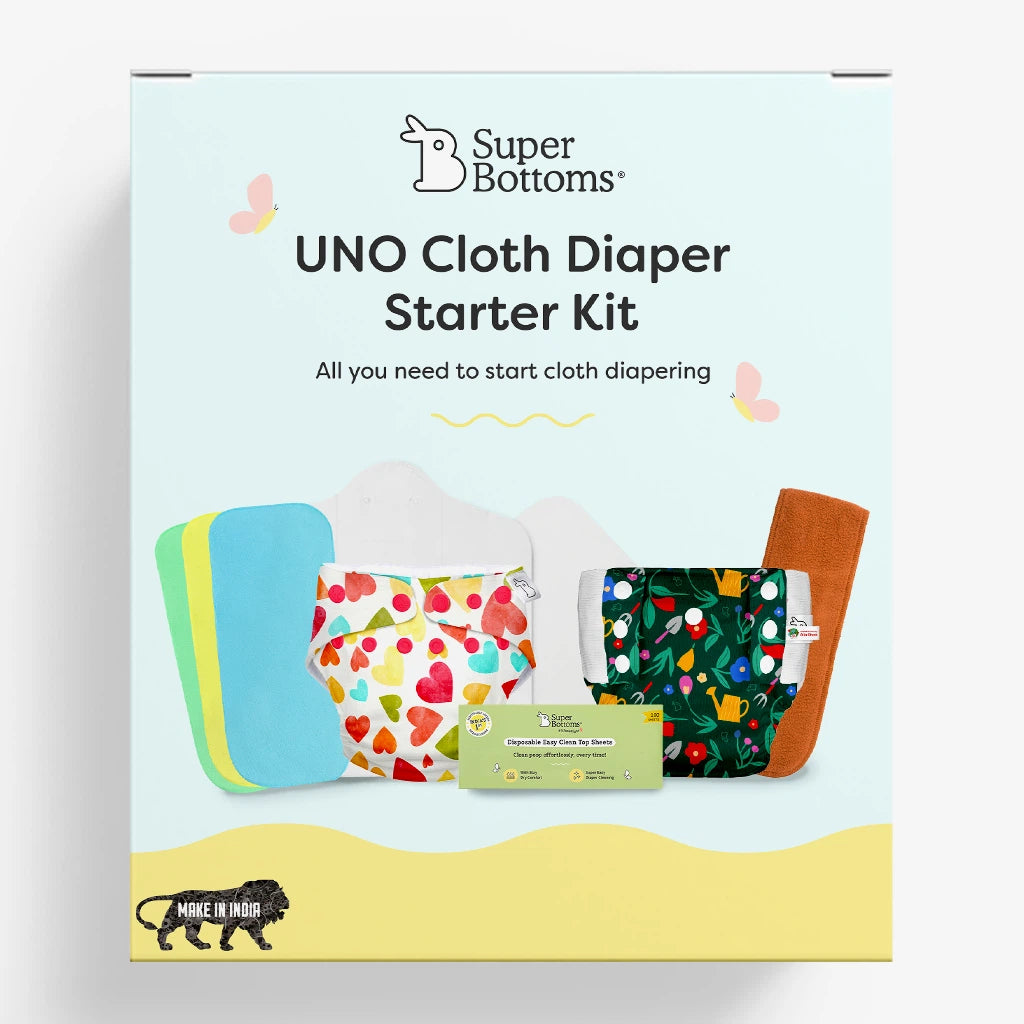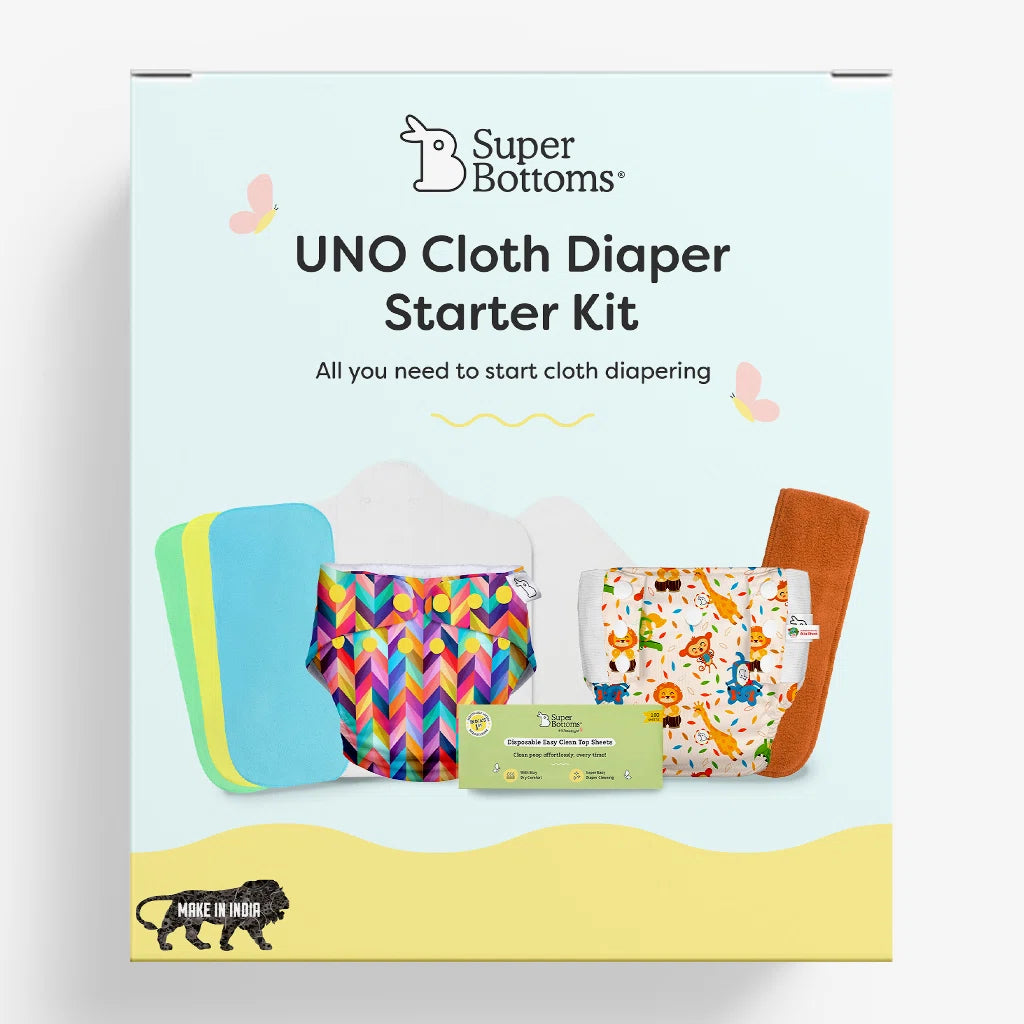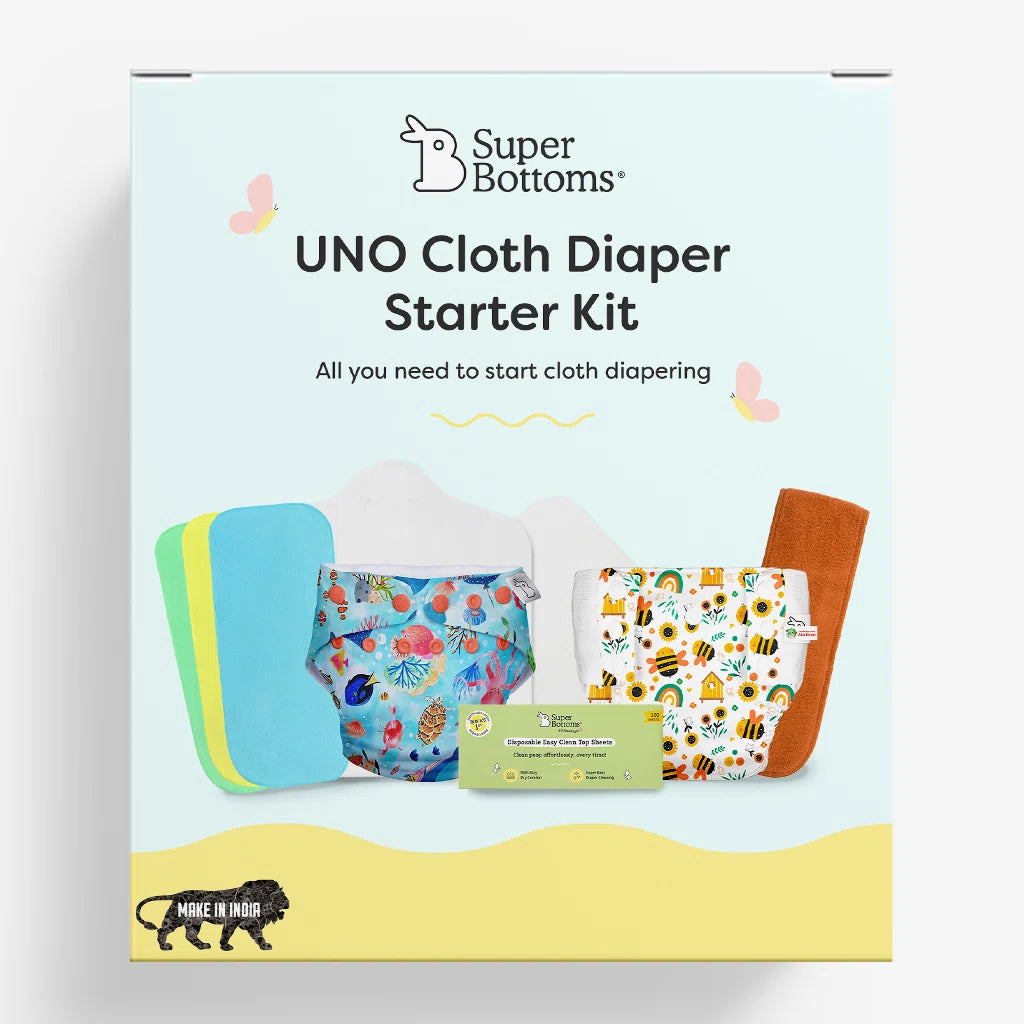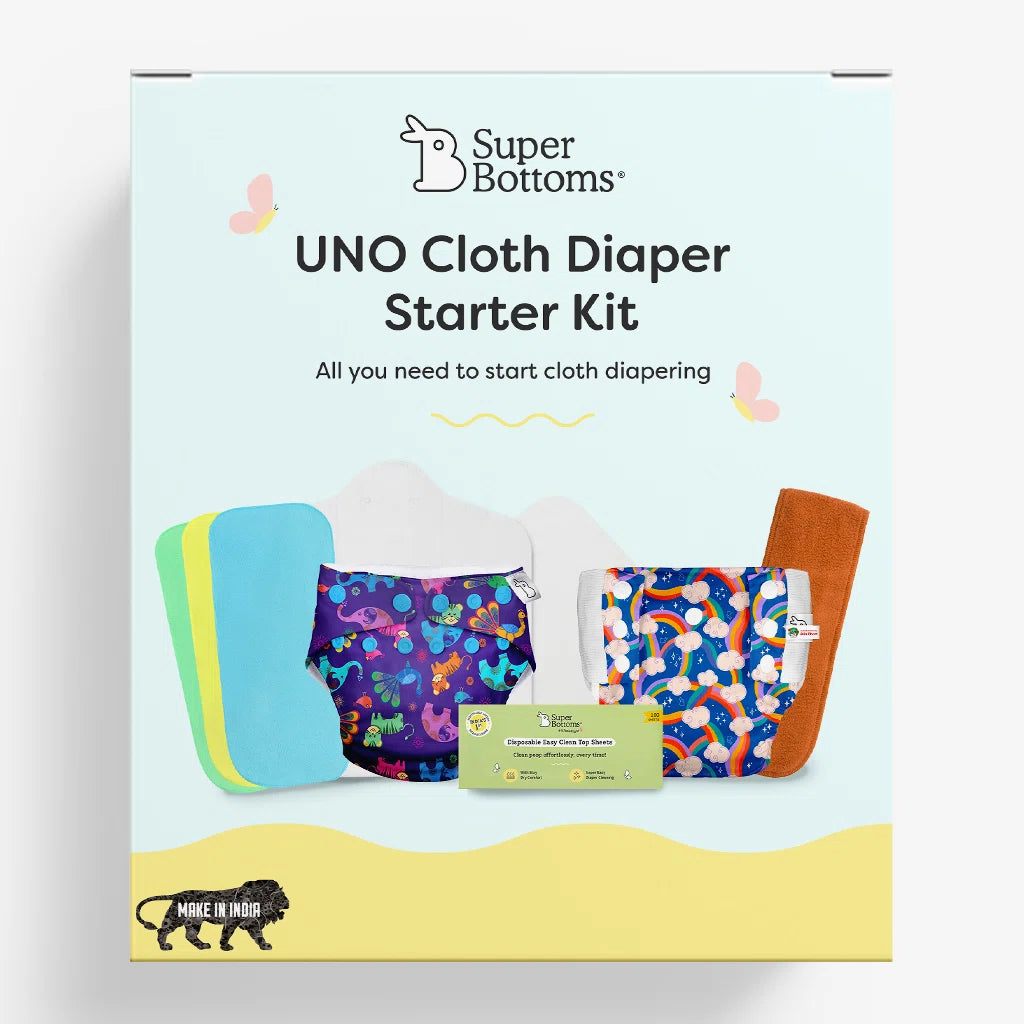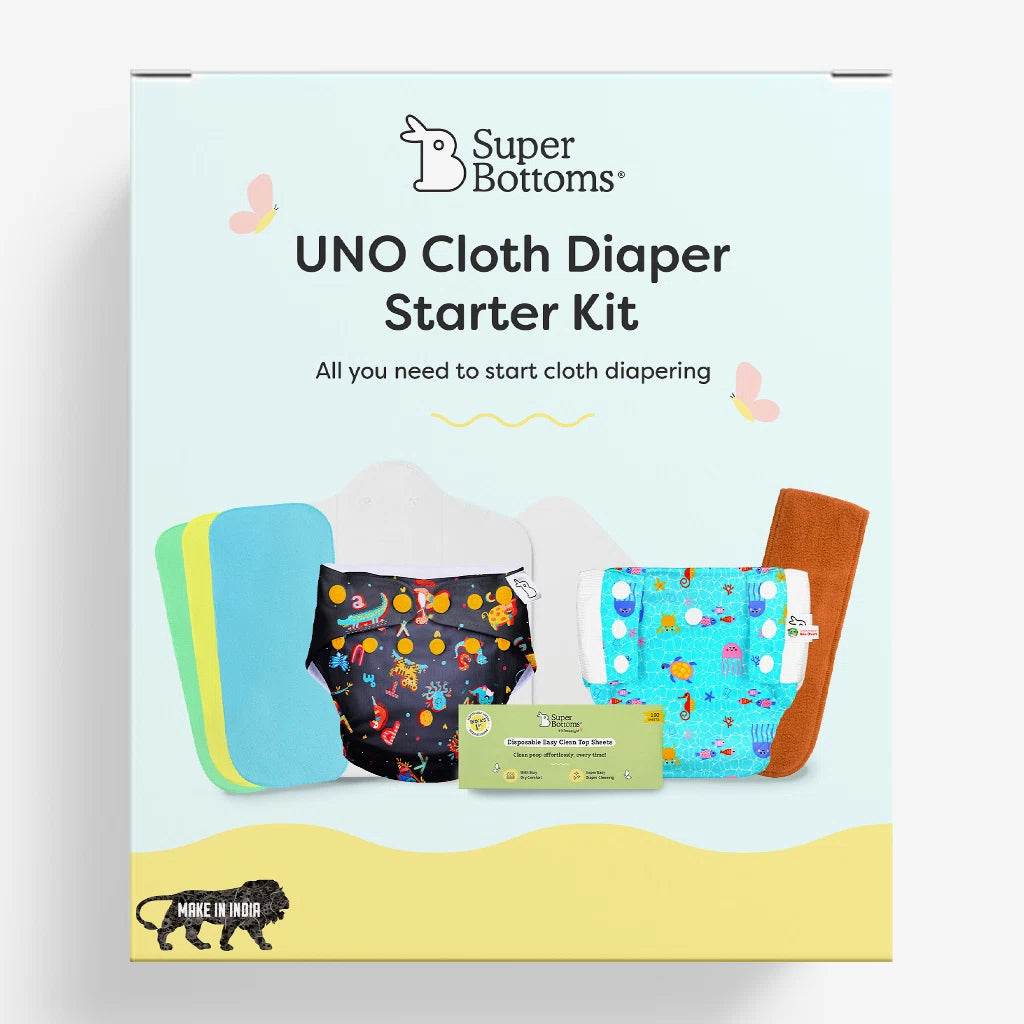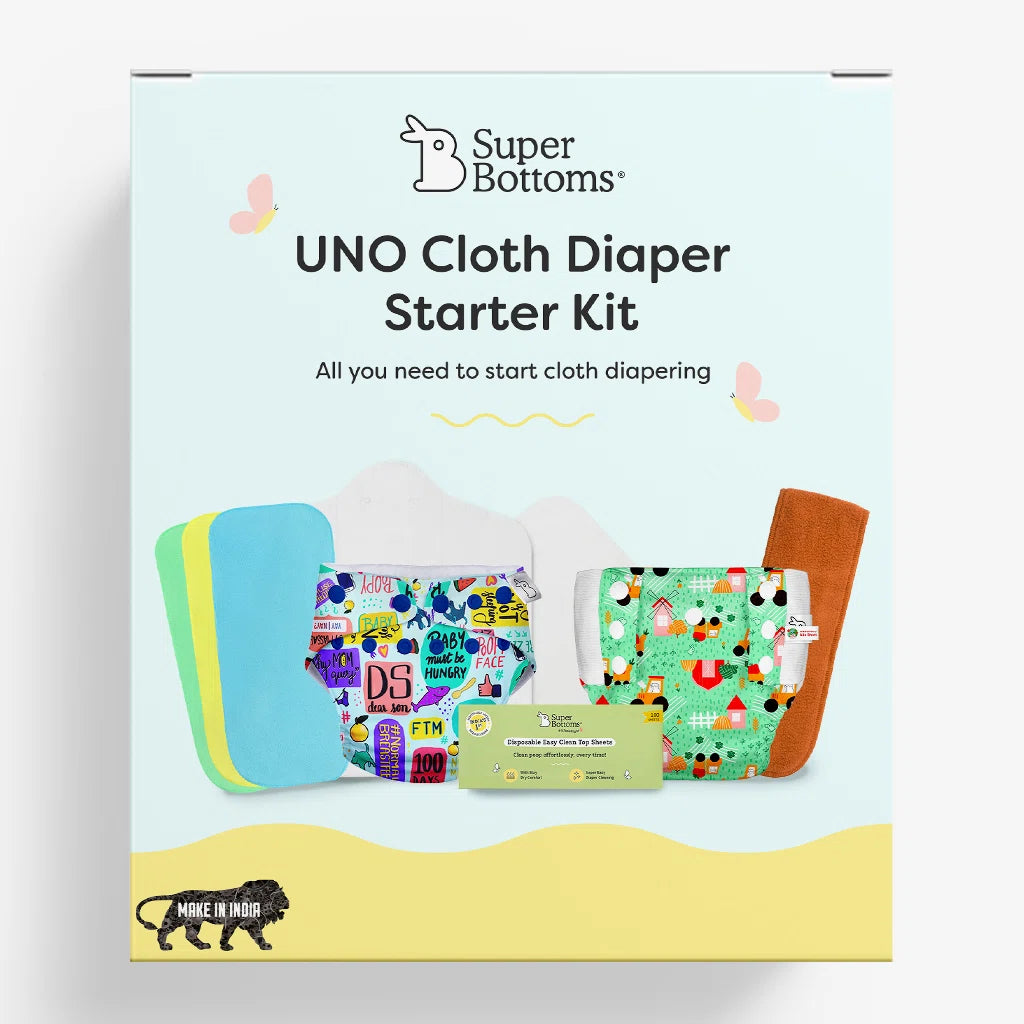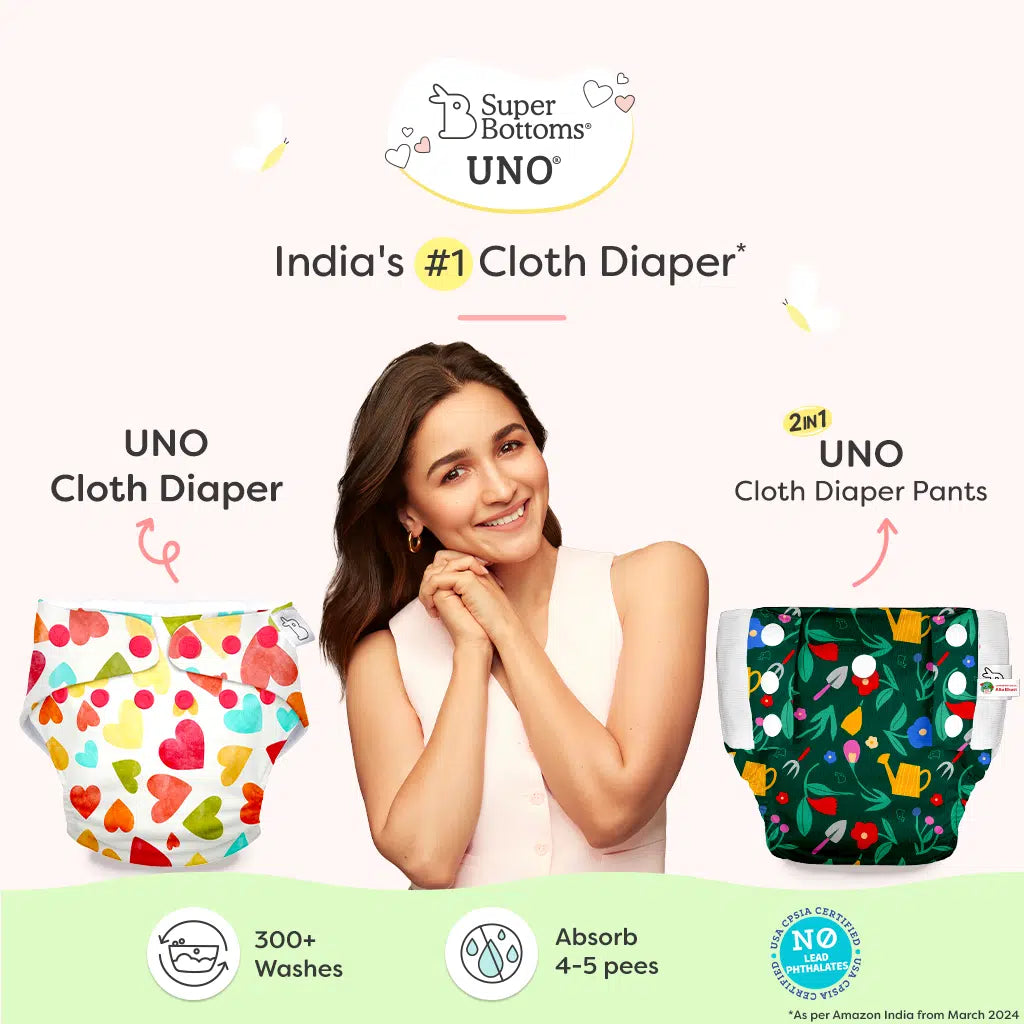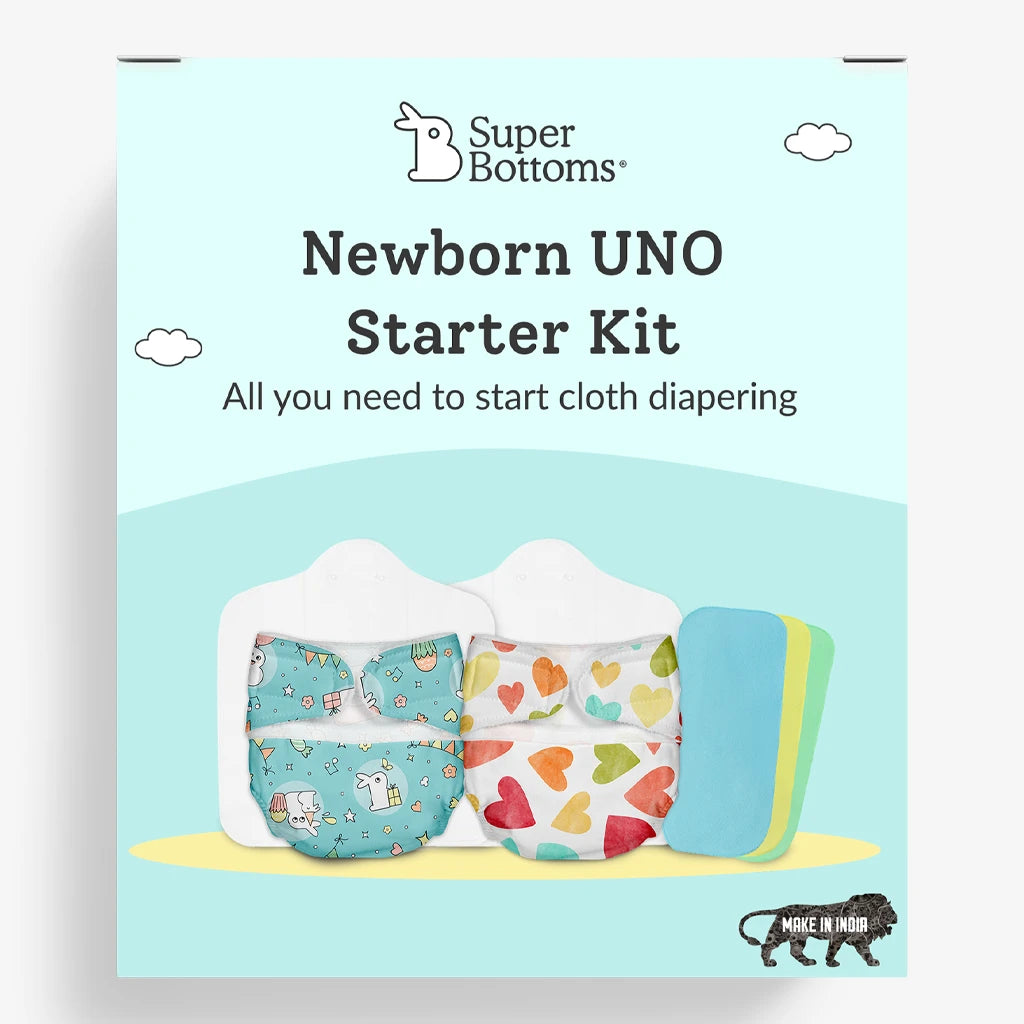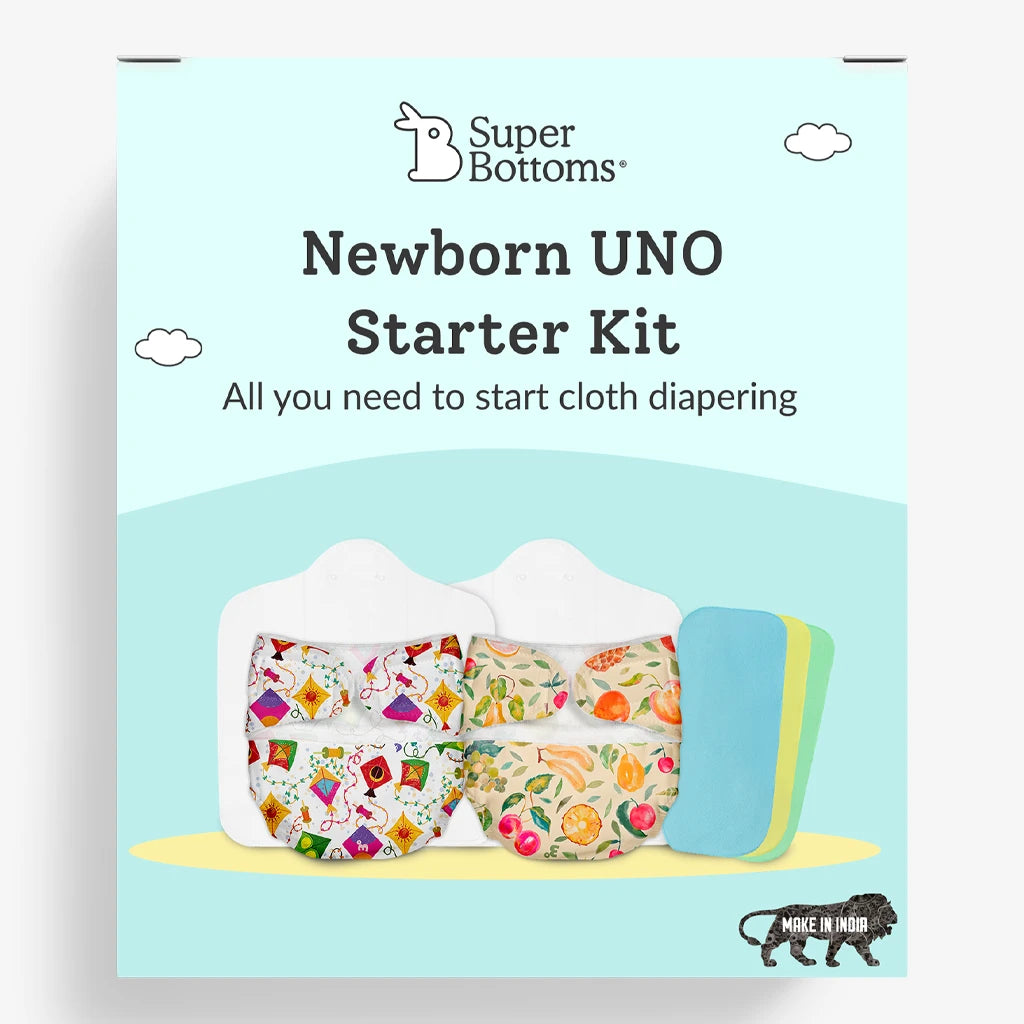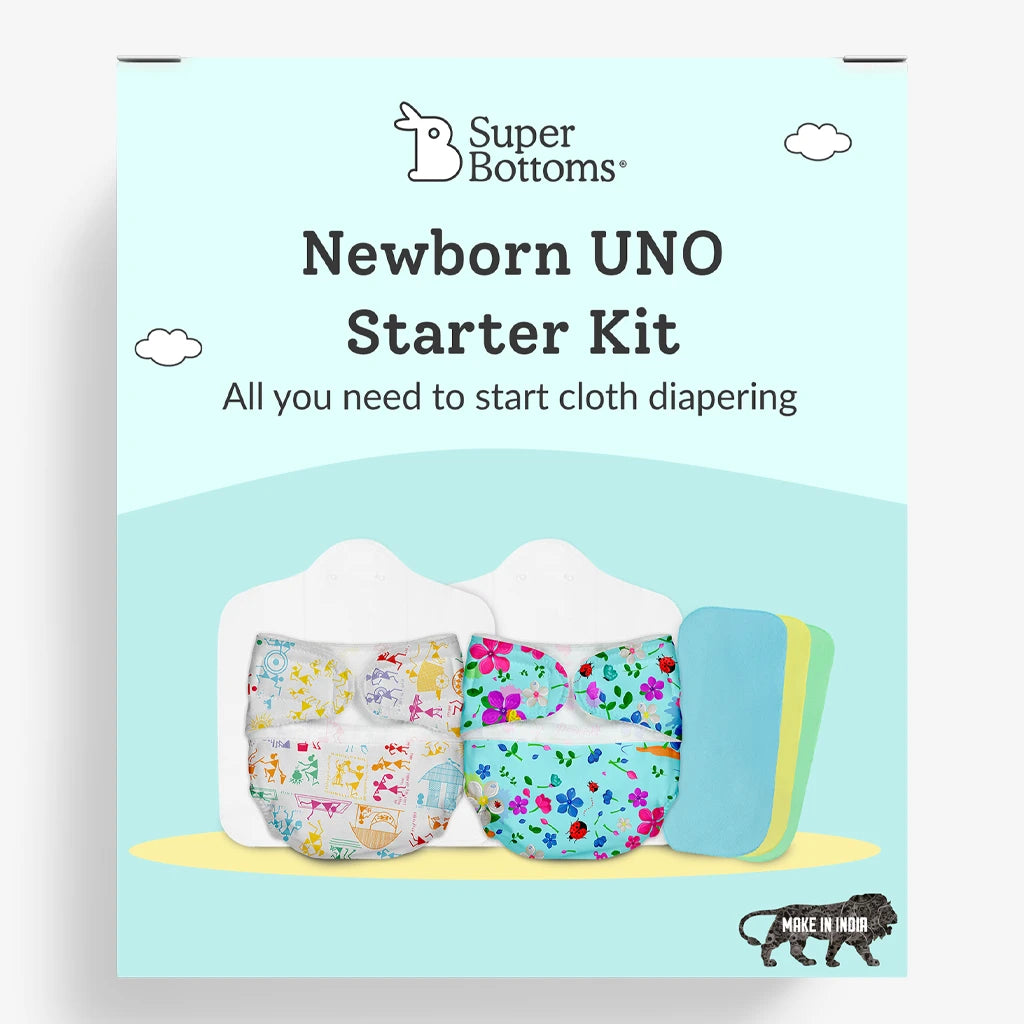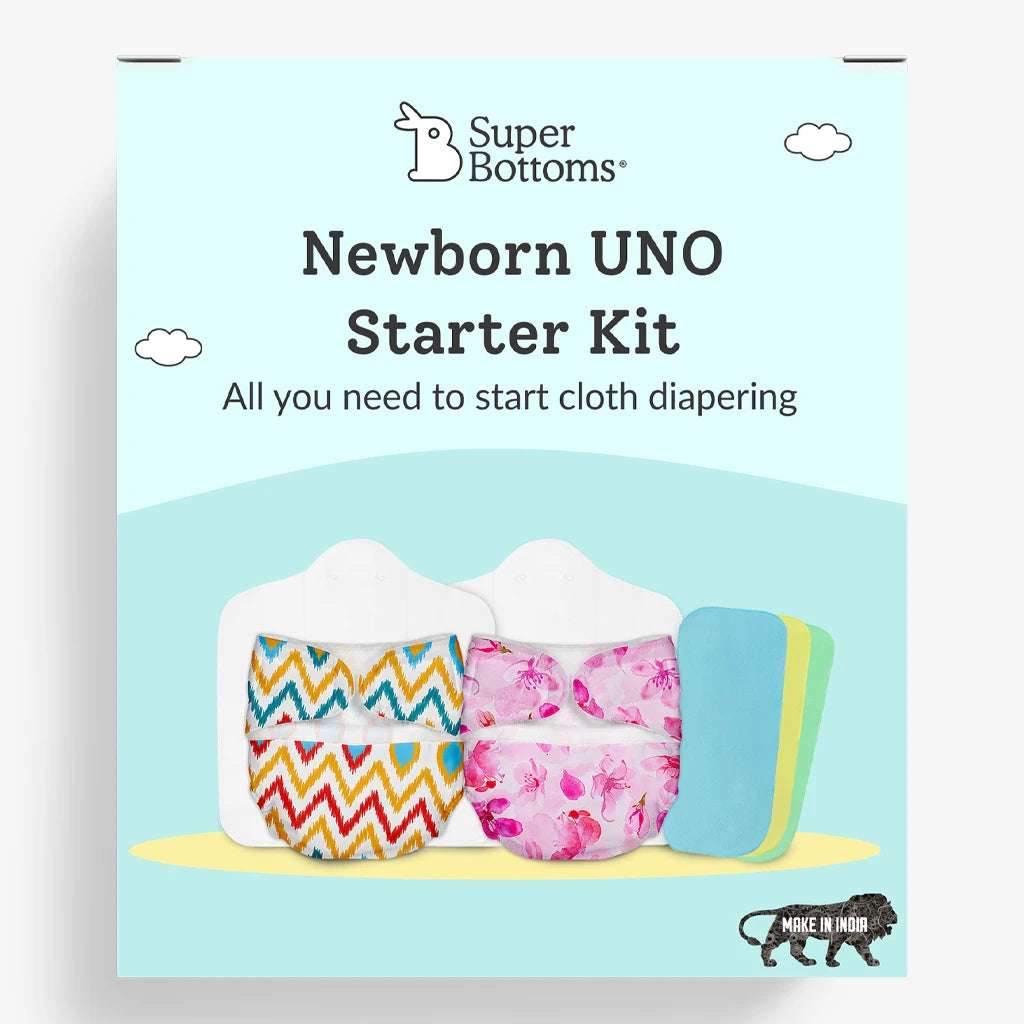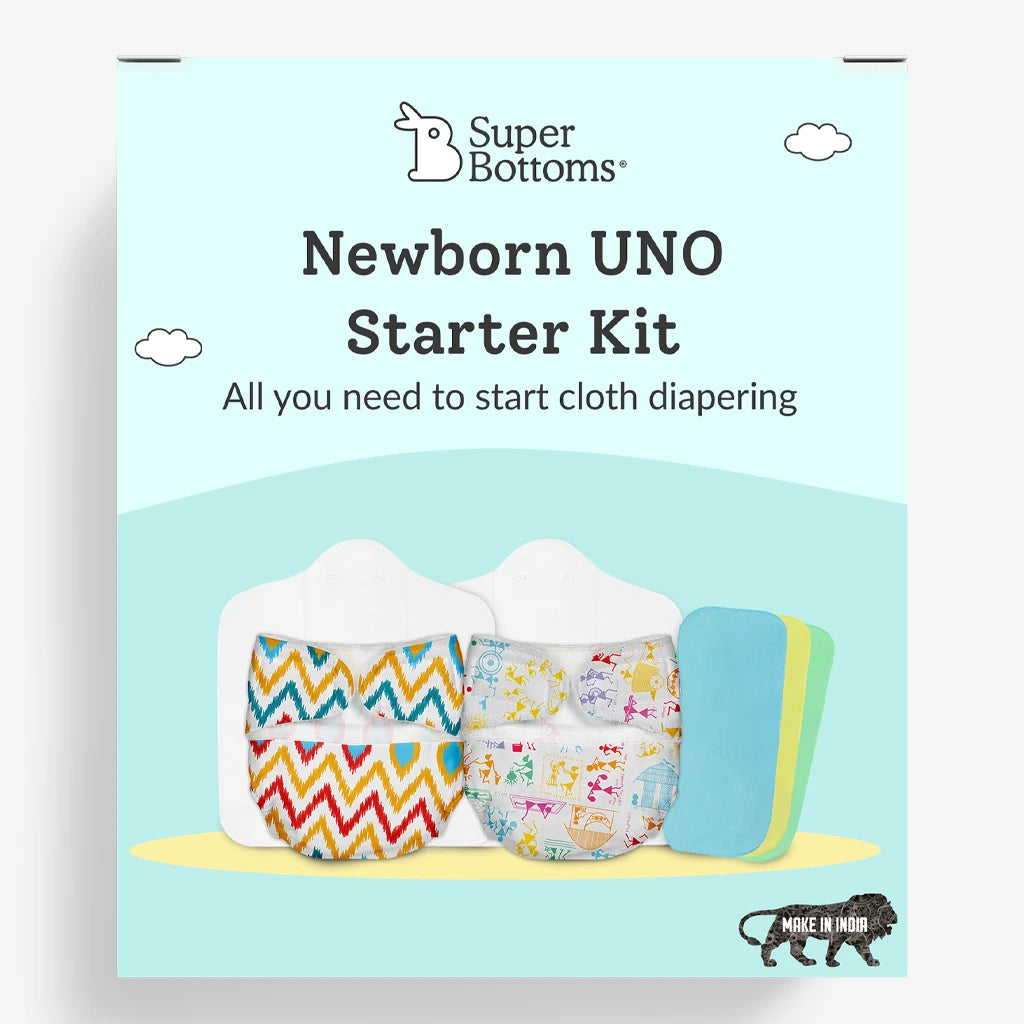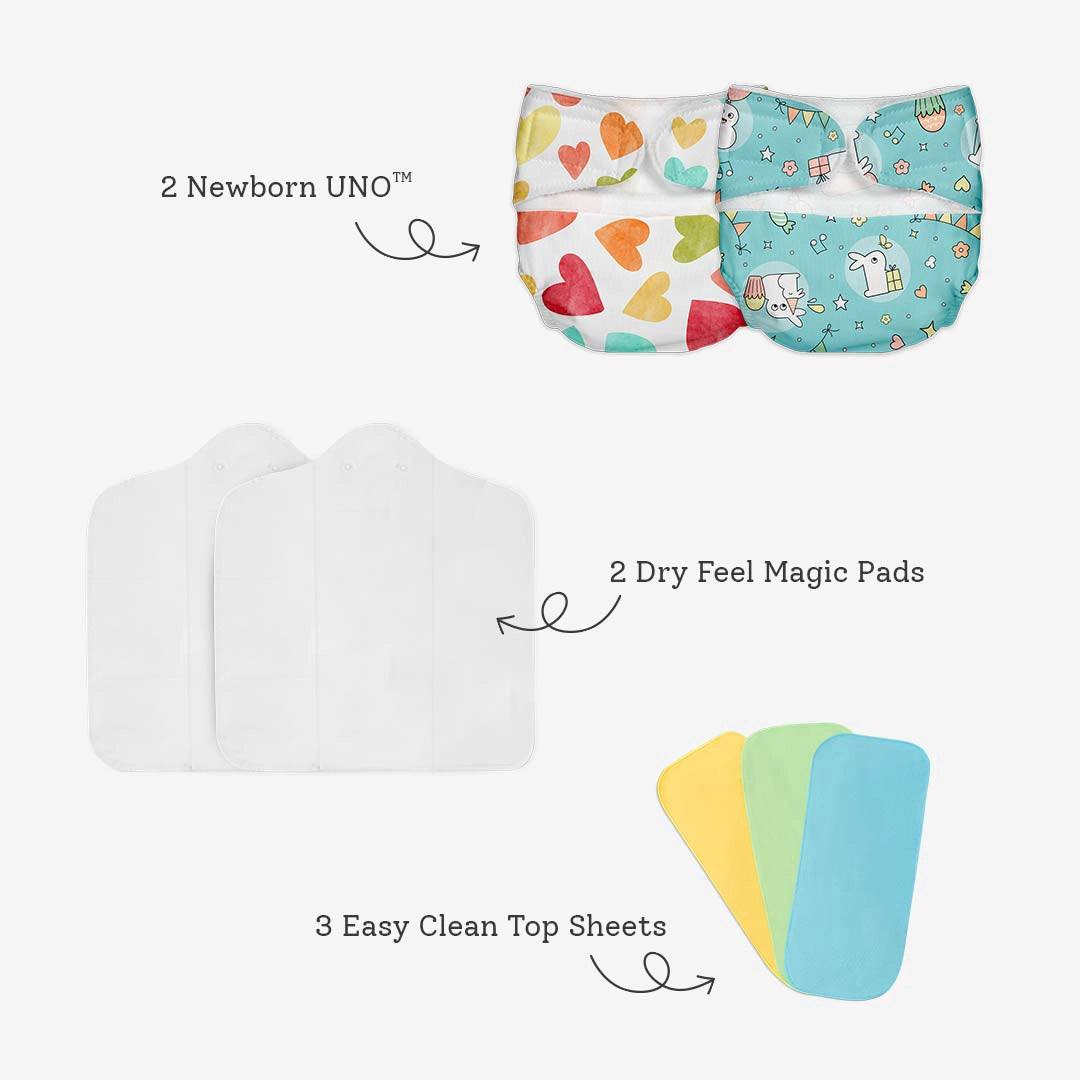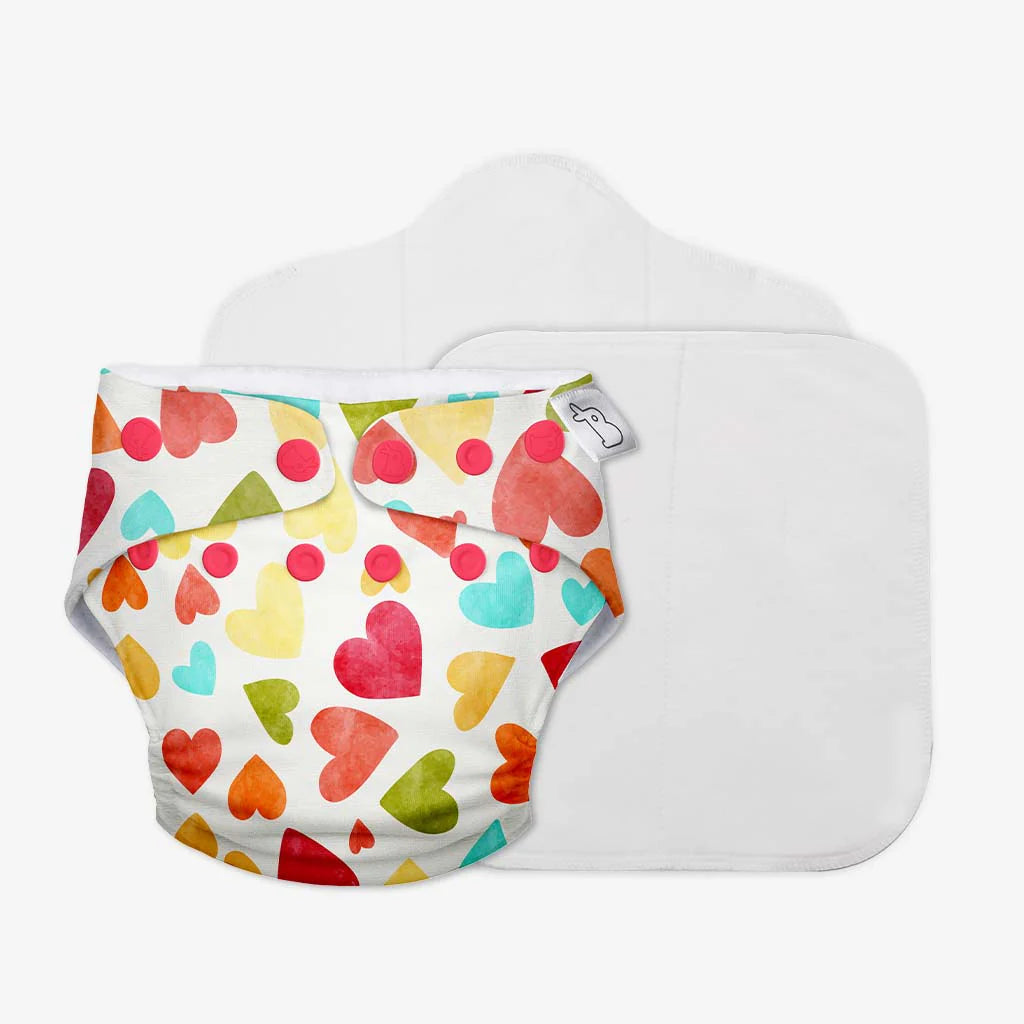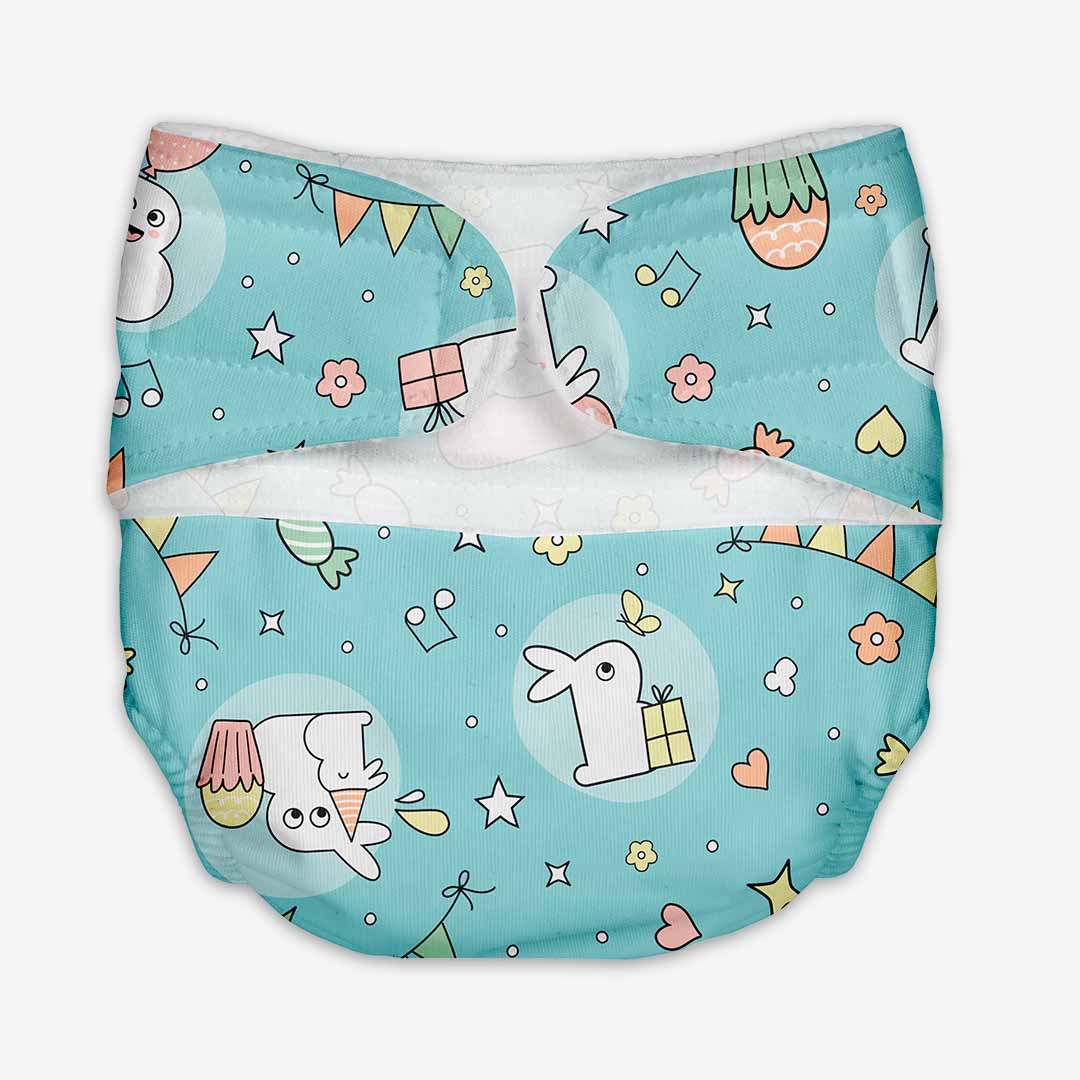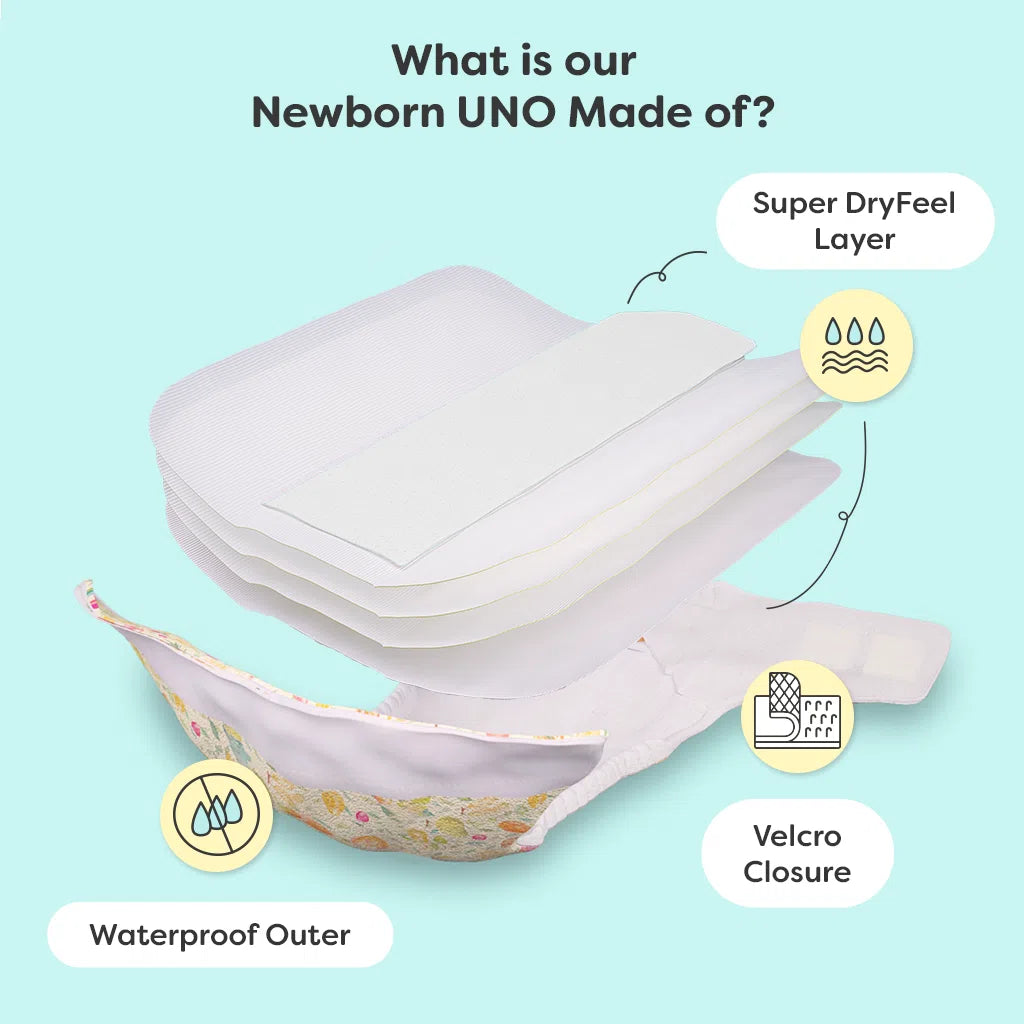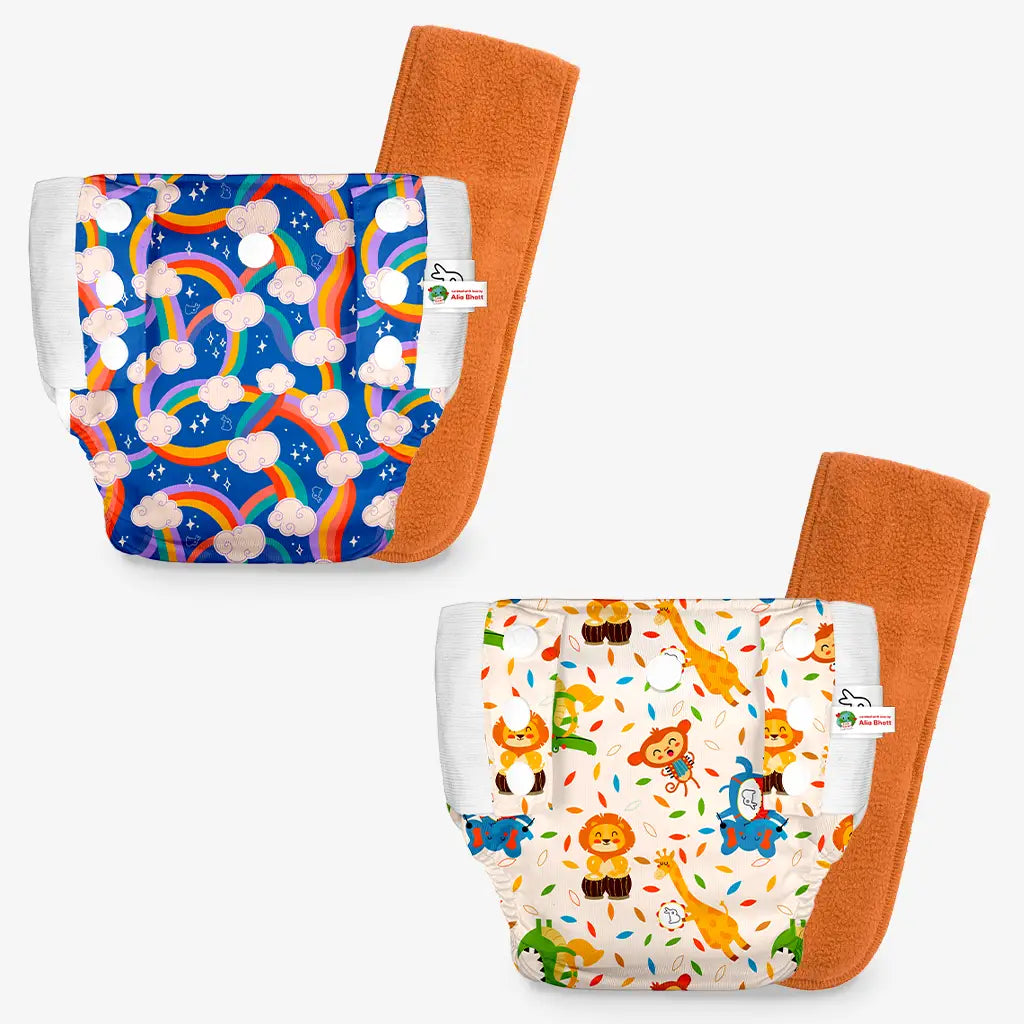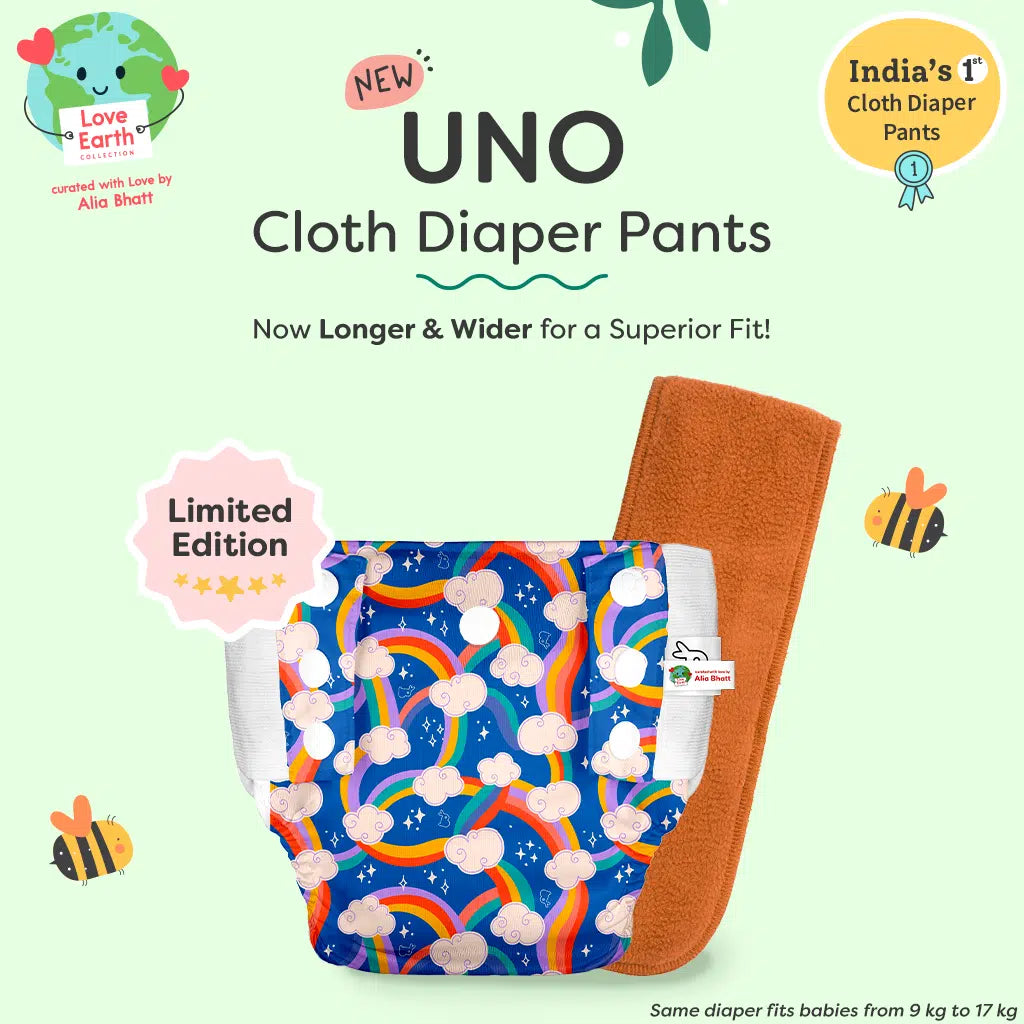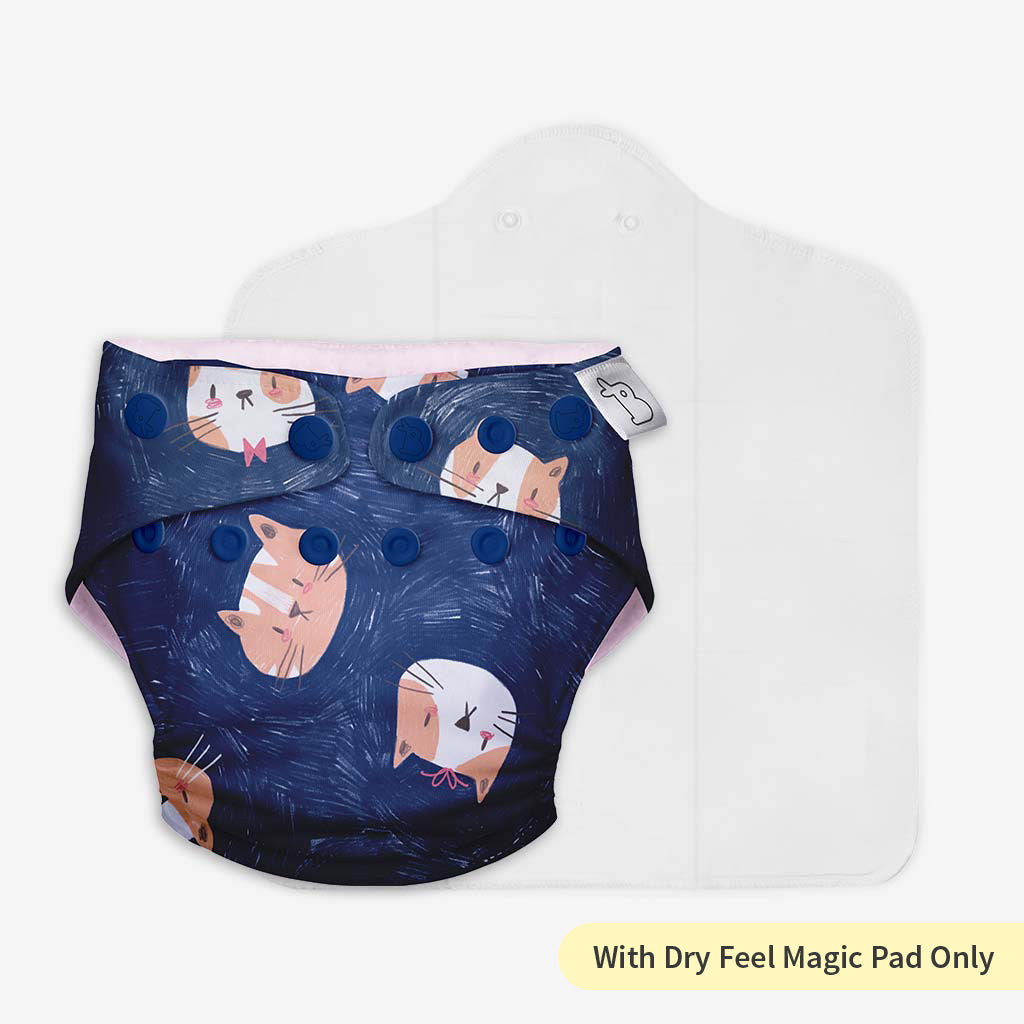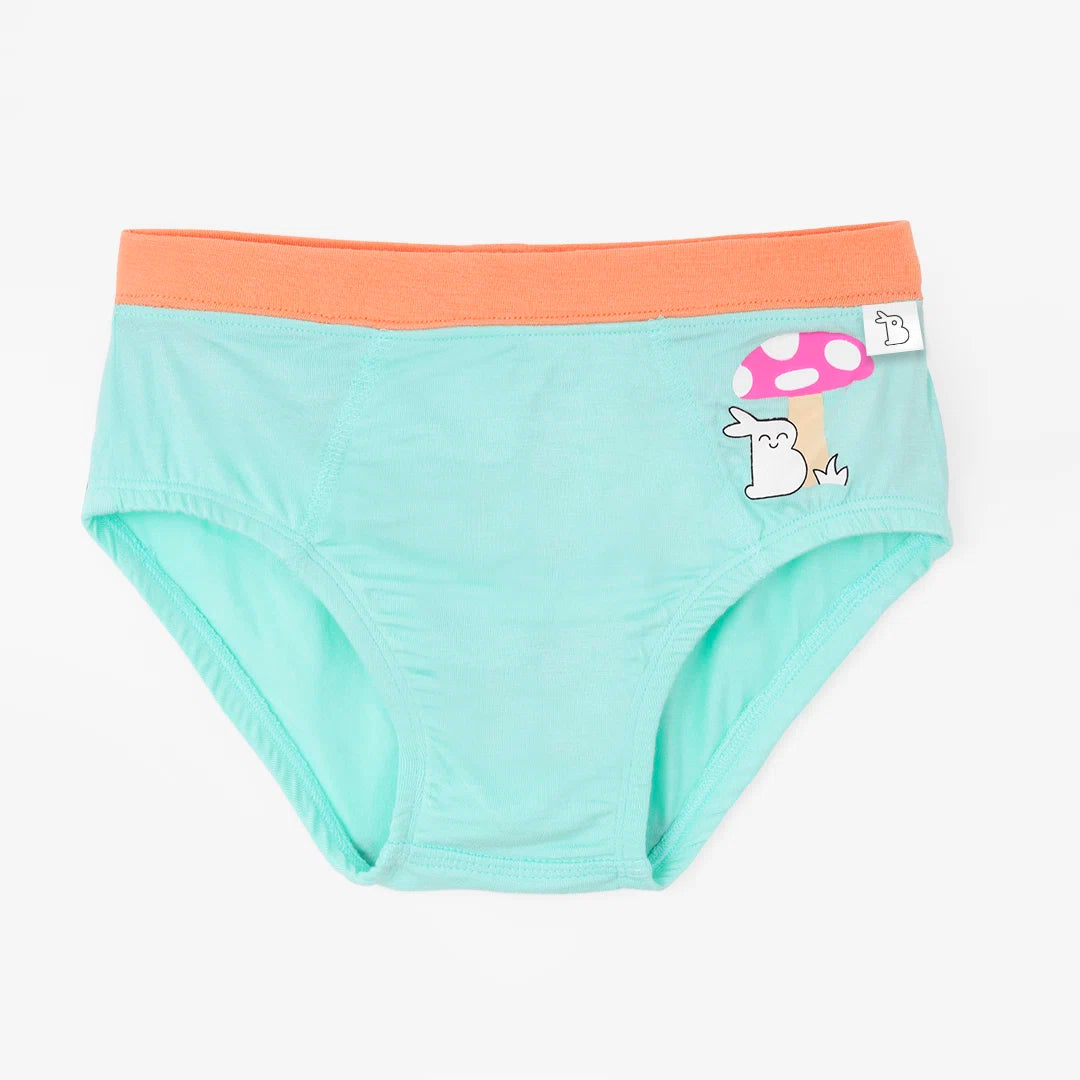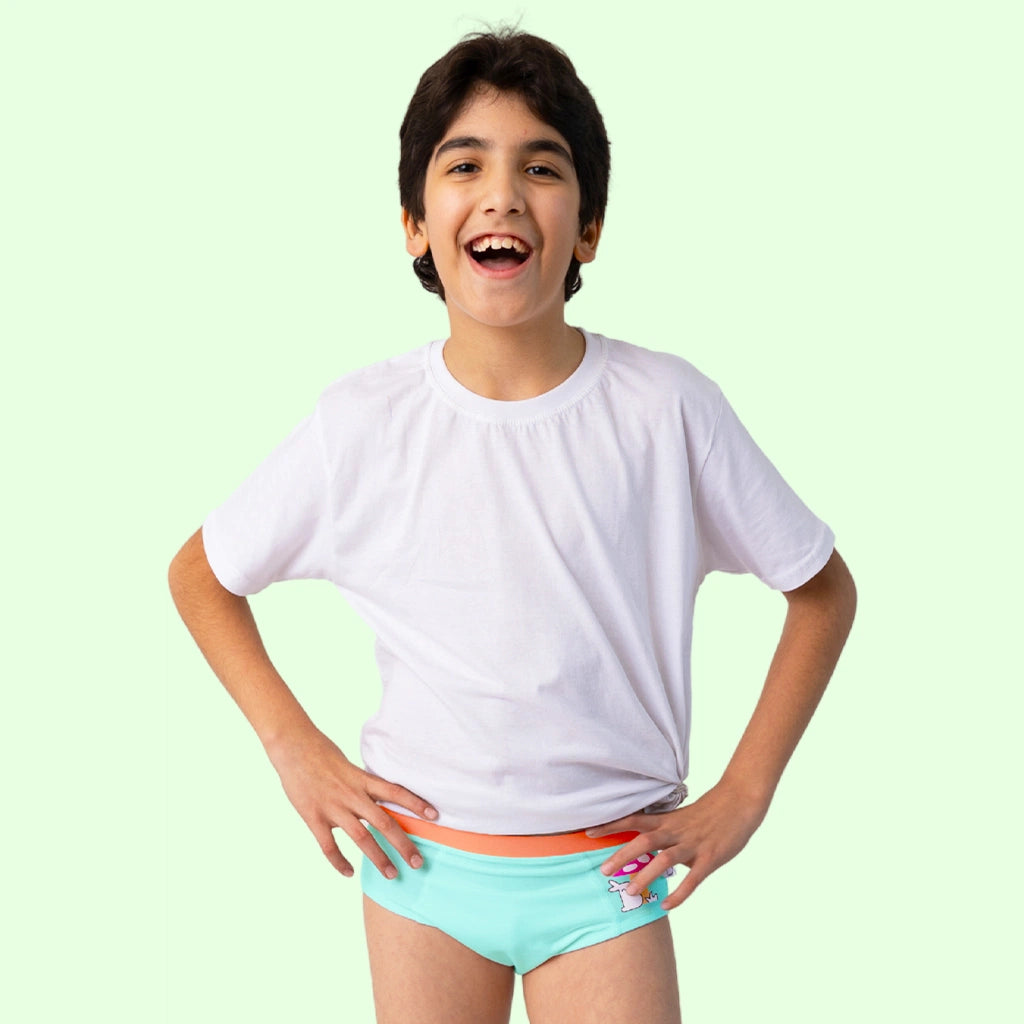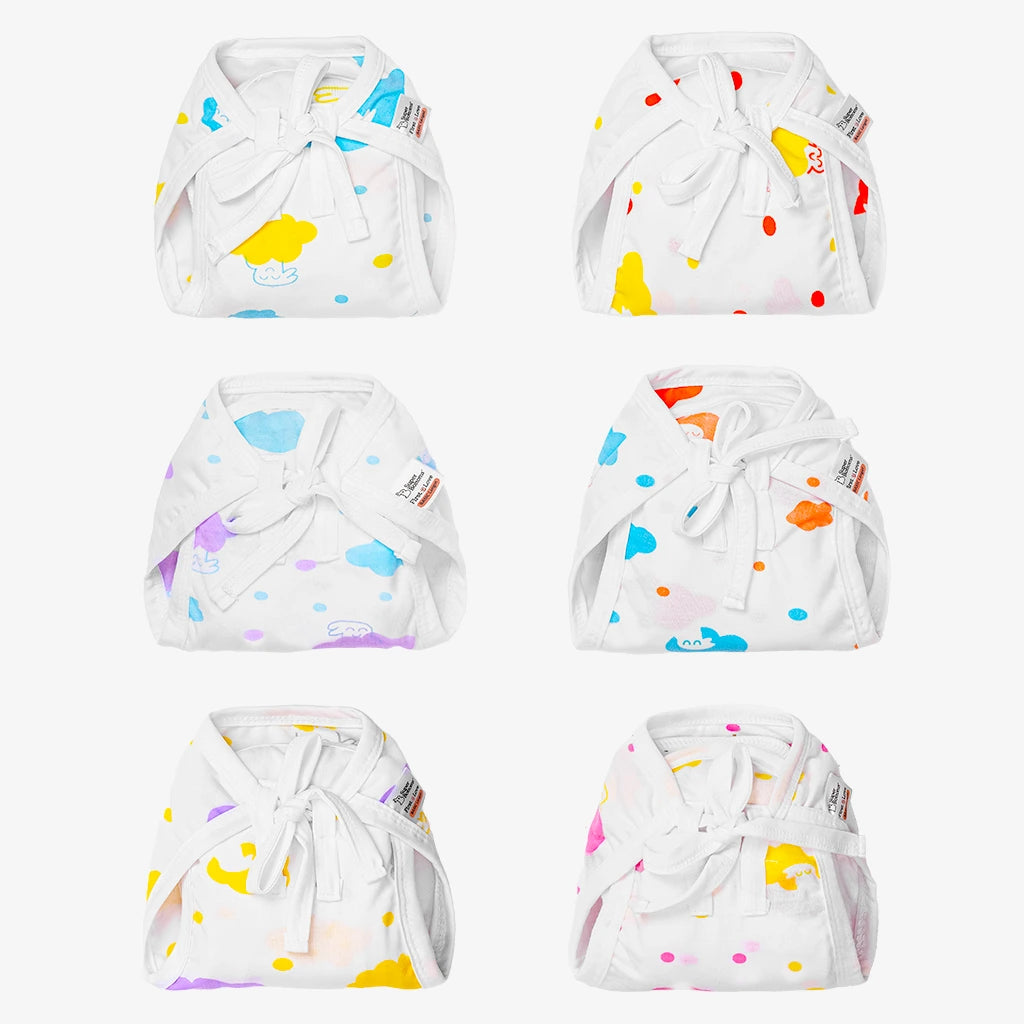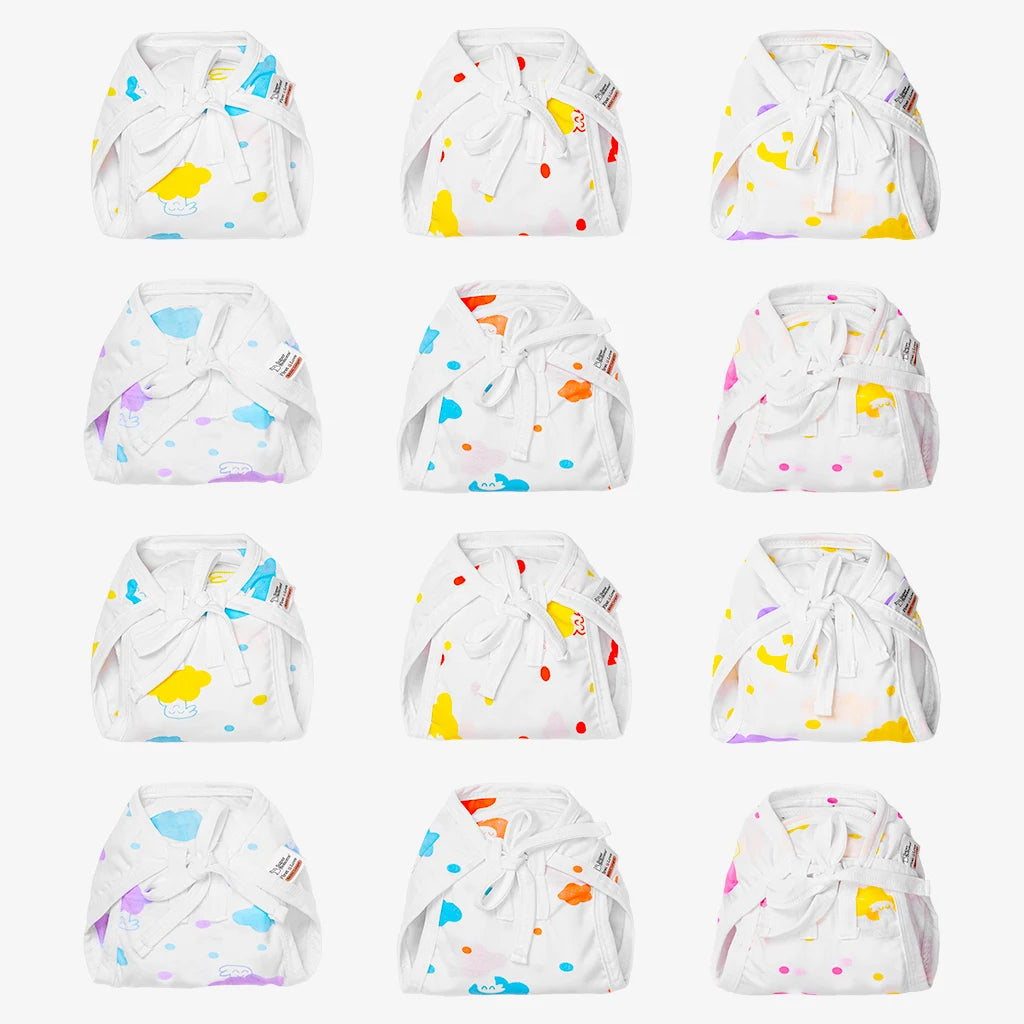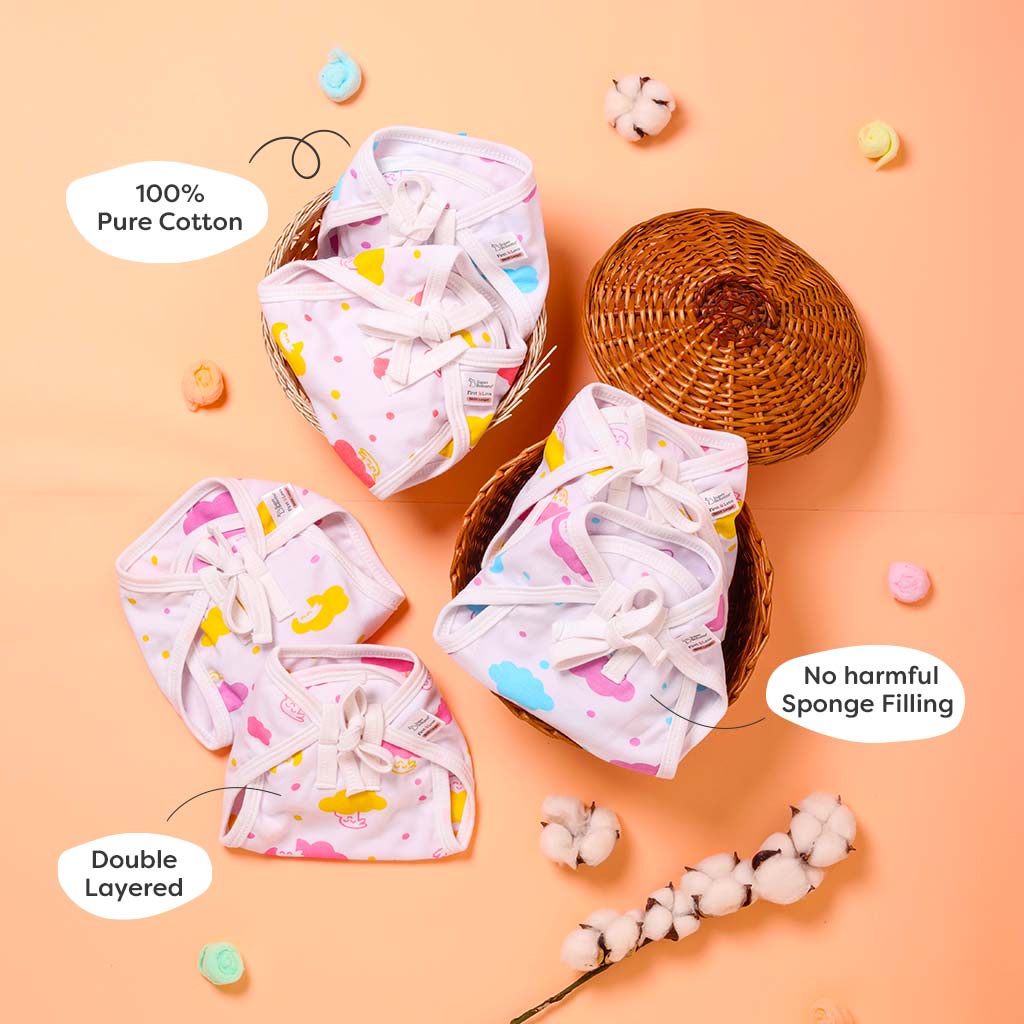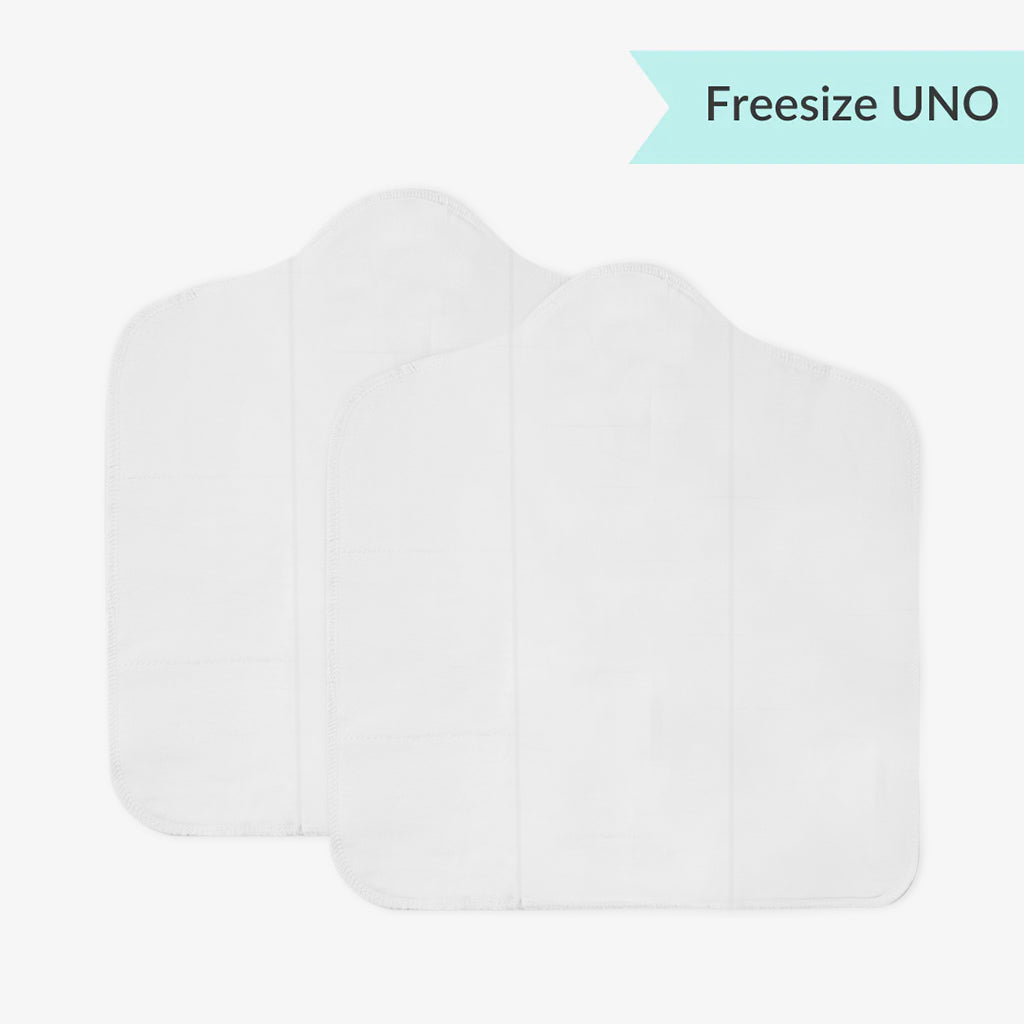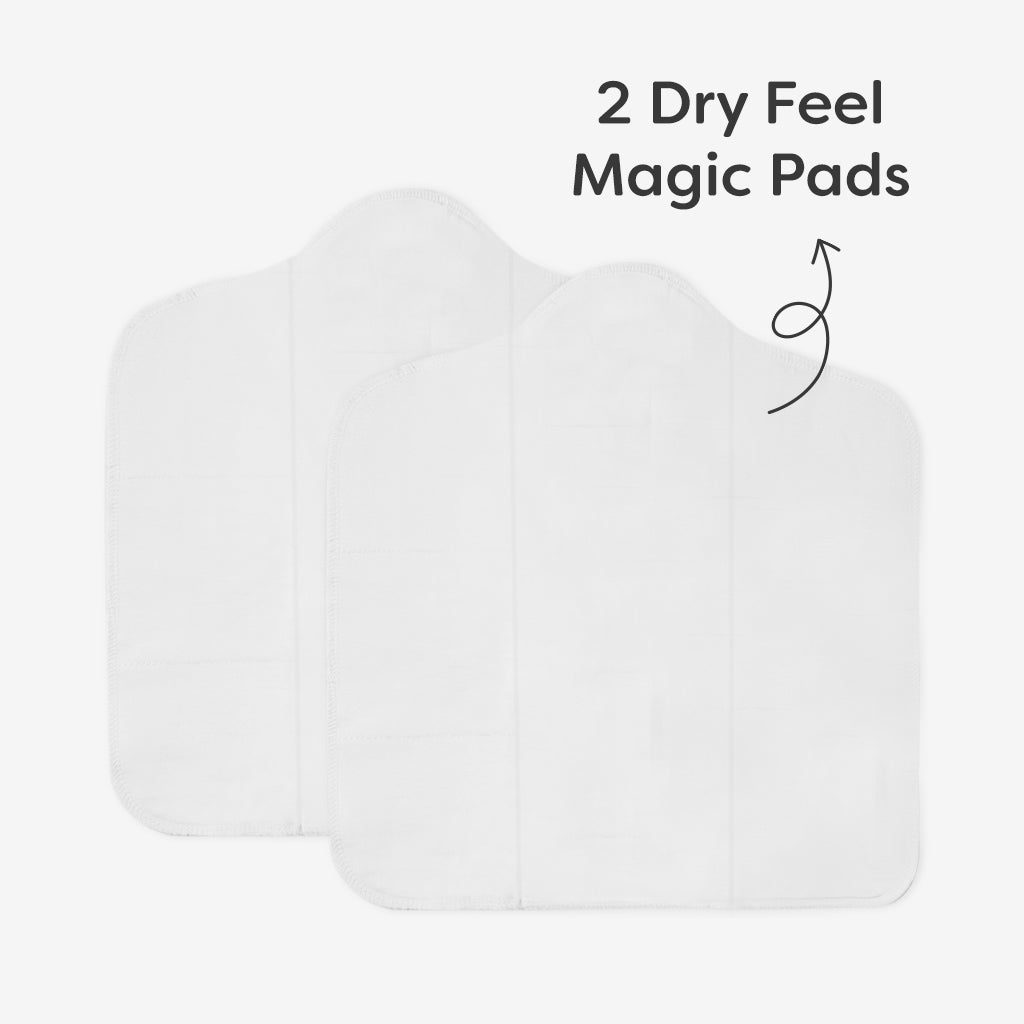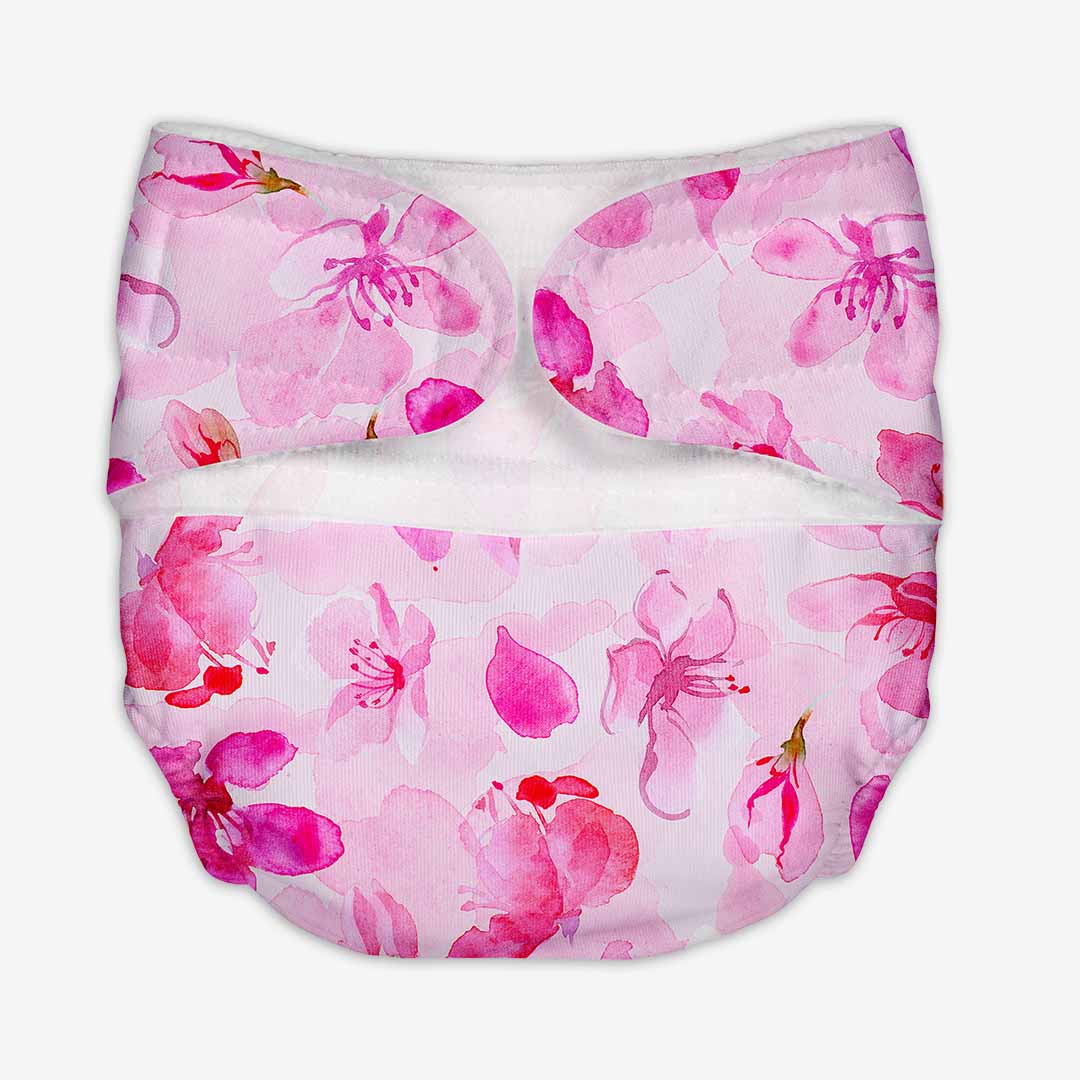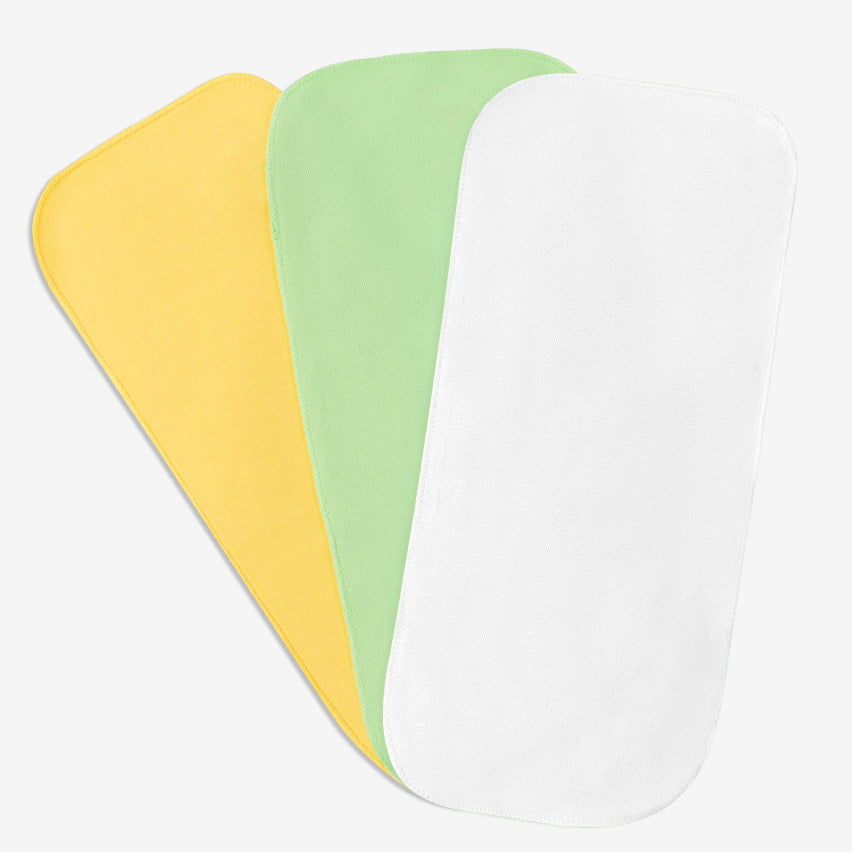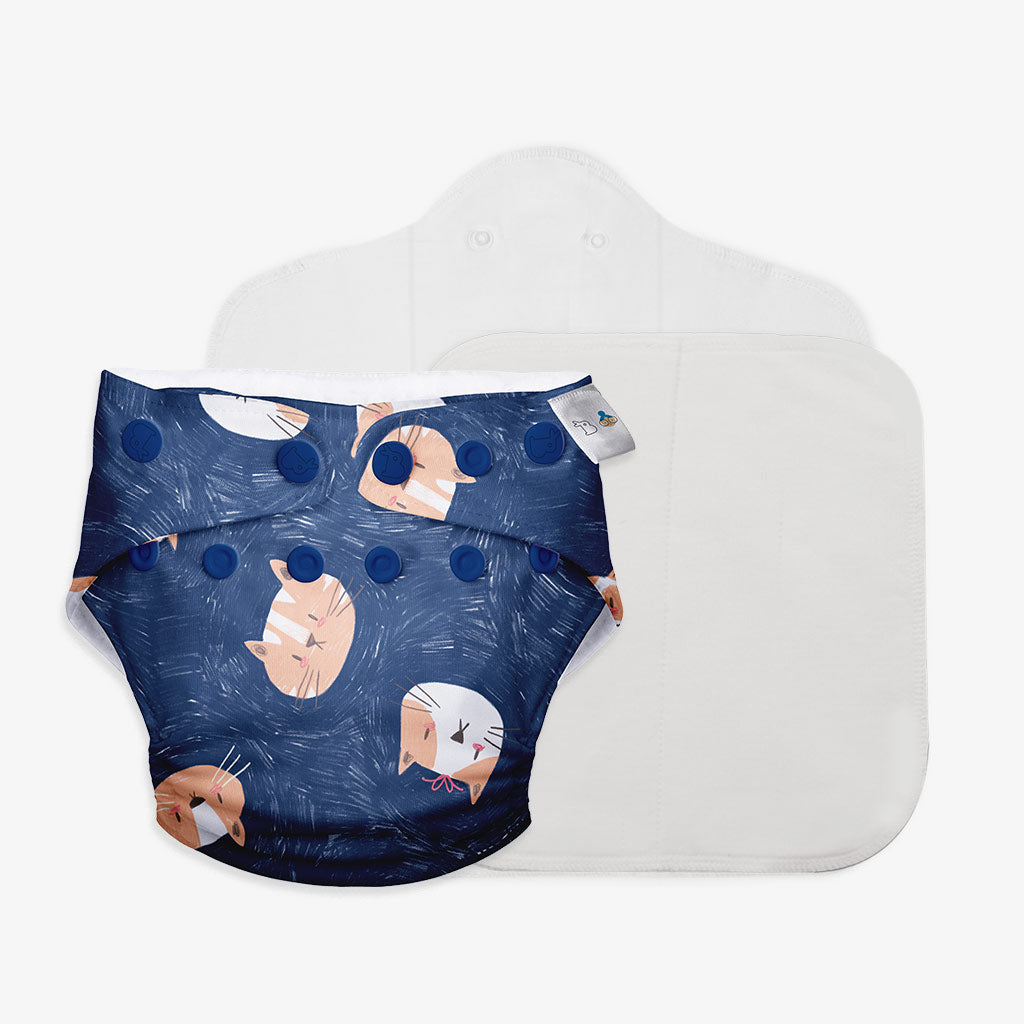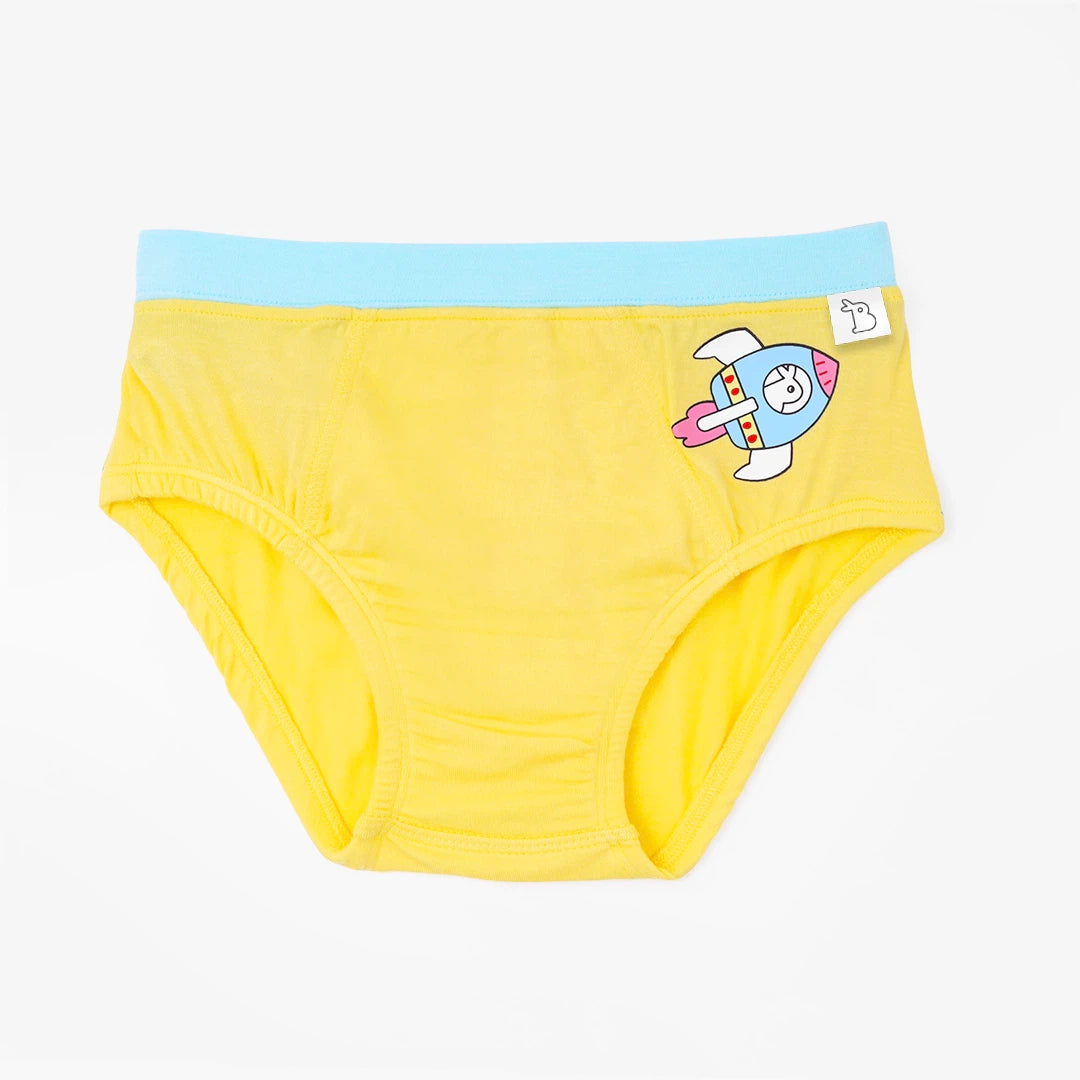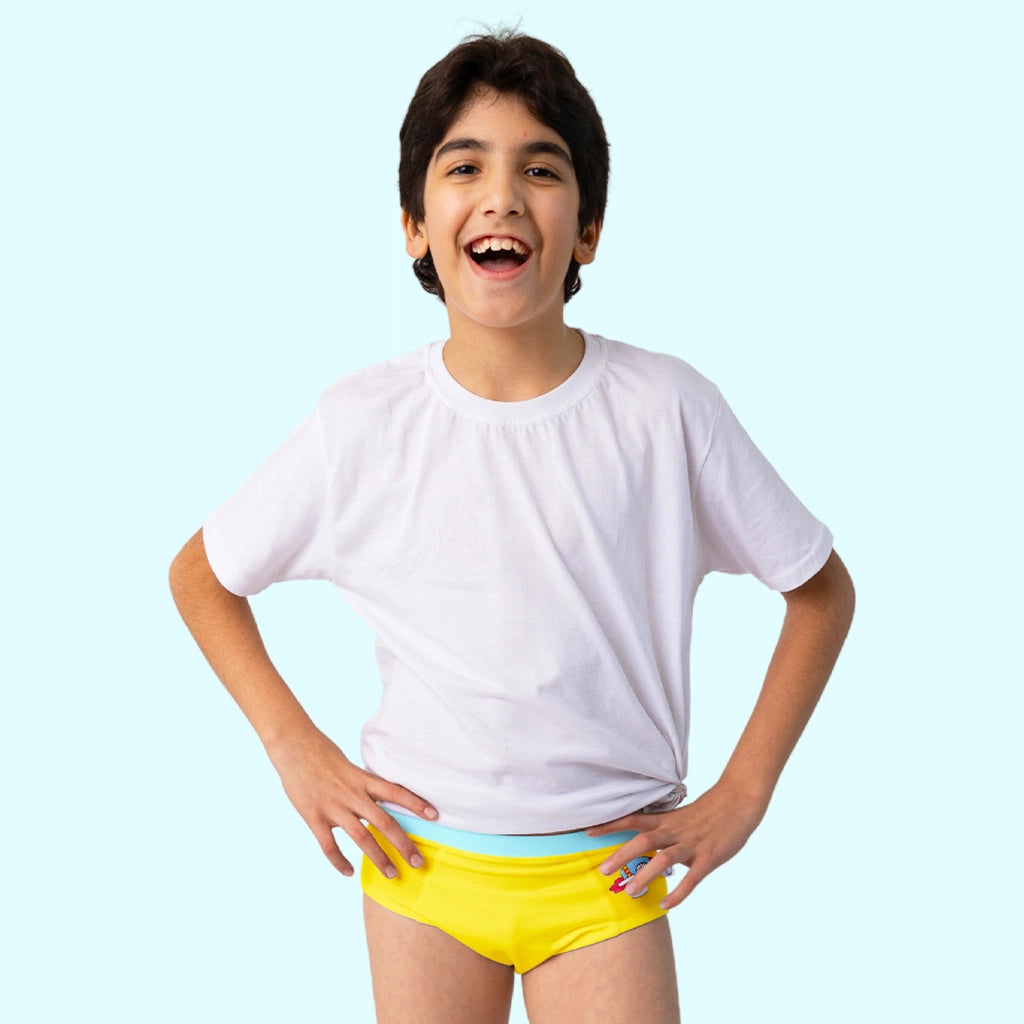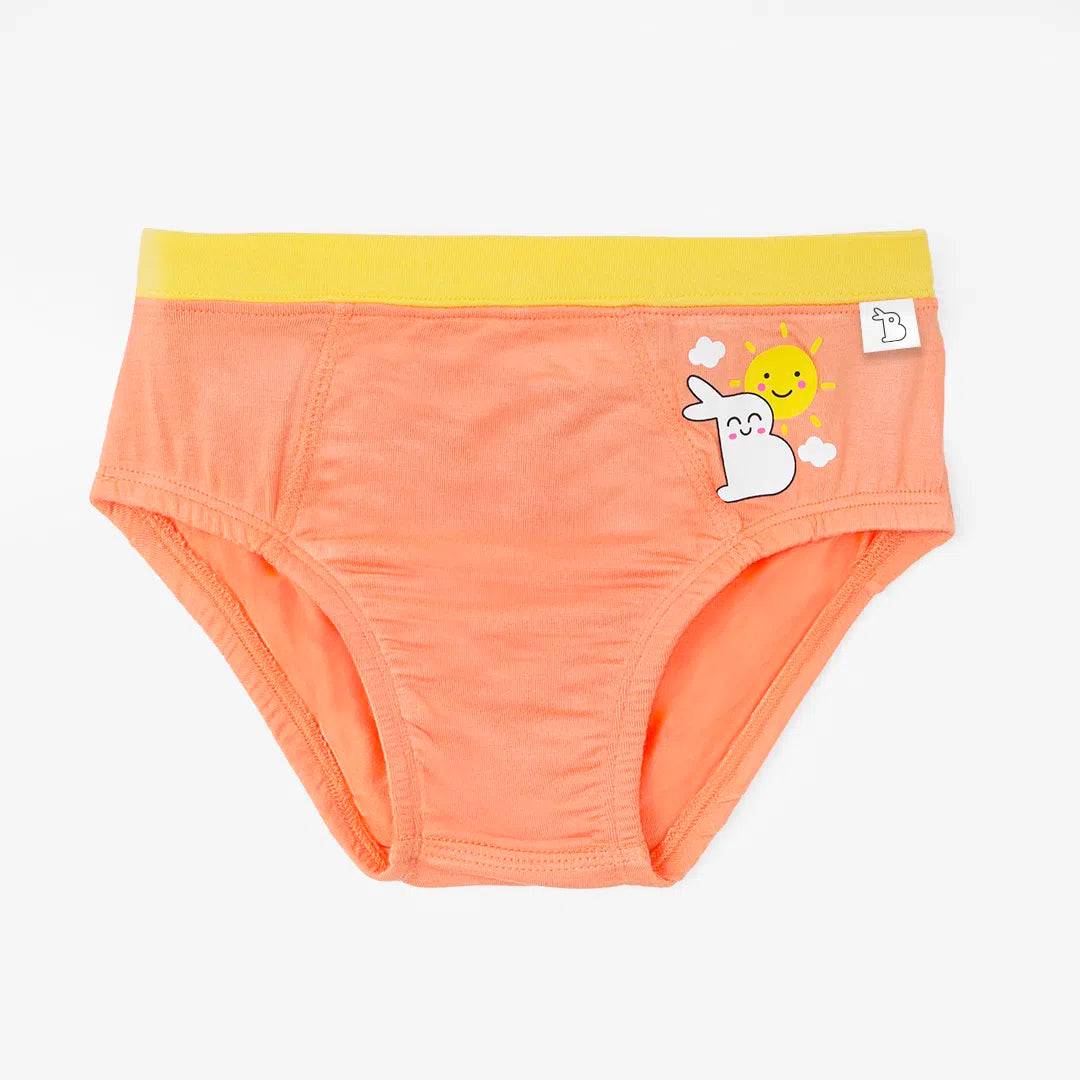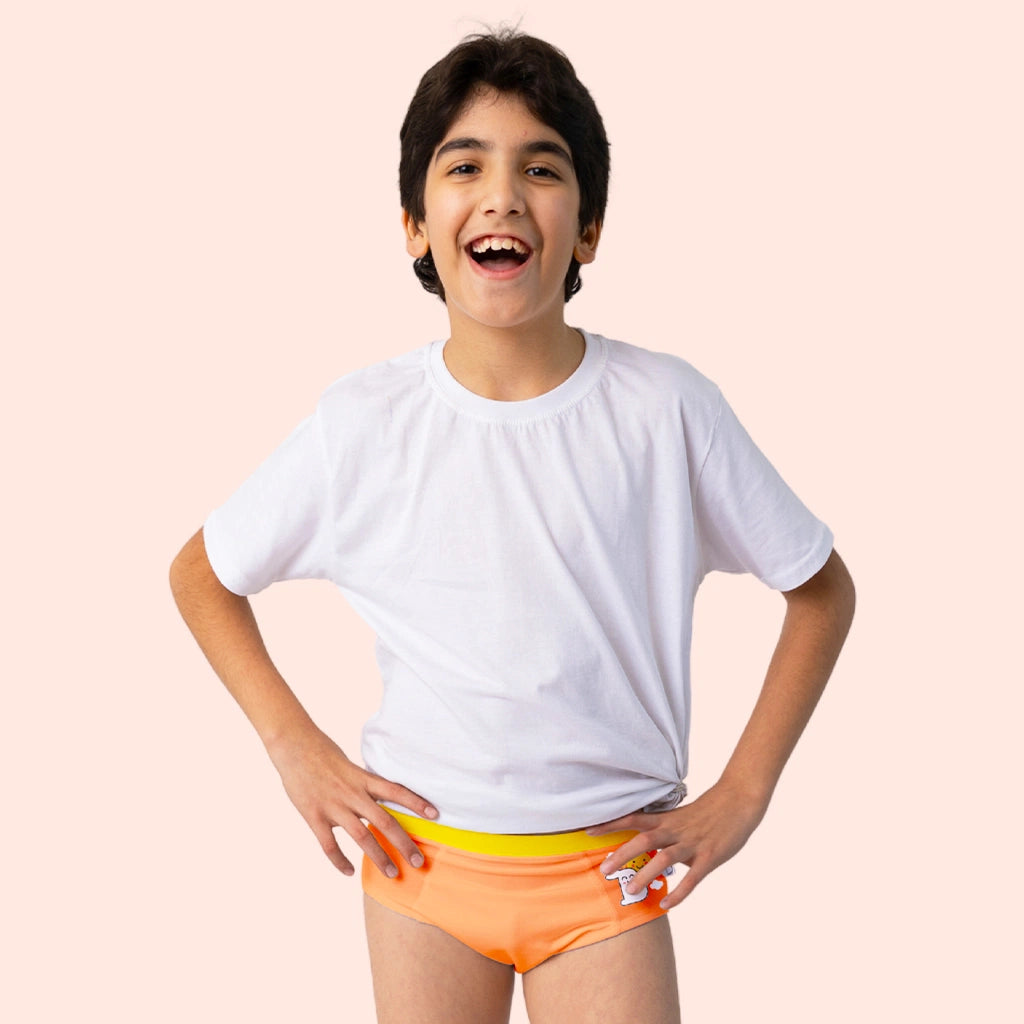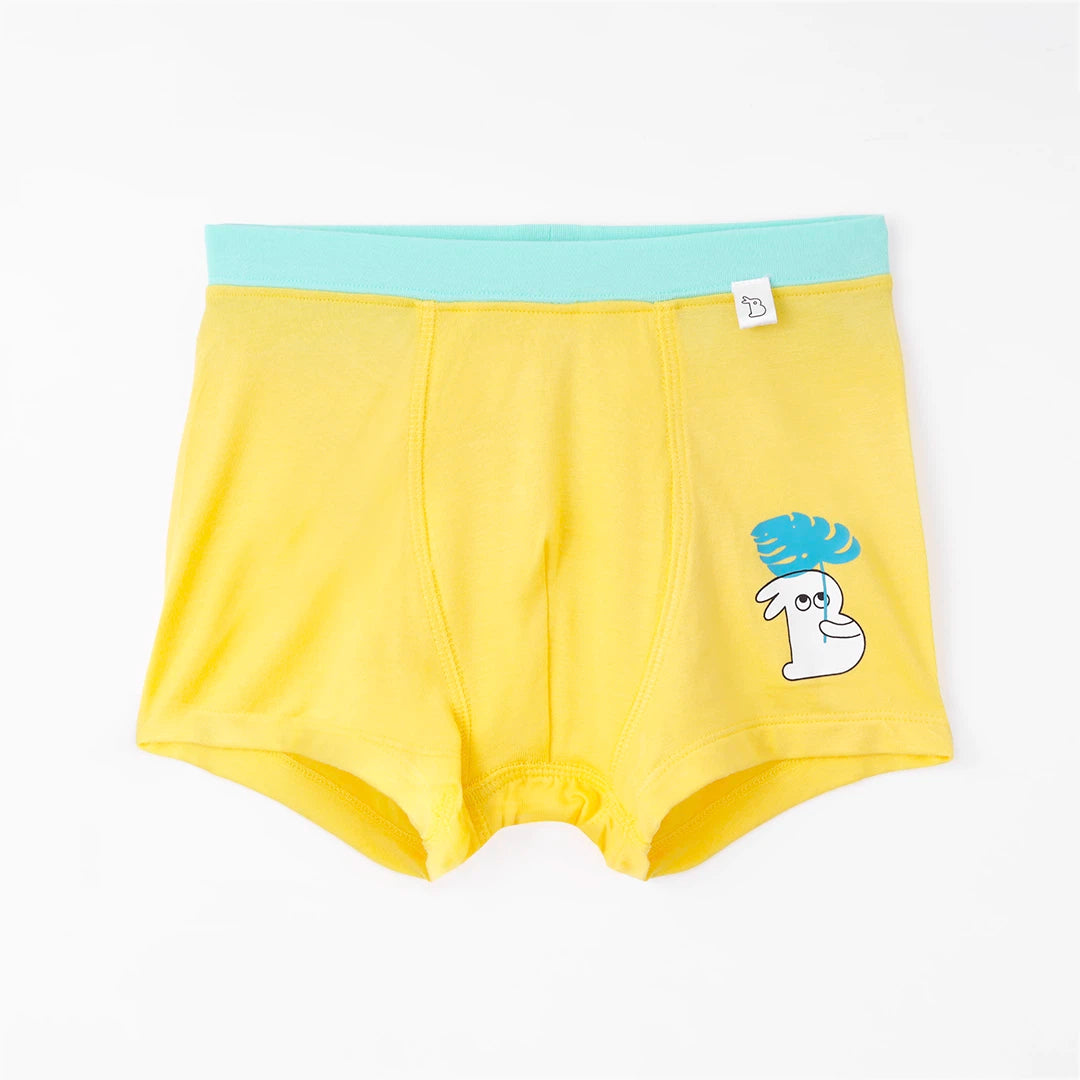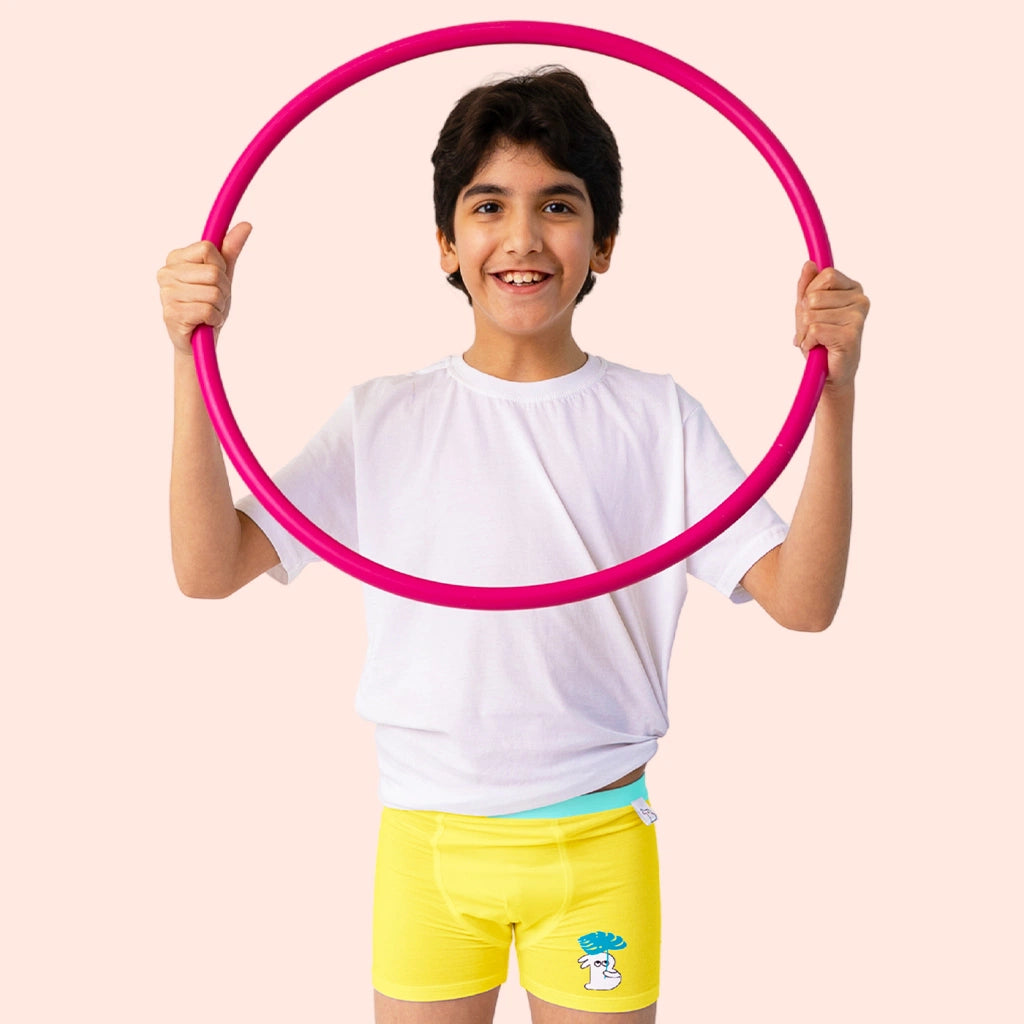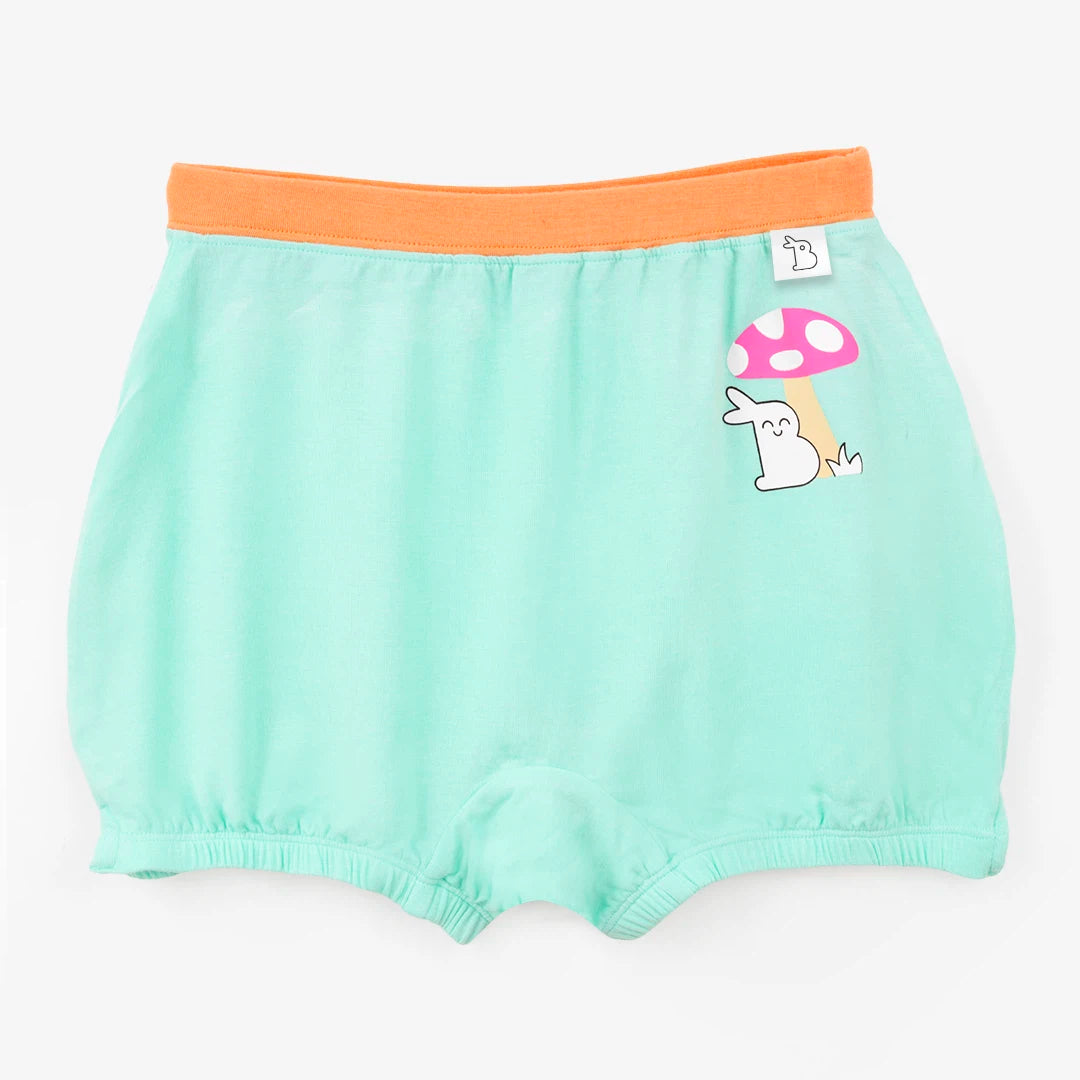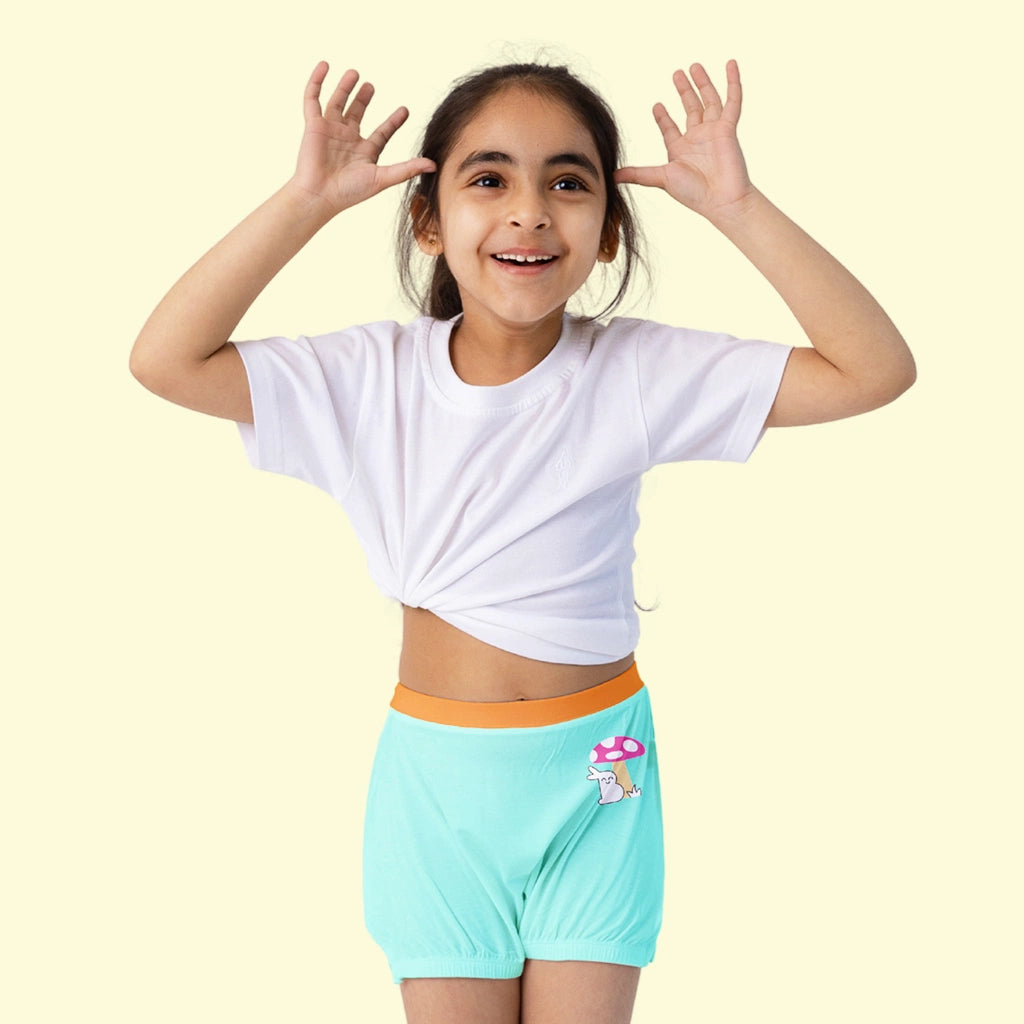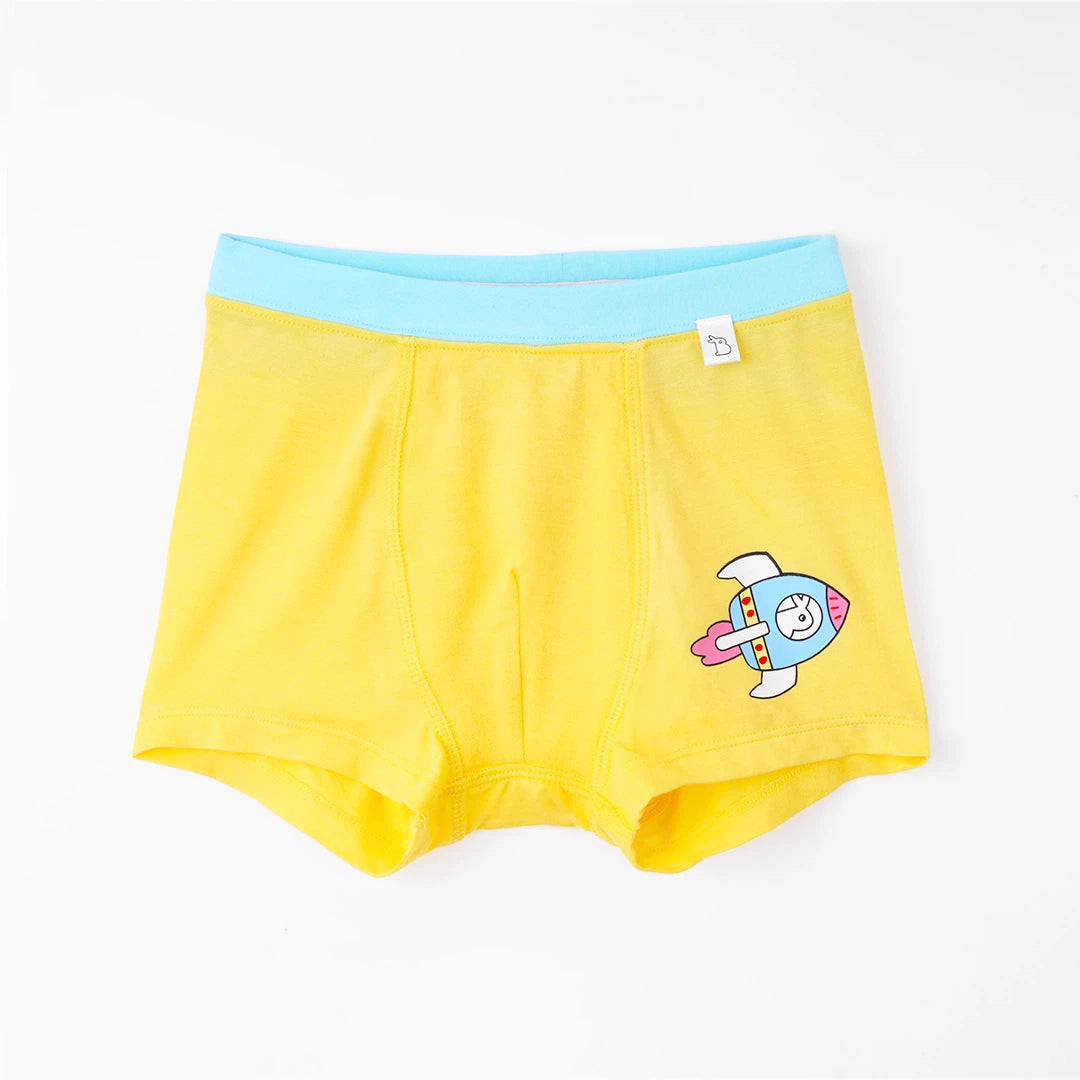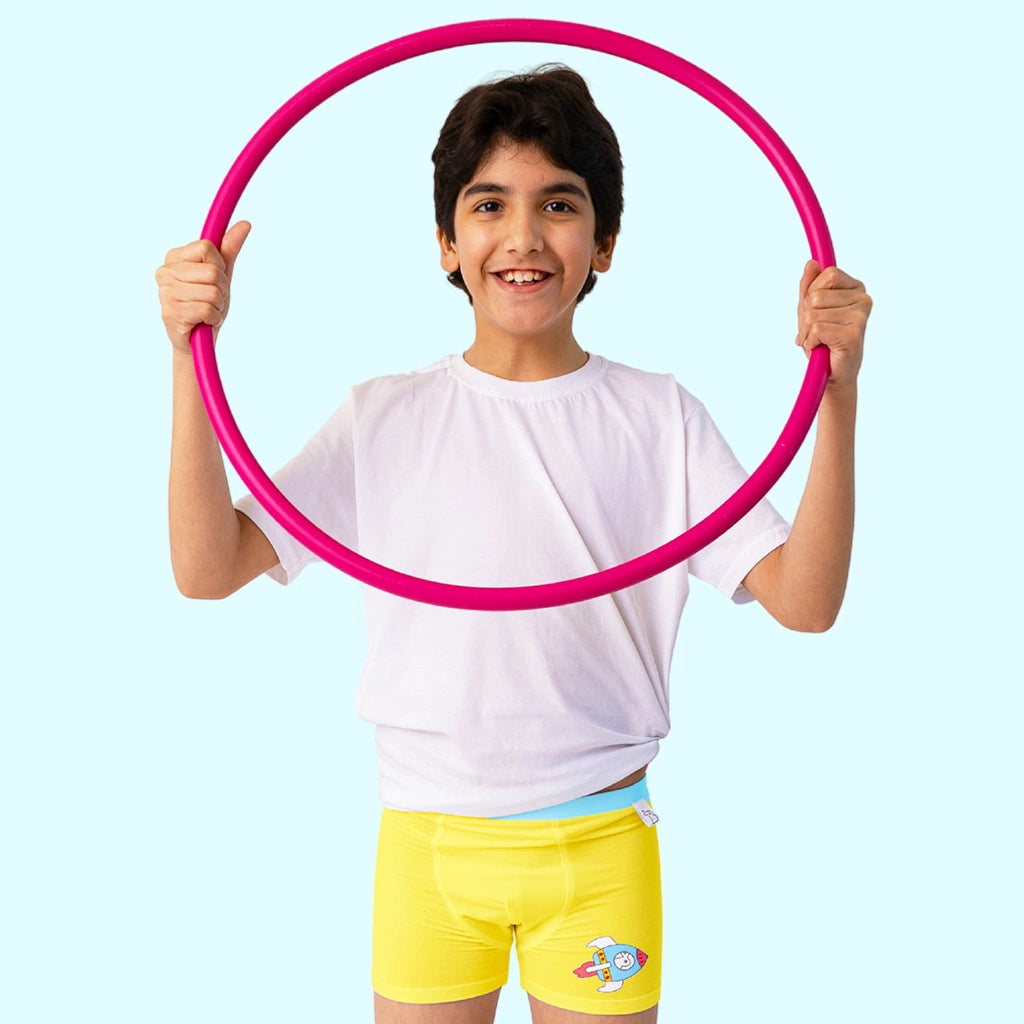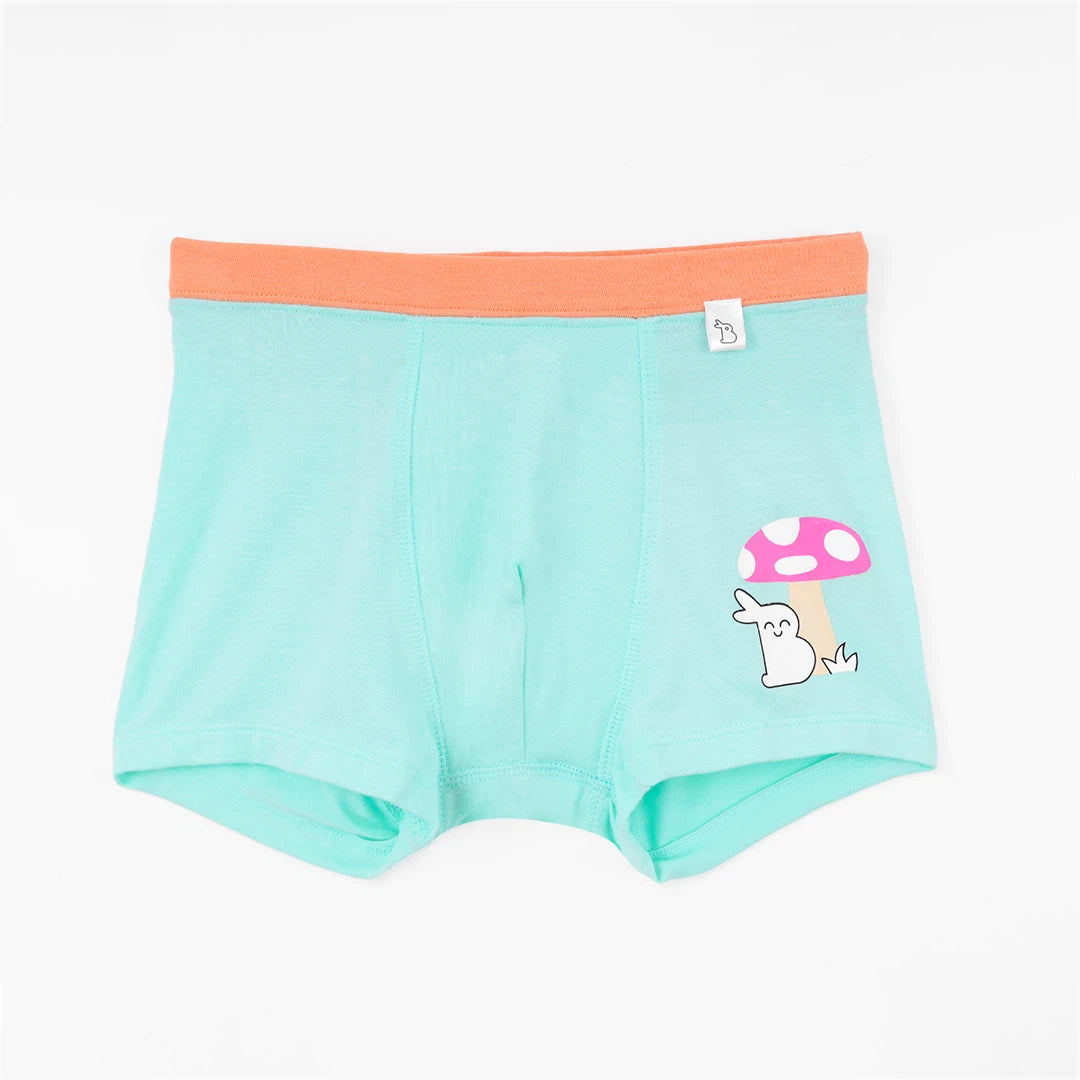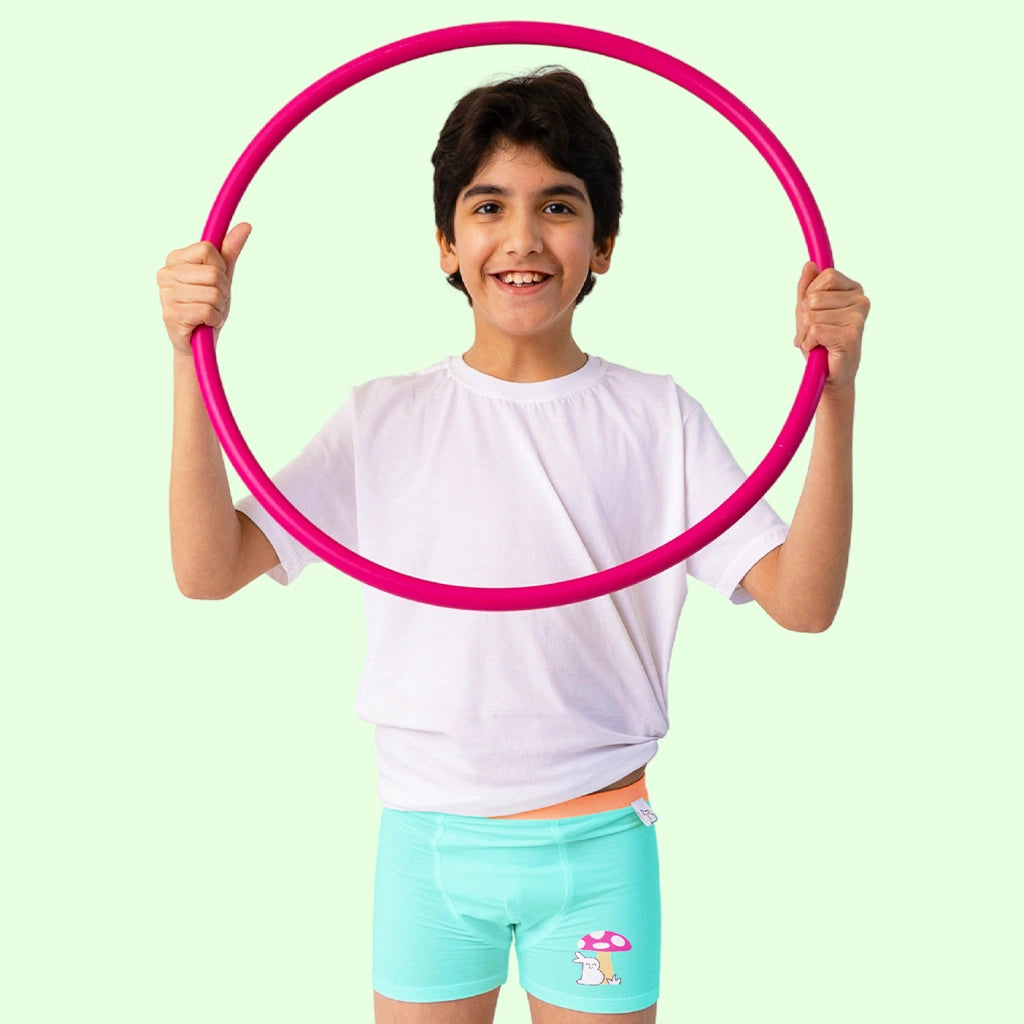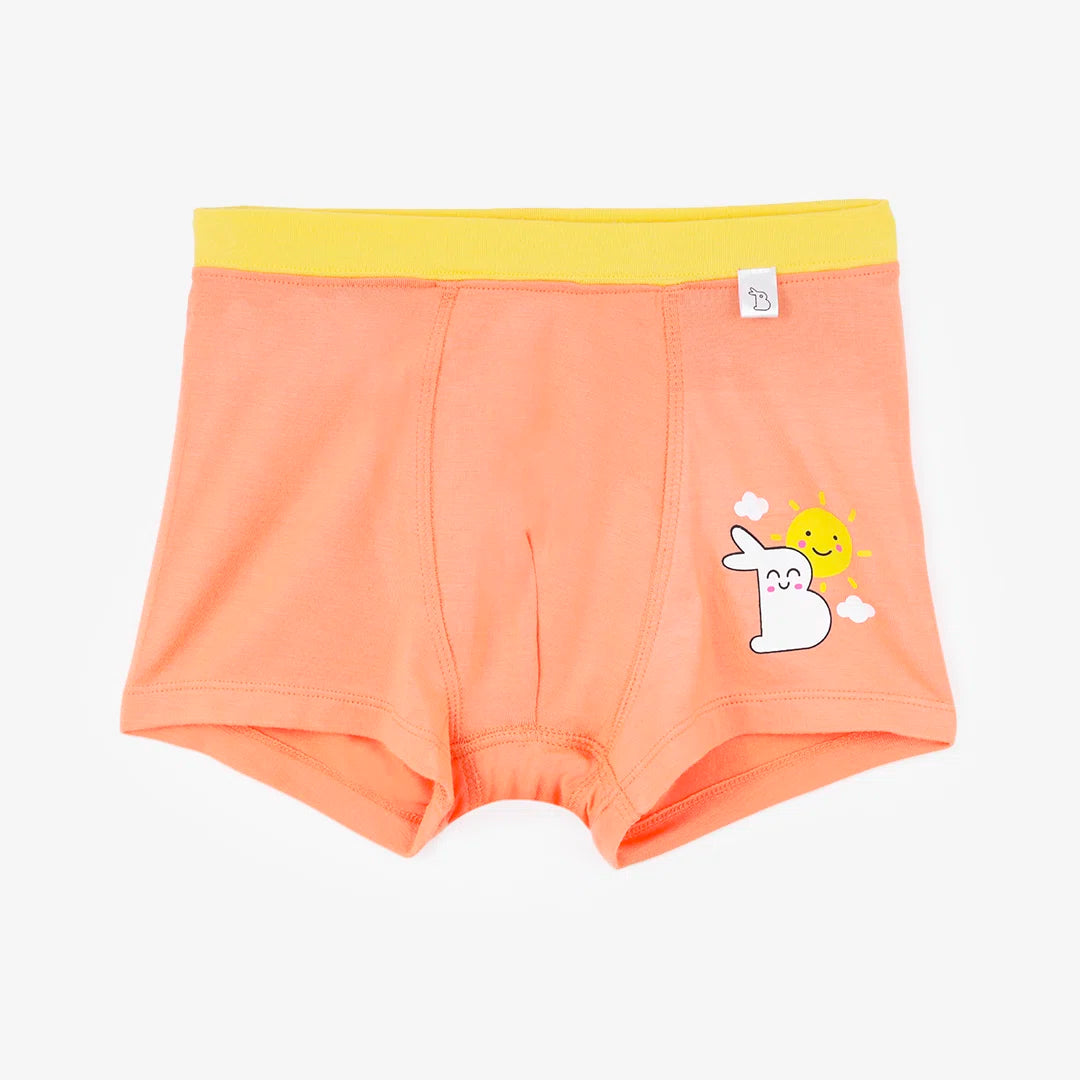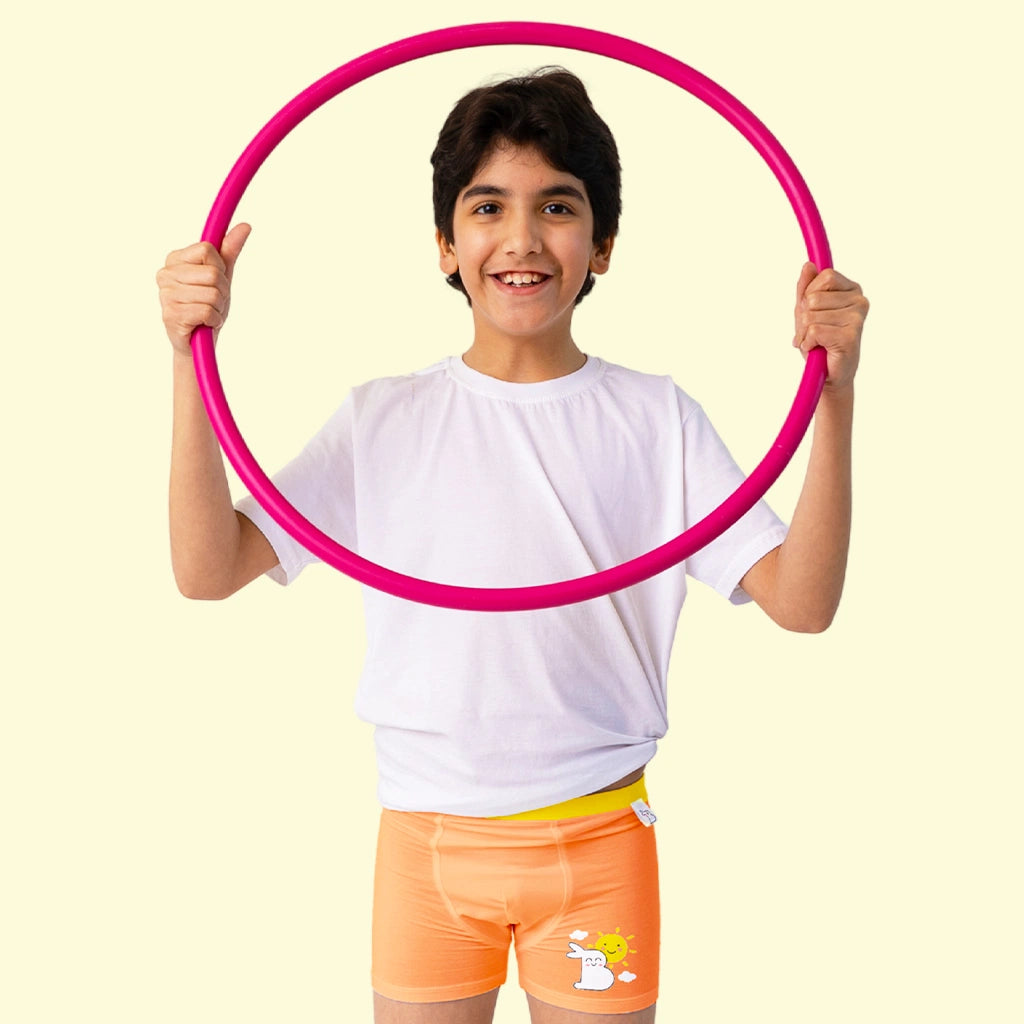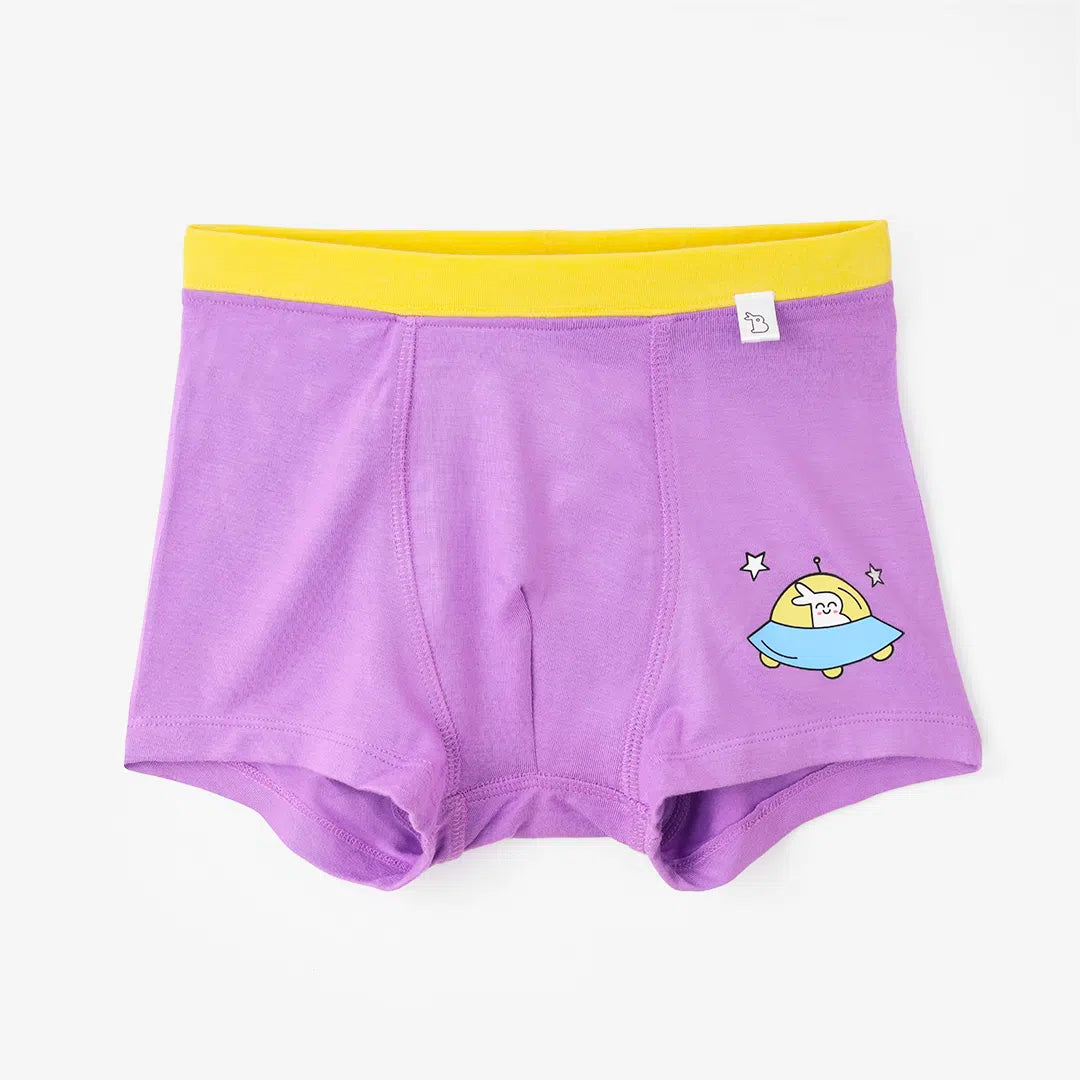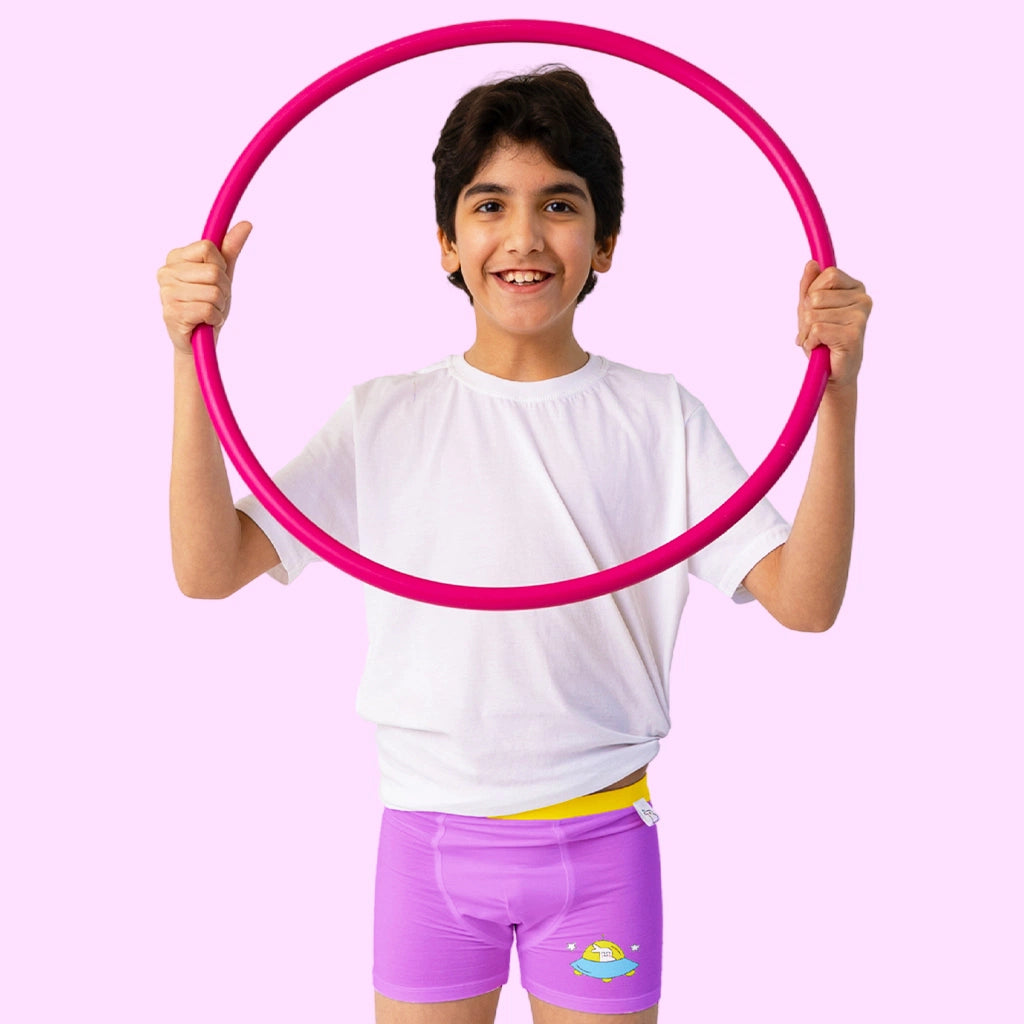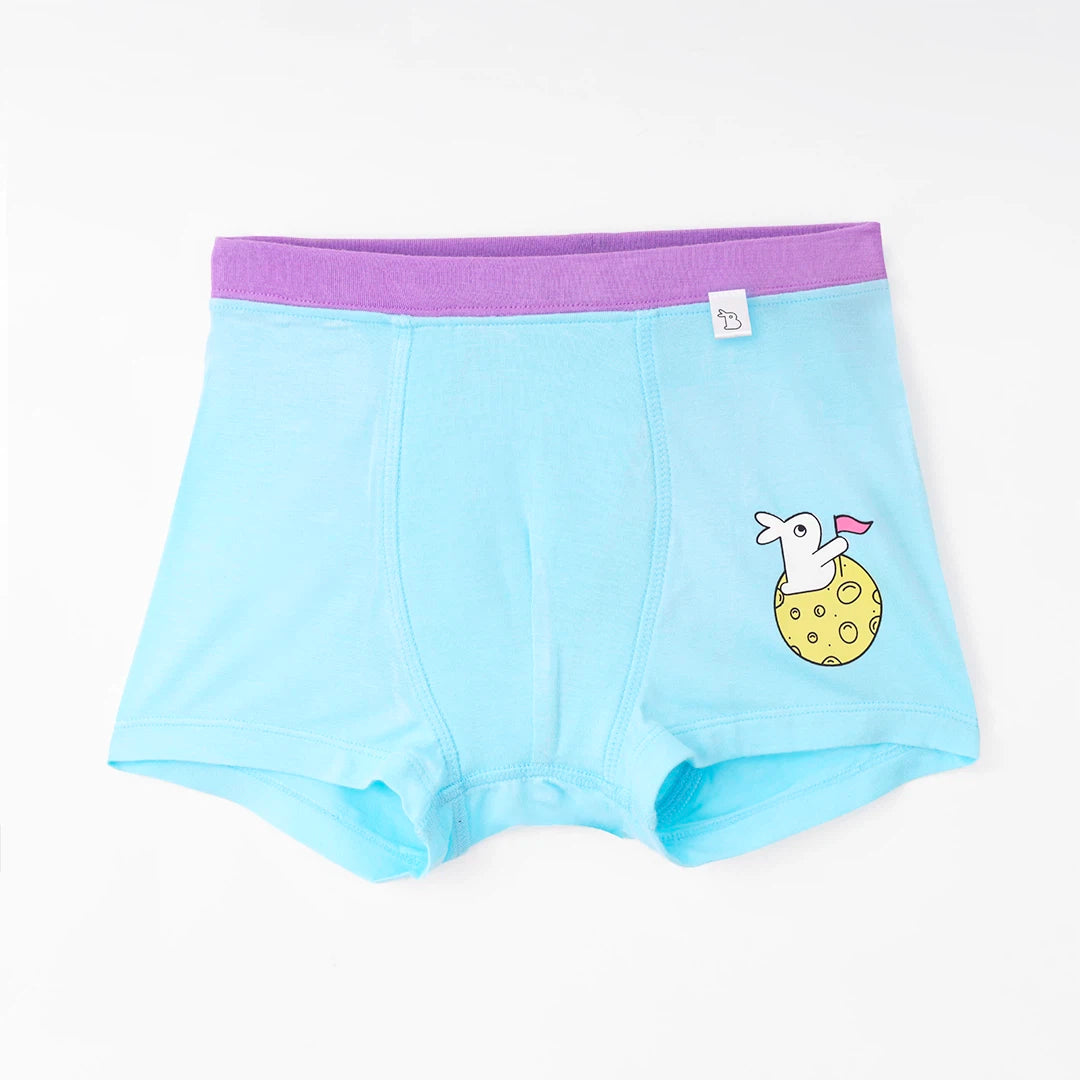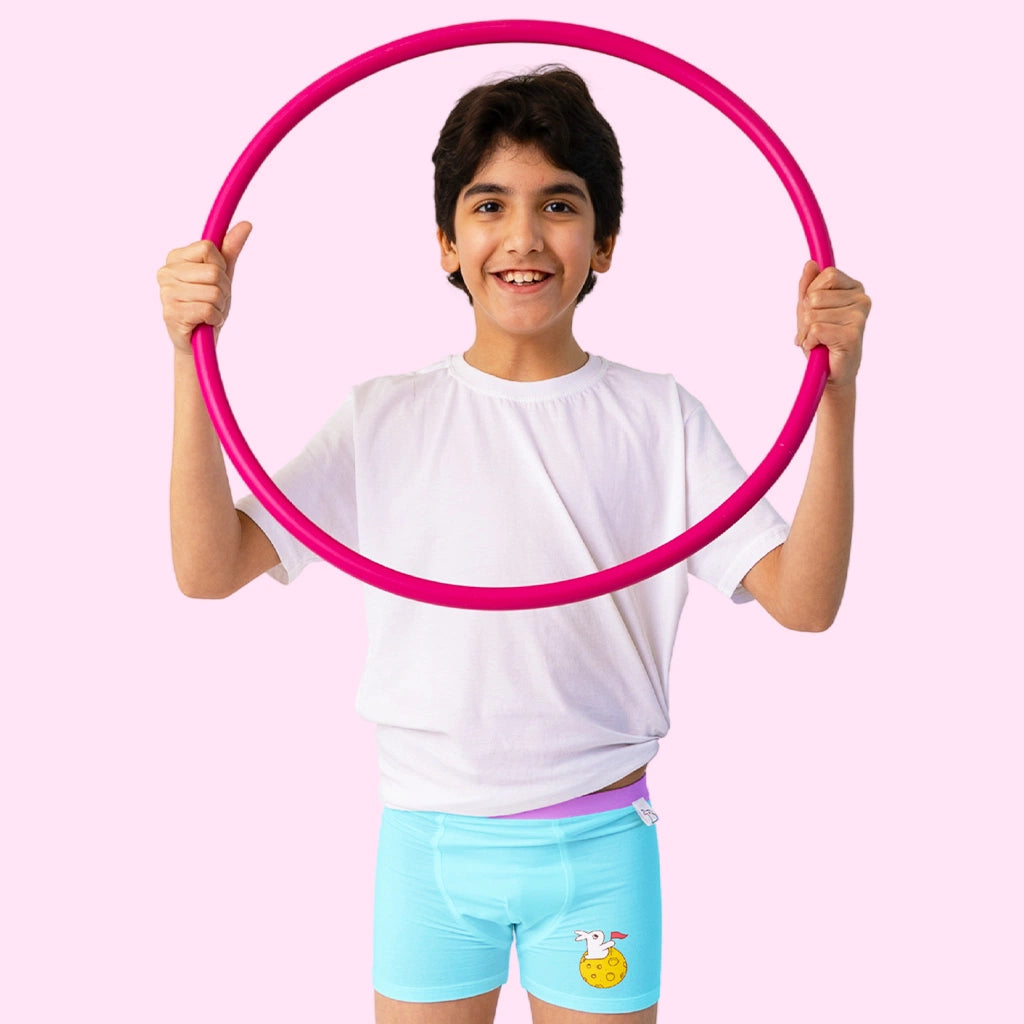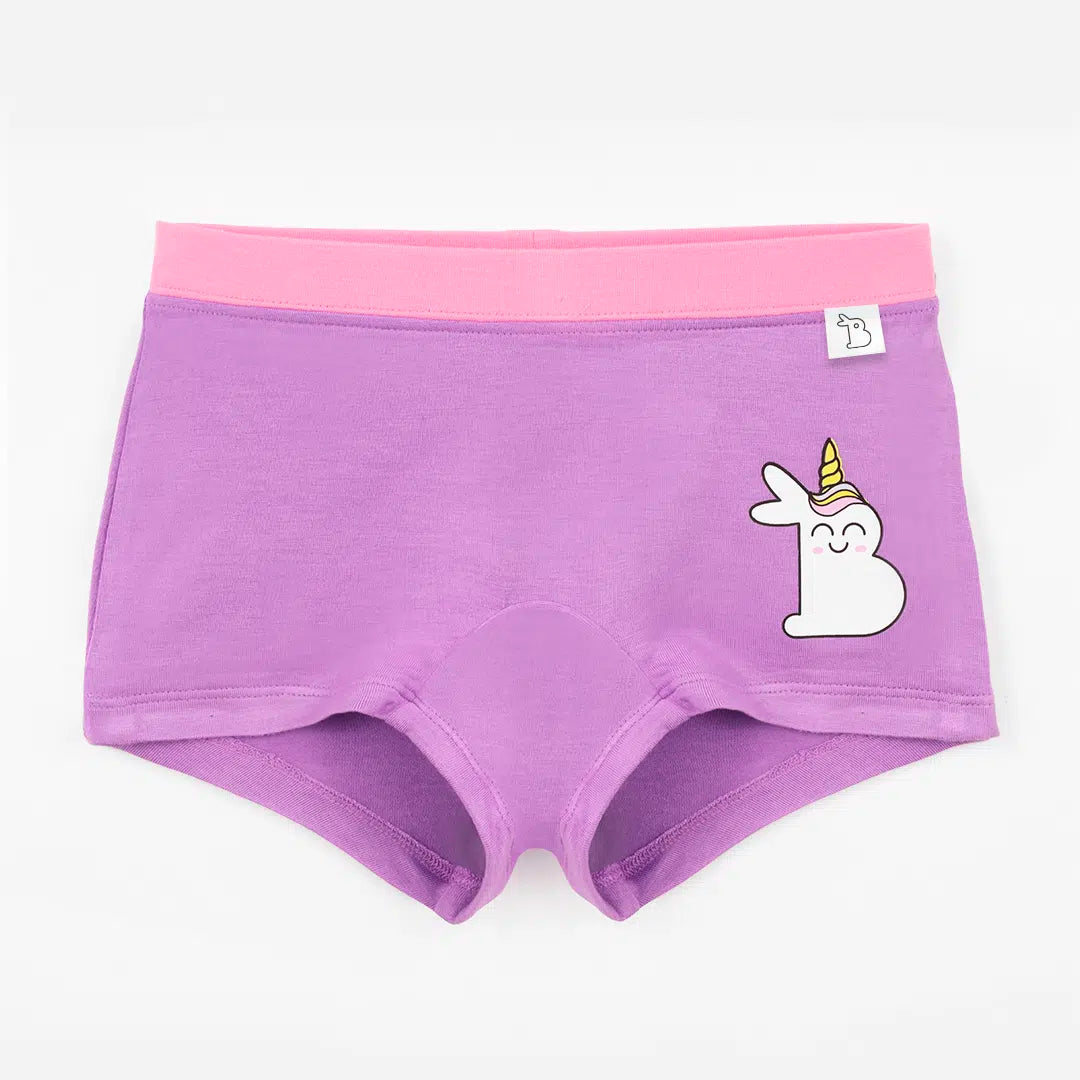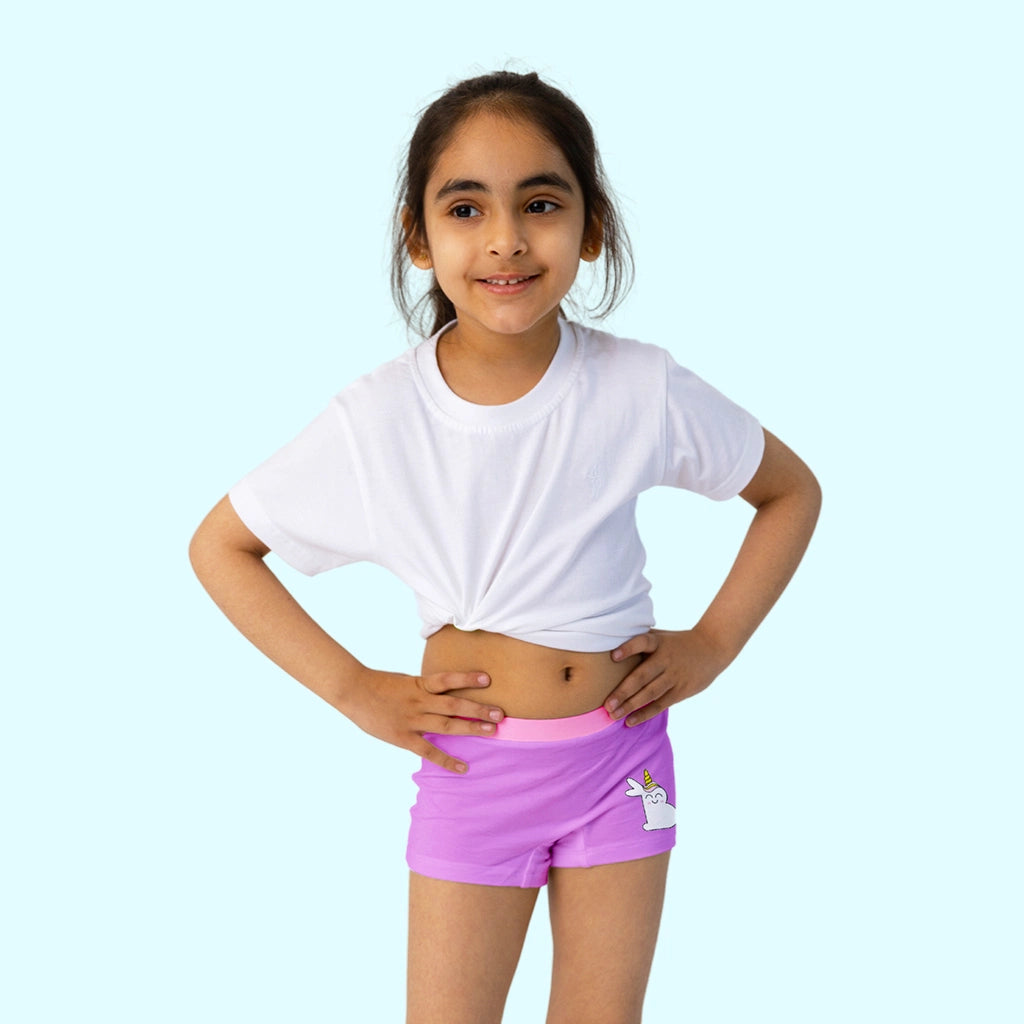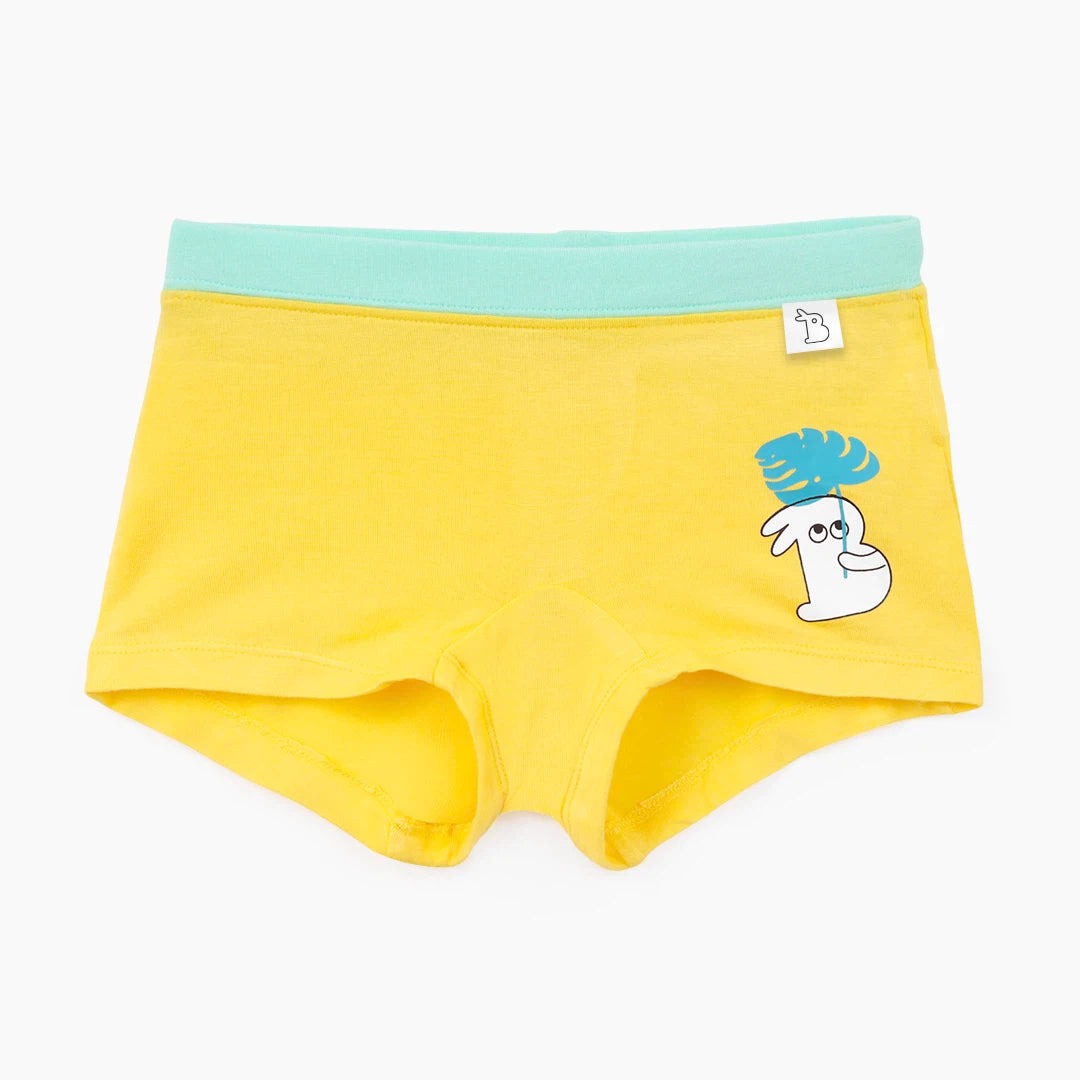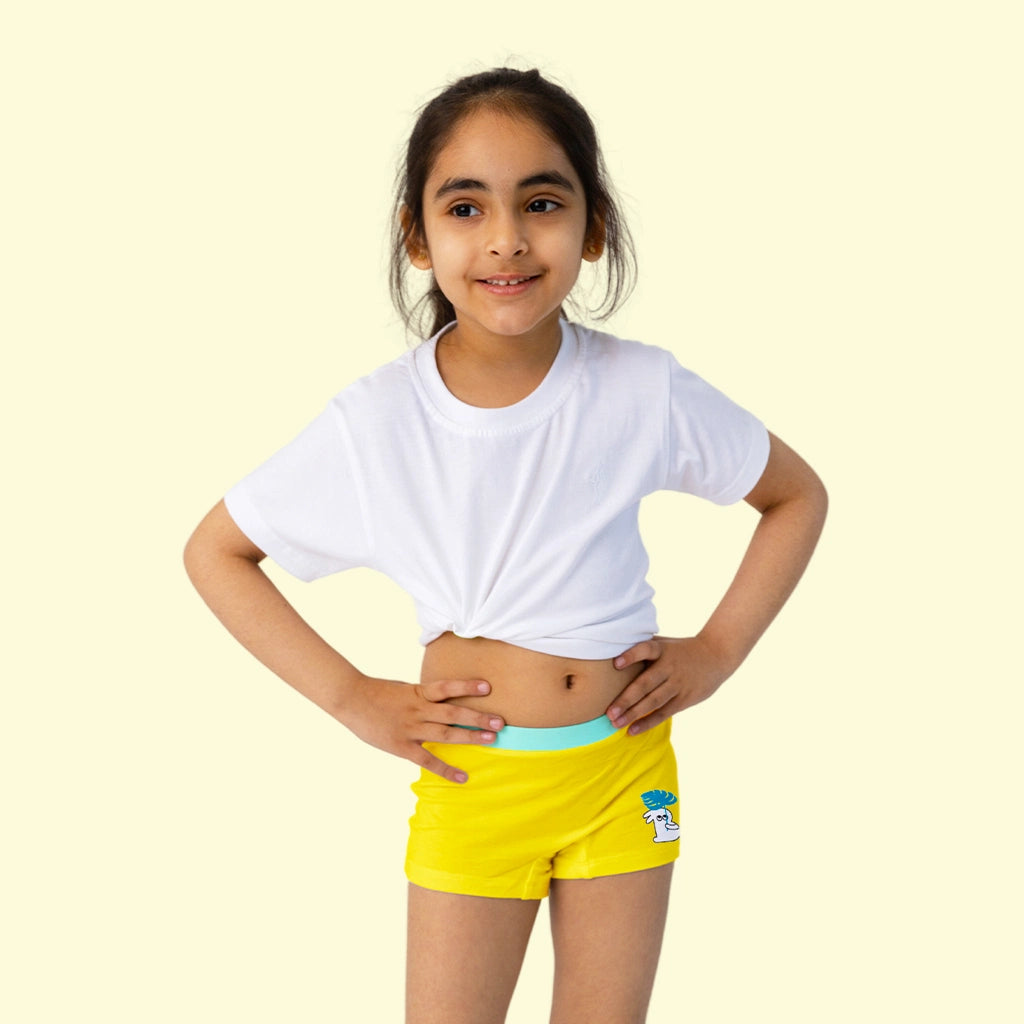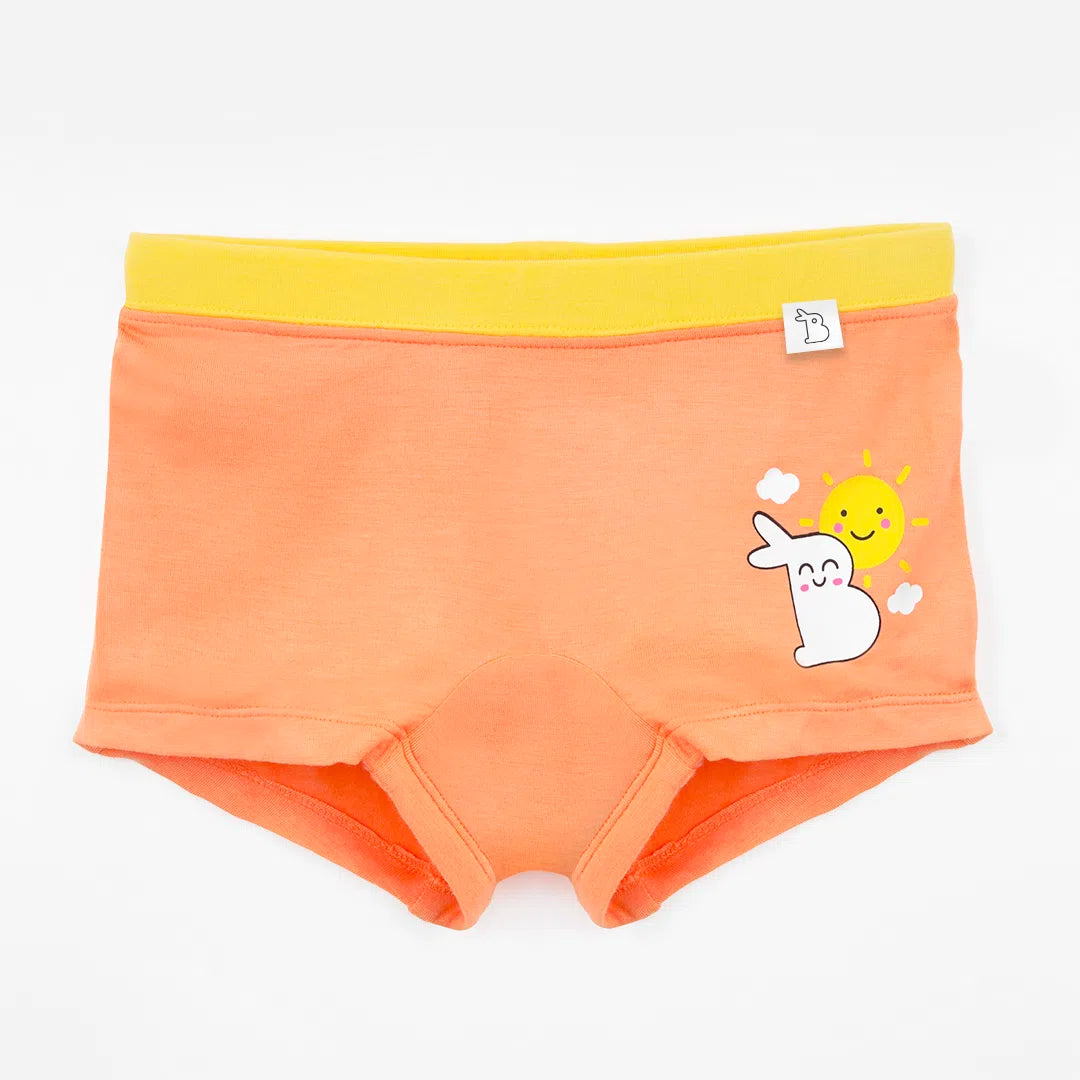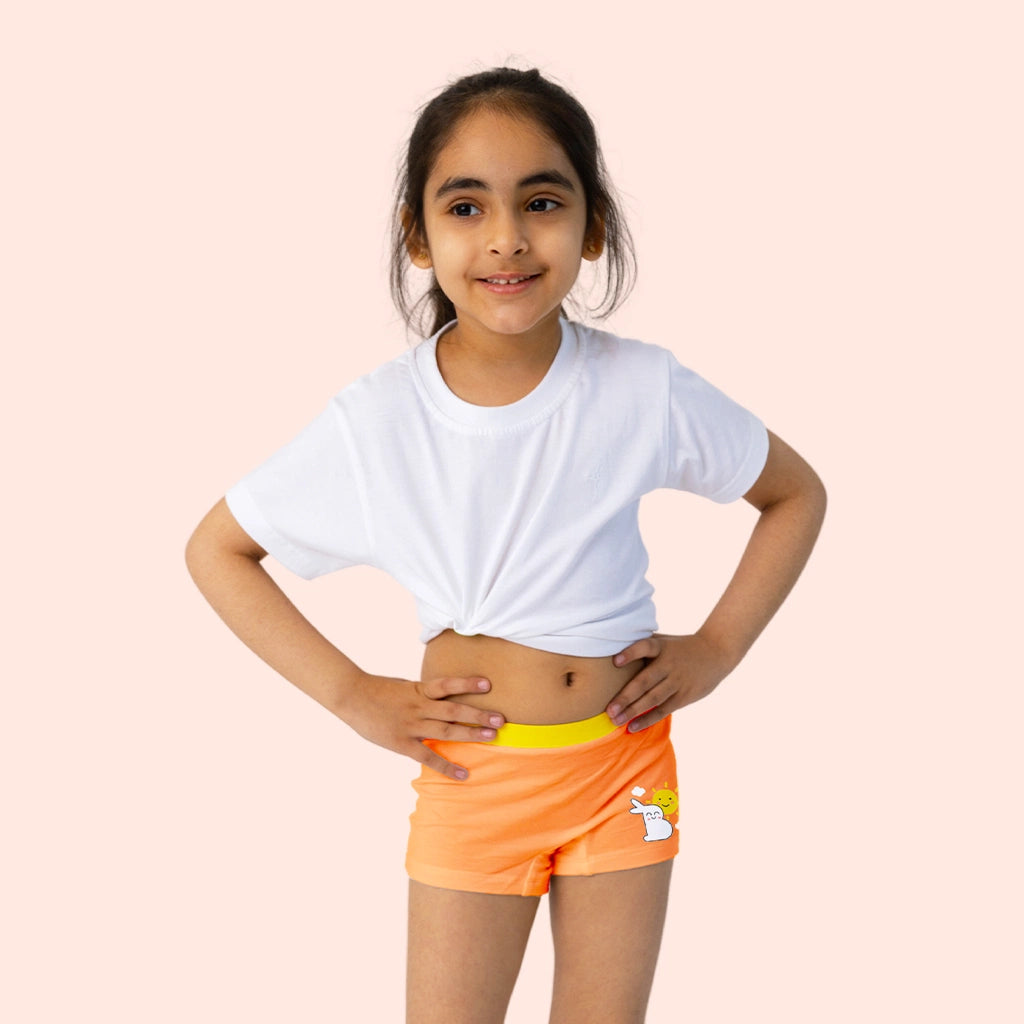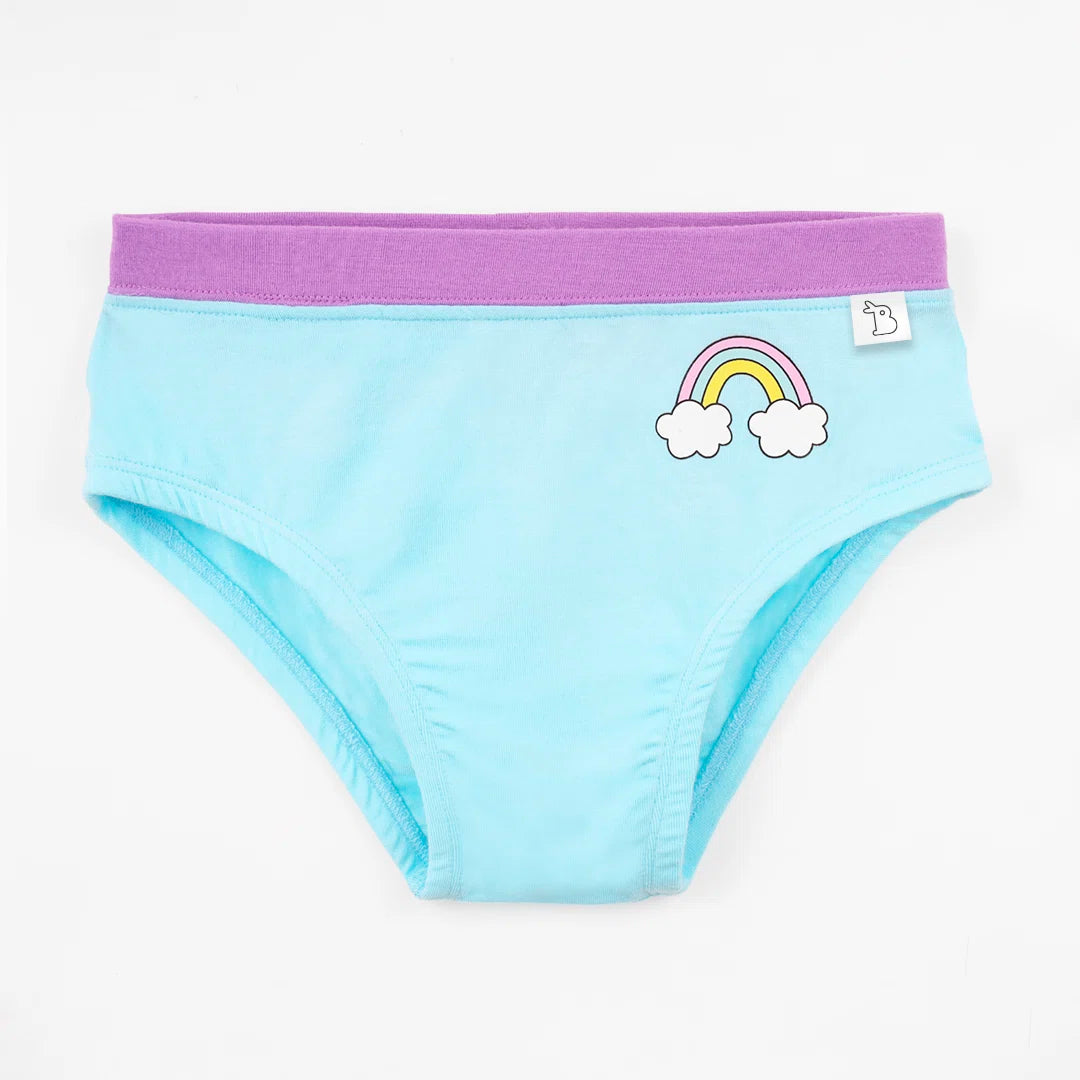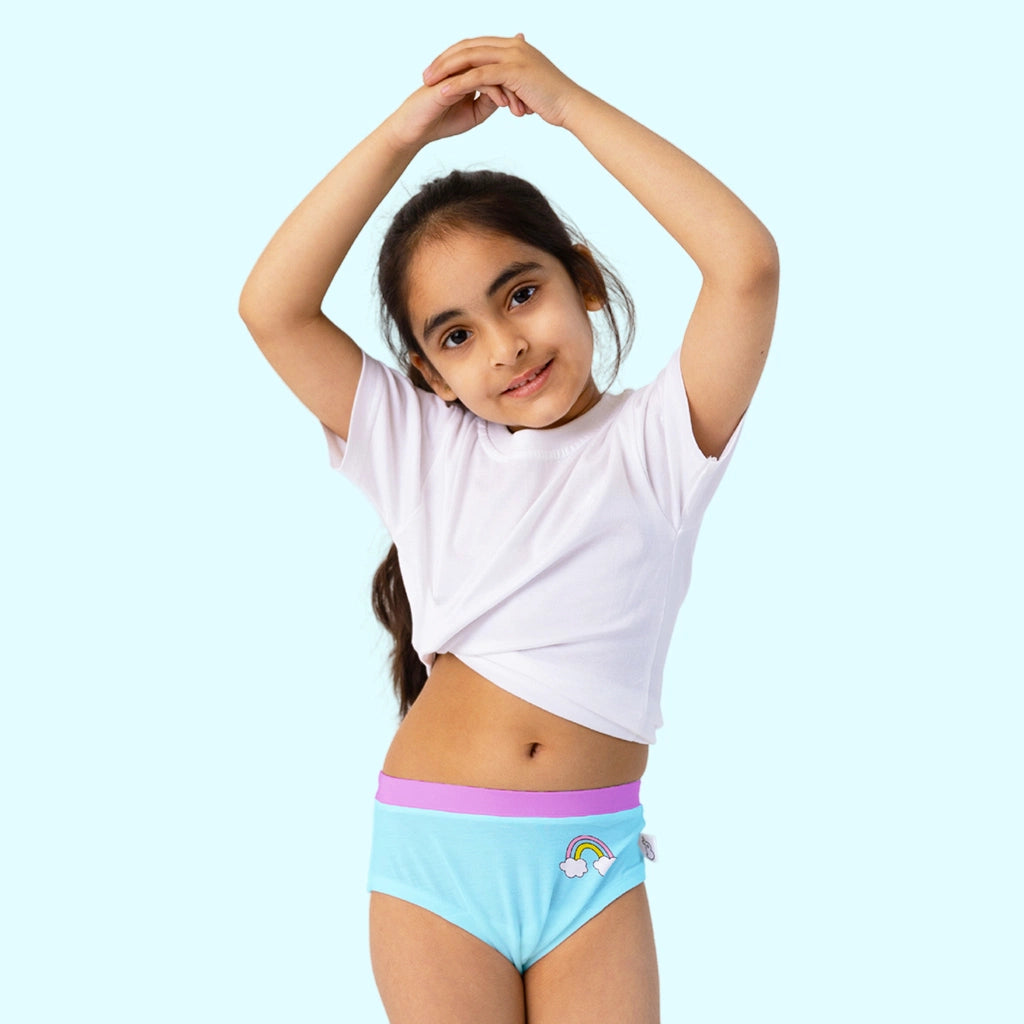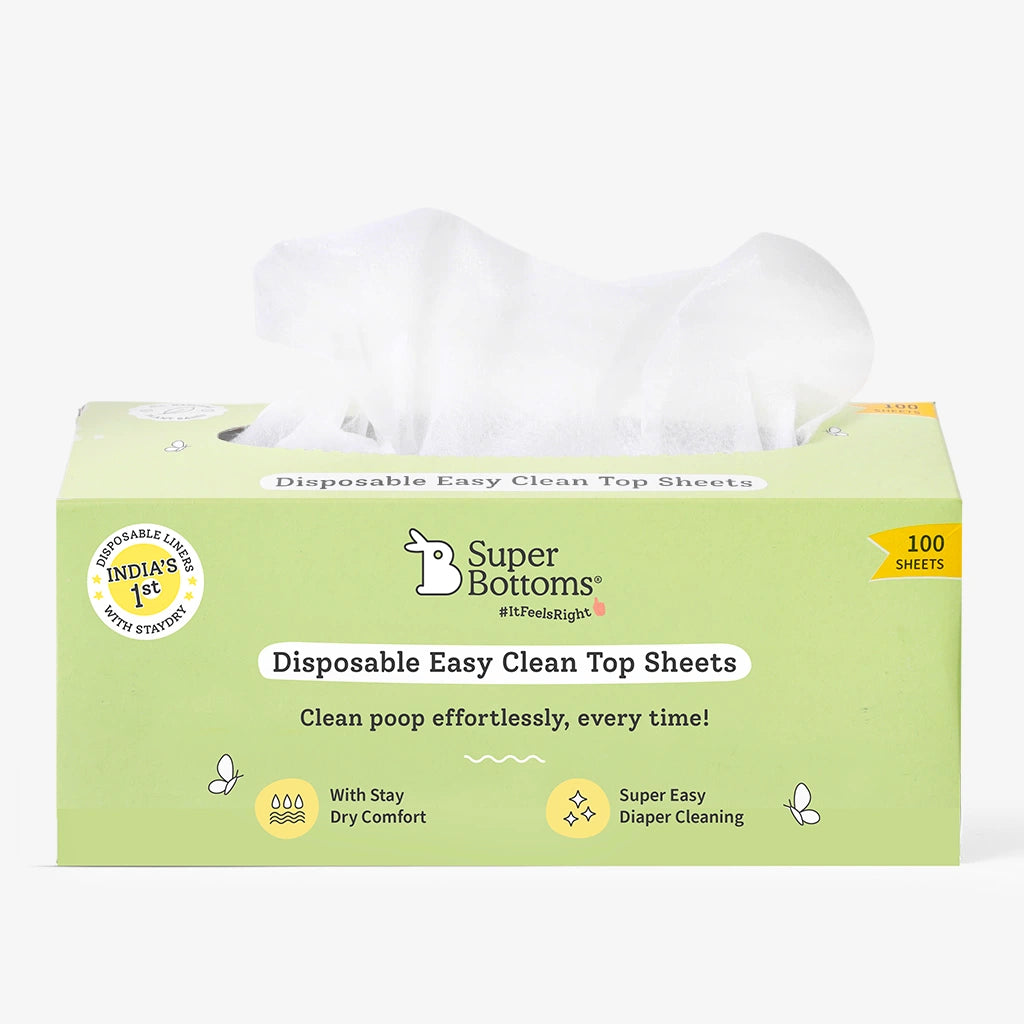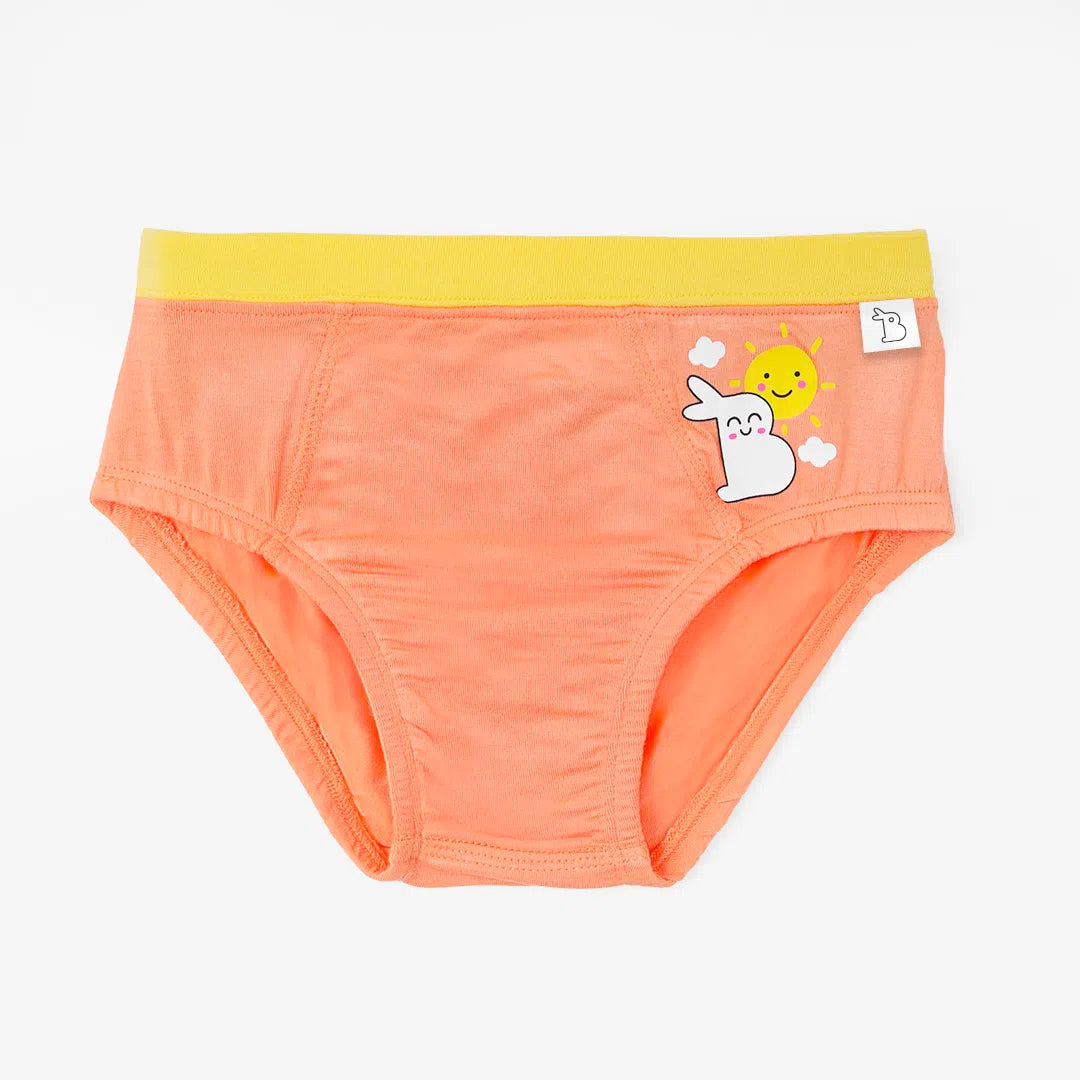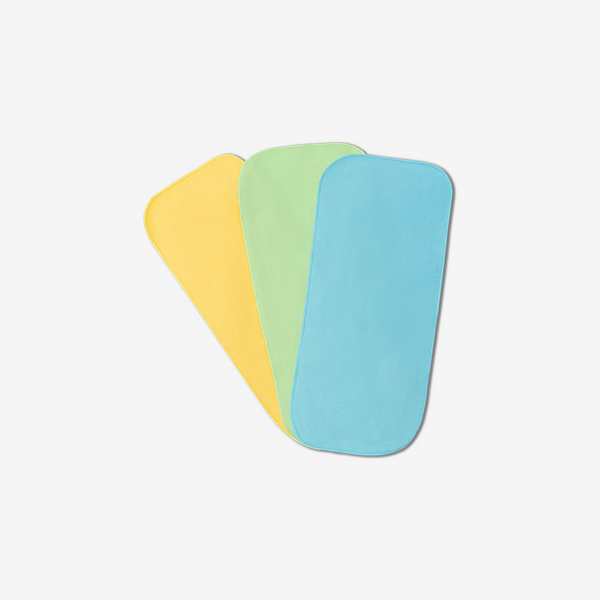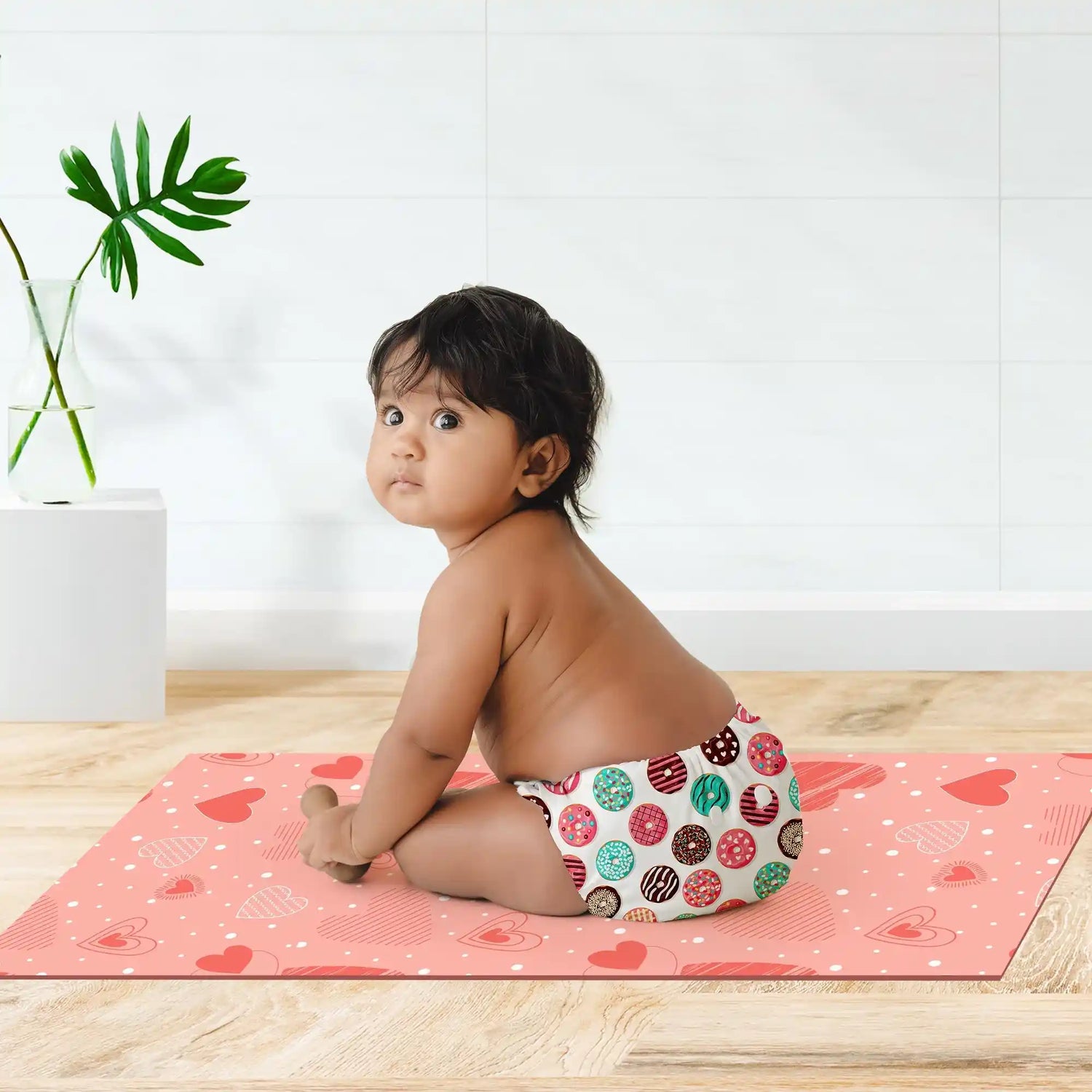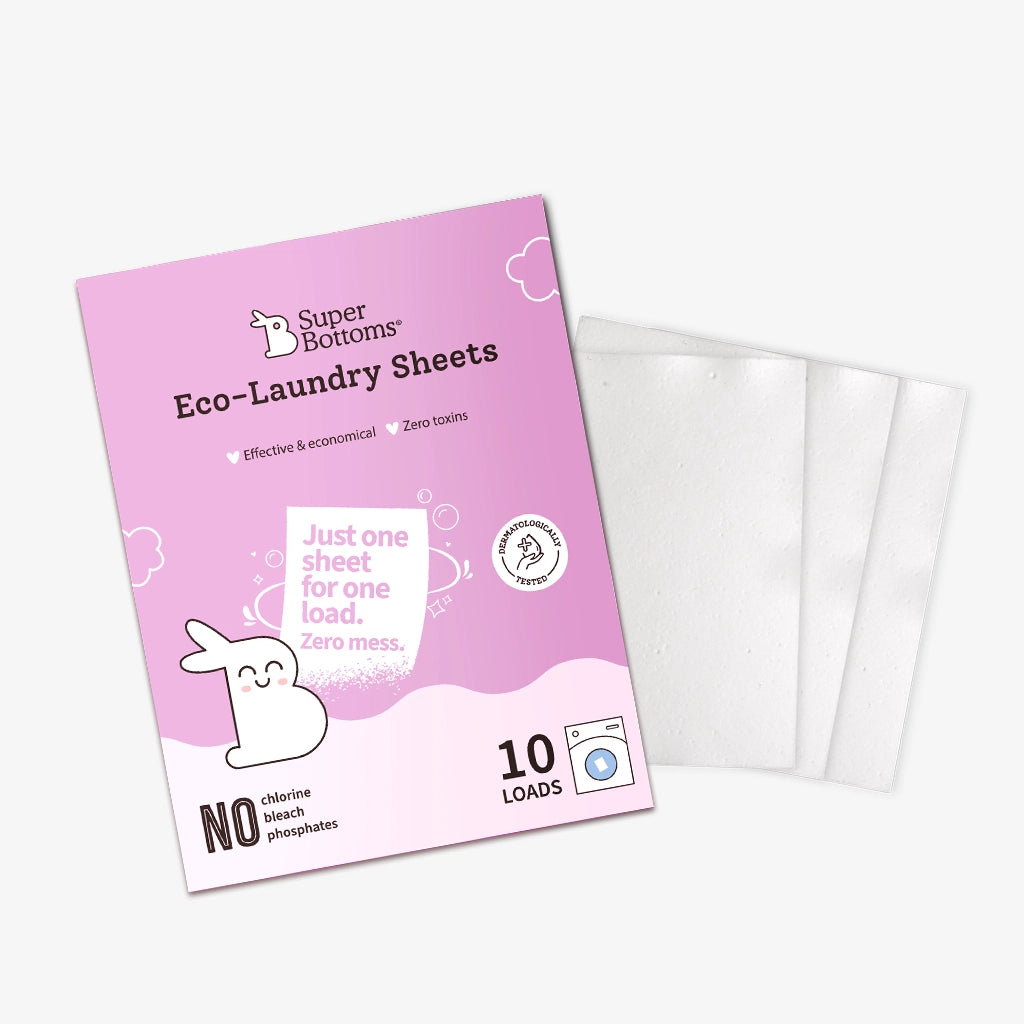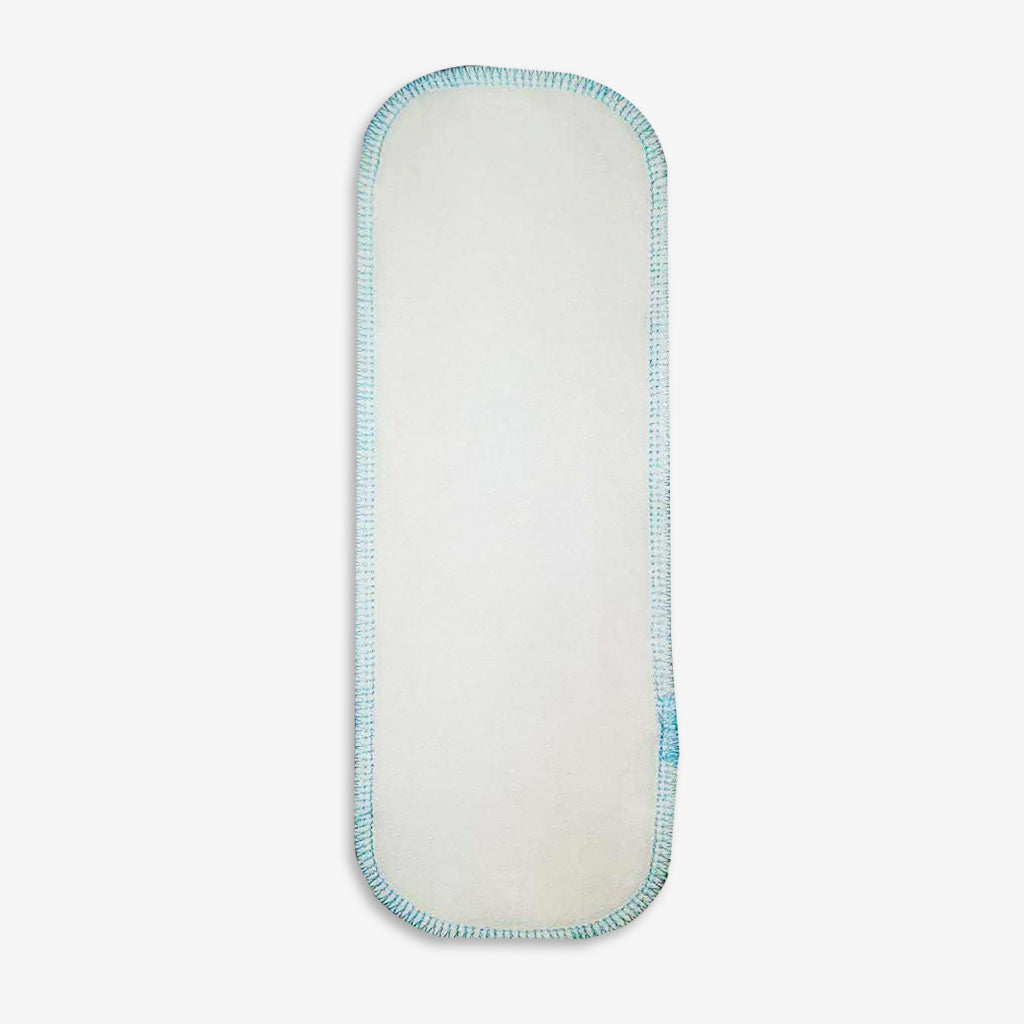• Introduction
• Winter Diapering Myths V/S Reality:
• Key Takeaways
• FAQs
• Message From SuperBottoms
• Reference Links
Babies' skin is susceptible and should be protected annually. Every season in India brings its own set of issues, and as parents, we must be aware of the changes and take precautions. Winters can be particularly harsh on a child's skin. And, if your child is still wearing disposable or cloth diapers, you must understand how to keep their skin from drying out and losing moisture.
Do you know that while we enjoy winter by soaking in the sun, eating delicious winter foods, and building our immunity, it is also essential to layer up newborns in warm winter essentials to protect them from the harsh weather?
But sometimes, a few things take a back seat during winter, either due to the cold weather or just because there is a need for more awareness and information about some cloth diaper myths that we believe in. Should cloth diapering be one such thing? Especially in a country like India, where the winters and temperatures range from mild to harsh. NO is the answer!
Winter Diapering Myths V/S Reality:
Let us try to understand why cloth diapering during winter is not preferred and debunk each cloth diaper myth one by one. Here you go!
|
Myth |
Truth |
|
Diapers cause more diaper rash in winter due to dry air. |
Proper hydration and moisturising can prevent dry skin. Use barrier creams and breathable baby cloth diapers to minimise irritation. Pay attention to skin care routines and keep the diaper area clean and dry to prevent diaper rash in winter. |
|
Babies should wear extra layers under diapers in winter. |
Over-bundling can lead to overheating and discomfort. To prevent overheating, dress babies in layers but avoid overdressing. Opt for breathable clothing like SuperBottoms Mulmul Jhabla and monitor body temperature to ensure comfort. |
|
Cloth diapers are too cold for winter use. |
Modern cloth diaper is designed to be breathable and can be layered with SuperBottoms Booster Pad for added warmth. It is as suitable as disposable diapers in winter. Choose fleece-lined or wool covers for extra insulation if needed. |
|
Babies don't need diaper changes as frequently in winter. |
Babies still need regular cloth diaper changes to prevent diaper rash and discomfort. Monitor for signs of wetness or soiling and change diapers promptly. Use absorbent diapers and consider overnight options, like SuperBottoms UNO Cloth Diaper, for longer stretches between changes. |
|
Using diaper creams isn't necessary during winter. |
Diaper creams are essential year-round to protect against moisture and irritation. Choose creams with natural ingredients to avoid harsh chemicals. Apply a thin layer of cream during diaper changes, especially before bedtime, to prevent dryness and chafing. |
|
Disposable diapers provide better insulation than cloth diapers in winter. |
Both disposable and baby cloth diapers offer adequate insulation when adequately layered. Disposable diapers may feel warmer initially but can become cold when wet, while the best cloth diapers in India allow for better airflow and moisture regulation. Use fleece or wool diaper covers with cloth diapers for warmth in colder weather. |
|
Wet washable cloth diapers freeze quickly in winter temperatures. |
While wet washable cloth diapers may feel colder in winter, they do not freeze instantly unless exposed to extremely low temperatures for prolonged periods. Change wet diapers promptly to prevent discomfort and exposure to cold. |
|
Wiping with cold wipes harms a baby's skin in winter. |
Cold wipes may feel uncomfortable momentarily but do not harm the skin. Warm XtraHydrating Wipes can be soothing, especially during washable cloth diapers changes in colder temperatures. Use a wipe warmer or hold wipes between your hands to warm them before use. |
|
It's unnecessary to check for signs of diaper rash in winter. |
Diaper rash can occur year-round and is not limited to any particular season. Look for redness, irritation, or signs of discomfort in the diaper area, and take steps to prevent and treat diaper rash as needed. |
|
Babies need fewer baths in winter to avoid dry skin. |
While frequent bathing can contribute to dry skin, regular baths are still crucial for hygiene. Use lukewarm water and mild, fragrance-free cleansers to avoid stripping the skin's natural oils. Follow up with a moisturiser to keep the baby's skin soft and hydrated. |
|
Limited Offers Ending Sooner - BUY NOW Now or never offers live on the SuperBottoms website. Take advantage of the never-before Good Value for Money on our offer page! Stock up on the bestselling UNO diapers, accessories and other popular SuperBottoms baby and mom products now available in deals and discounts. HURRY, the Deals are Live till stocks last! |
Cloth diapering is meant to reduce your stress as a parent, not add to it. Making a few alterations in diaper changing in winter, just like we do for ourselves by adding layers and blankets to the daily essentials, changing the washing cycle, and making a one-time investment, will make cloth diapering as easy in winter as in any other season.
KEY TAKEAWAYS
1. Reusable diapers are made from natural fibres such as wool, bamboo, etc. hence, there is no chance of skin irritation or rash.
2. Reusable diapers are available in different varieties in the market, such as Flats, Prefolds, Fitteds, Hybrids, All-in-Ones, and All-in-Twos.
3. The best cloth diapers in India are eco-friendly, comfortable, and pocket-friendly.
Frequently Asked Questions (FAQs):-
Q.1 Does a baby need extra layers under their diaper changing in winter?
Ans. It's essential not to over-bundle babies, as overheating can be a concern. Dress them in layers appropriate for the temperature to avoid discomfort.
Q.2 Can diapers cause cold in winter?
Ans. No, modern cloth diapers are designed to be breathable and can be layered with inserts for added warmth. They are as suitable as disposable diapers in winter.
Q.3 Do wet diapers freeze quickly in winter temperatures?
Ans. While wet diapers may feel colder in winter, they do not freeze instantly unless exposed to extremely low temperatures for prolonged periods.
Message From SuperBottoms
Hi there, new parents! No matter where you are around the world or in India, SuperBottoms ensures your kids are using the best and safest products. SuperBottoms offers the best cloth diapers, which are completely safe and gentle for your baby, DryFeel langots for diaper-free time, padded underwear for potty training your kids, and period underwear for women. These products suit your baby's delicate skin at any time of year. SuperBottoms is a must-have product for you and your child whether you live in Canada, Kuwait, the United States, Qatar, Hawaii, Bahrain, Armenia, the United Arab Emirates, or the Philippines. SuperBottoms products are also available on Amazon, Myntra, Flipkart, FirstCry, Zepto, Swiggy and Blinkit.

